Shows
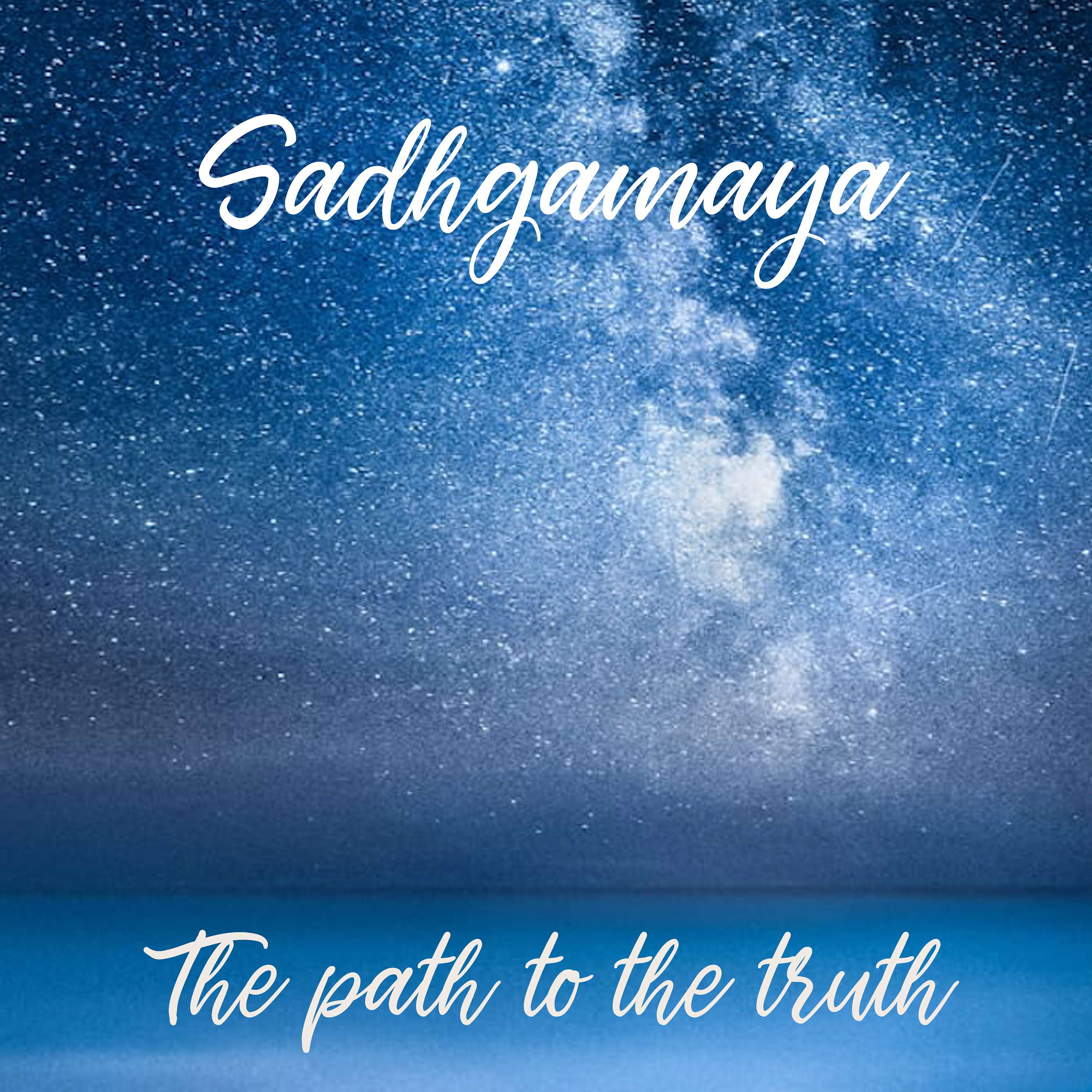 Malti Johari's PodcastKavya Veethiyan and AntardhwaniyanThis Episode contains two books of the author Malti Johari. Kavya Veethiyan are poems relating to nature, mind, God, politics, karma, and dharma.Antardhwaniyan also has some poems that reflect the inner voice of the author. Some poems relate to different emotions and also on death. 2020-07-2018 min
Malti Johari's PodcastKavya Veethiyan and AntardhwaniyanThis Episode contains two books of the author Malti Johari. Kavya Veethiyan are poems relating to nature, mind, God, politics, karma, and dharma.Antardhwaniyan also has some poems that reflect the inner voice of the author. Some poems relate to different emotions and also on death. 2020-07-2018 min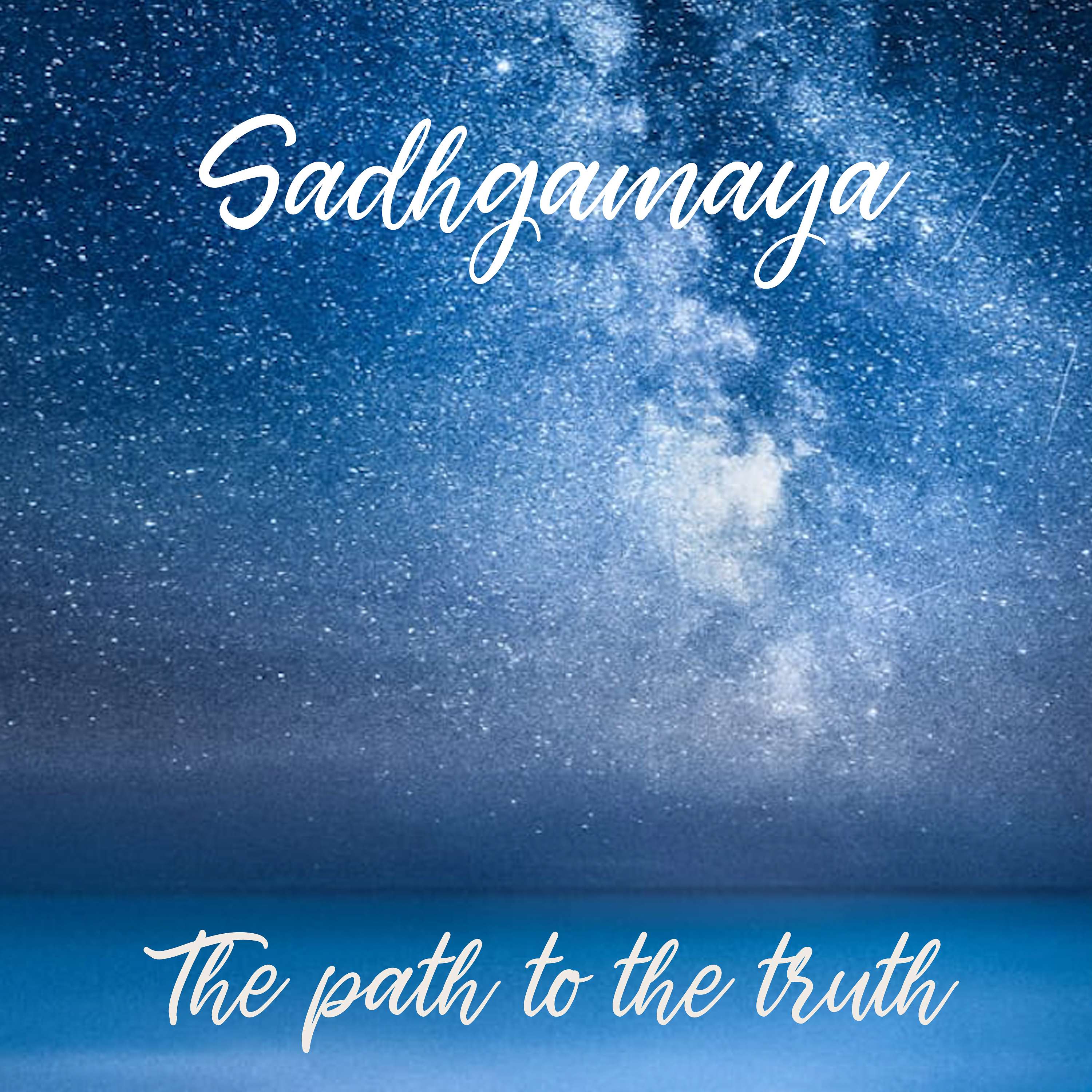 Malti Johari's PodcastMannan ke KshanIn this Episode the book of the author, Malti Johari, that contains thought provoking one liners.2020-07-2009 min
Malti Johari's PodcastMannan ke KshanIn this Episode the book of the author, Malti Johari, that contains thought provoking one liners.2020-07-2009 min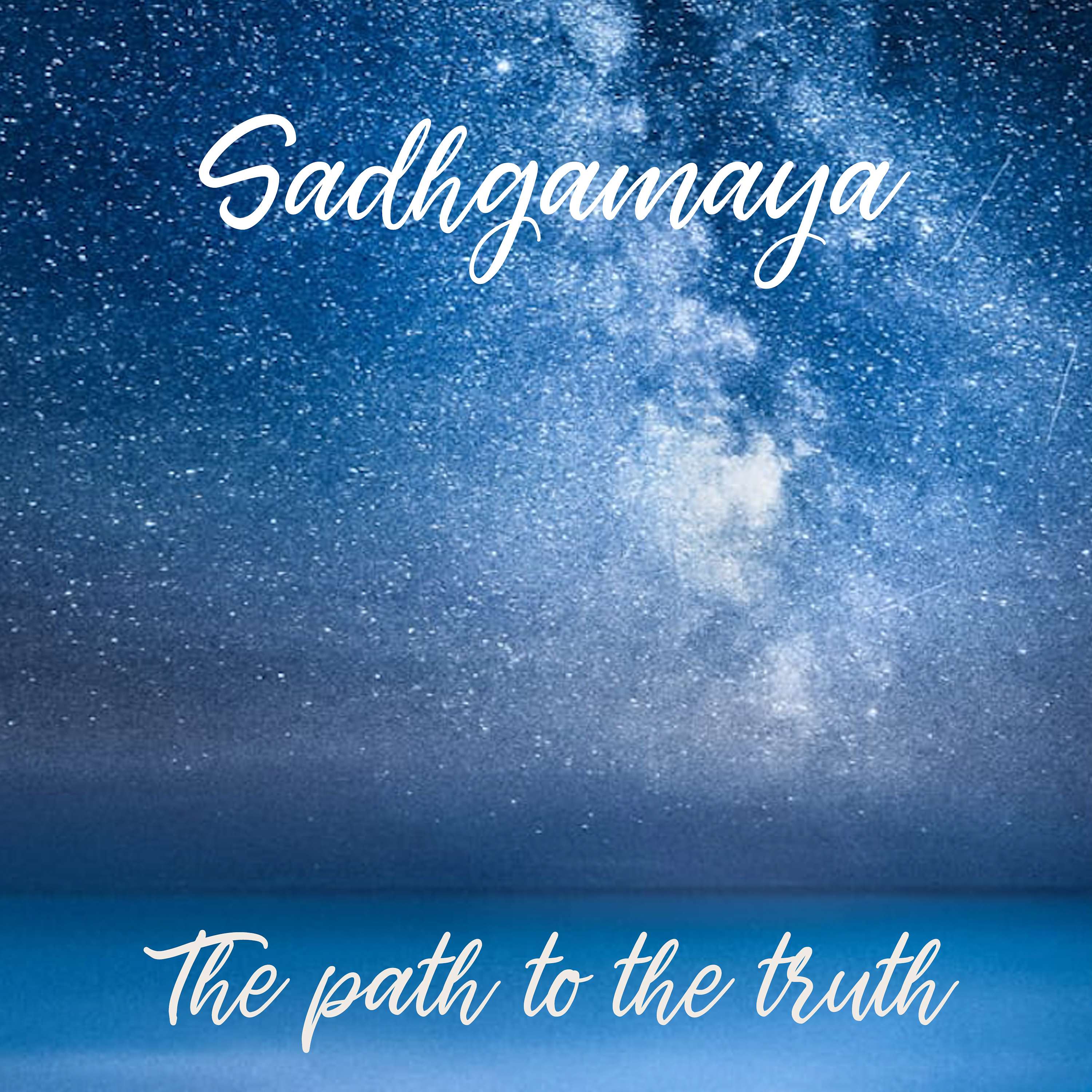 Malti Johari's PodcastVichar Tarangen: Thought WavesThis Episode contains some thoughts of the Author, Malti Johari, in prose.These are thoughts relating to nature, behaviour of people, thoughts on characters in mythology and Indian epics like the Mahabharata and some small and big events in life.2020-07-1919 min
Malti Johari's PodcastVichar Tarangen: Thought WavesThis Episode contains some thoughts of the Author, Malti Johari, in prose.These are thoughts relating to nature, behaviour of people, thoughts on characters in mythology and Indian epics like the Mahabharata and some small and big events in life.2020-07-1919 min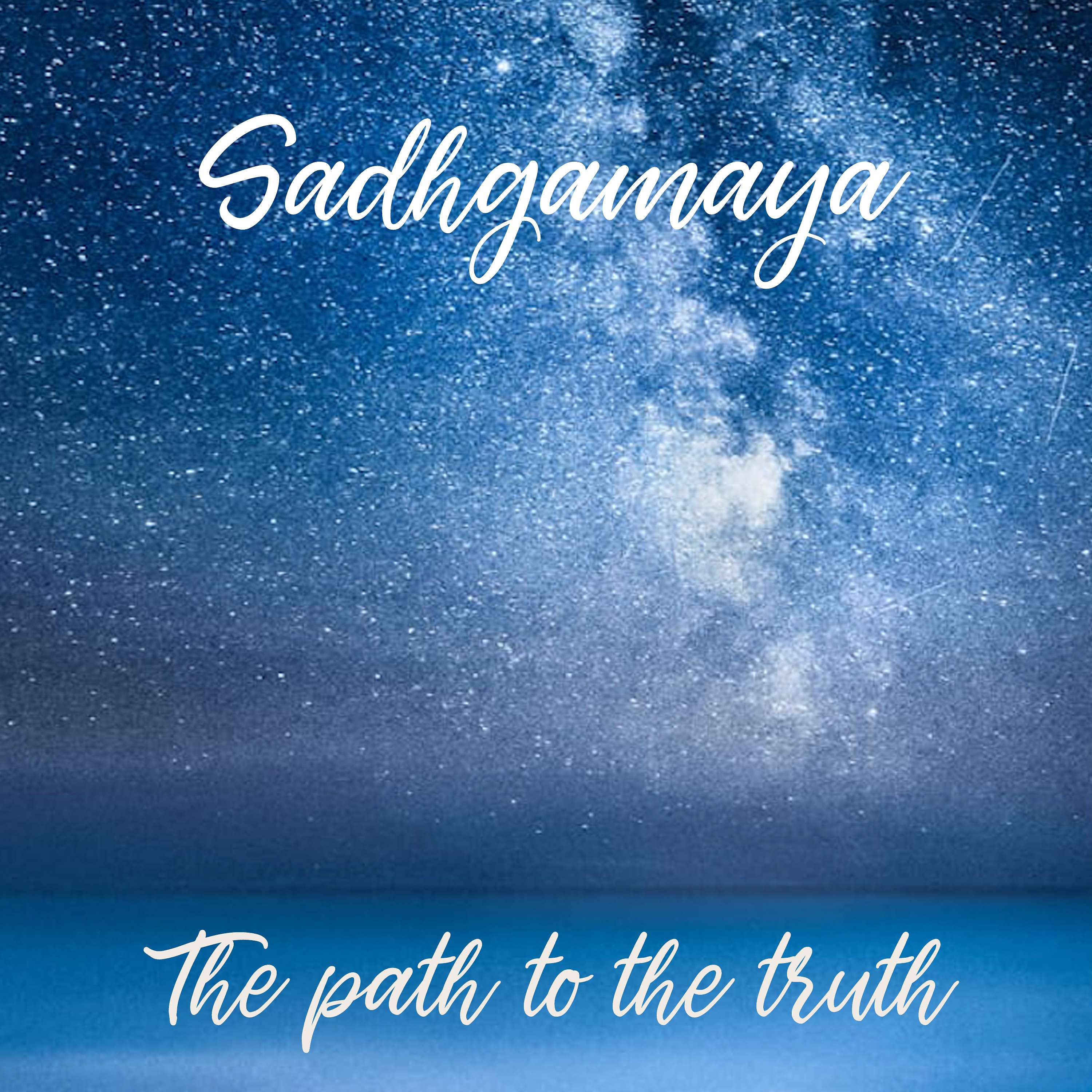 Malti Johari's Podcast11. Zen Haikus: at the time of deathIn this Episode the Zen Haikus of Soko, Soriyu, Takuchi, Sunaw, Sukoku, Tanko, Tambo, Wakiyu, and Yaohiko have been narrated.The Zen saints say that once our work in this life is completed we move on to another life. The Master says that each person has to learn on their own, so at the time of death the Master is in peace. When death comes as a guest to my house, I am ready to welcome it with open arms. Life is a mirror and we should learn from the reflection. The...2020-07-1520 min
Malti Johari's Podcast11. Zen Haikus: at the time of deathIn this Episode the Zen Haikus of Soko, Soriyu, Takuchi, Sunaw, Sukoku, Tanko, Tambo, Wakiyu, and Yaohiko have been narrated.The Zen saints say that once our work in this life is completed we move on to another life. The Master says that each person has to learn on their own, so at the time of death the Master is in peace. When death comes as a guest to my house, I am ready to welcome it with open arms. Life is a mirror and we should learn from the reflection. The...2020-07-1520 min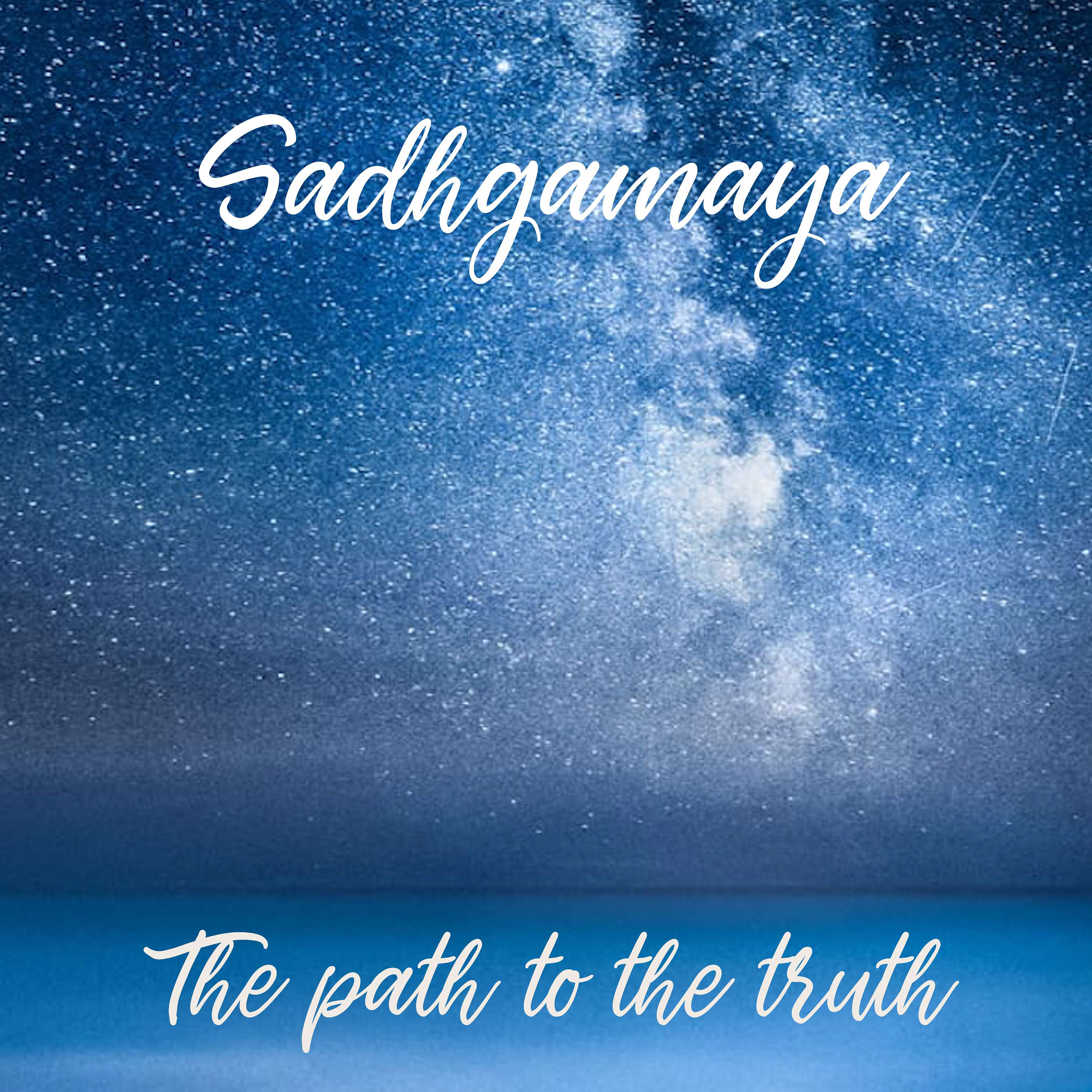 Malti Johari's Podcast10. Zen Haikus: at the time of deathIn this Episode the Zen Haikus of Rayshi, Retsu Zan, Ryokan, Saikaku, Senryu, Setsudo, Sharyu, Shei, Shokai, Shizan, Shogetsu, And Shogo have been narrated. The Zen saints at the time of death have expressed their deep understanding of life and death. They say that just as a frog hibernates and comes back, or as we change our old clothes for new, similarly in death we leave our this body and come back in another. Life is a constant change, and death is also a change. They say that just as in life wevsay that this mome...2020-07-1517 min
Malti Johari's Podcast10. Zen Haikus: at the time of deathIn this Episode the Zen Haikus of Rayshi, Retsu Zan, Ryokan, Saikaku, Senryu, Setsudo, Sharyu, Shei, Shokai, Shizan, Shogetsu, And Shogo have been narrated. The Zen saints at the time of death have expressed their deep understanding of life and death. They say that just as a frog hibernates and comes back, or as we change our old clothes for new, similarly in death we leave our this body and come back in another. Life is a constant change, and death is also a change. They say that just as in life wevsay that this mome...2020-07-1517 min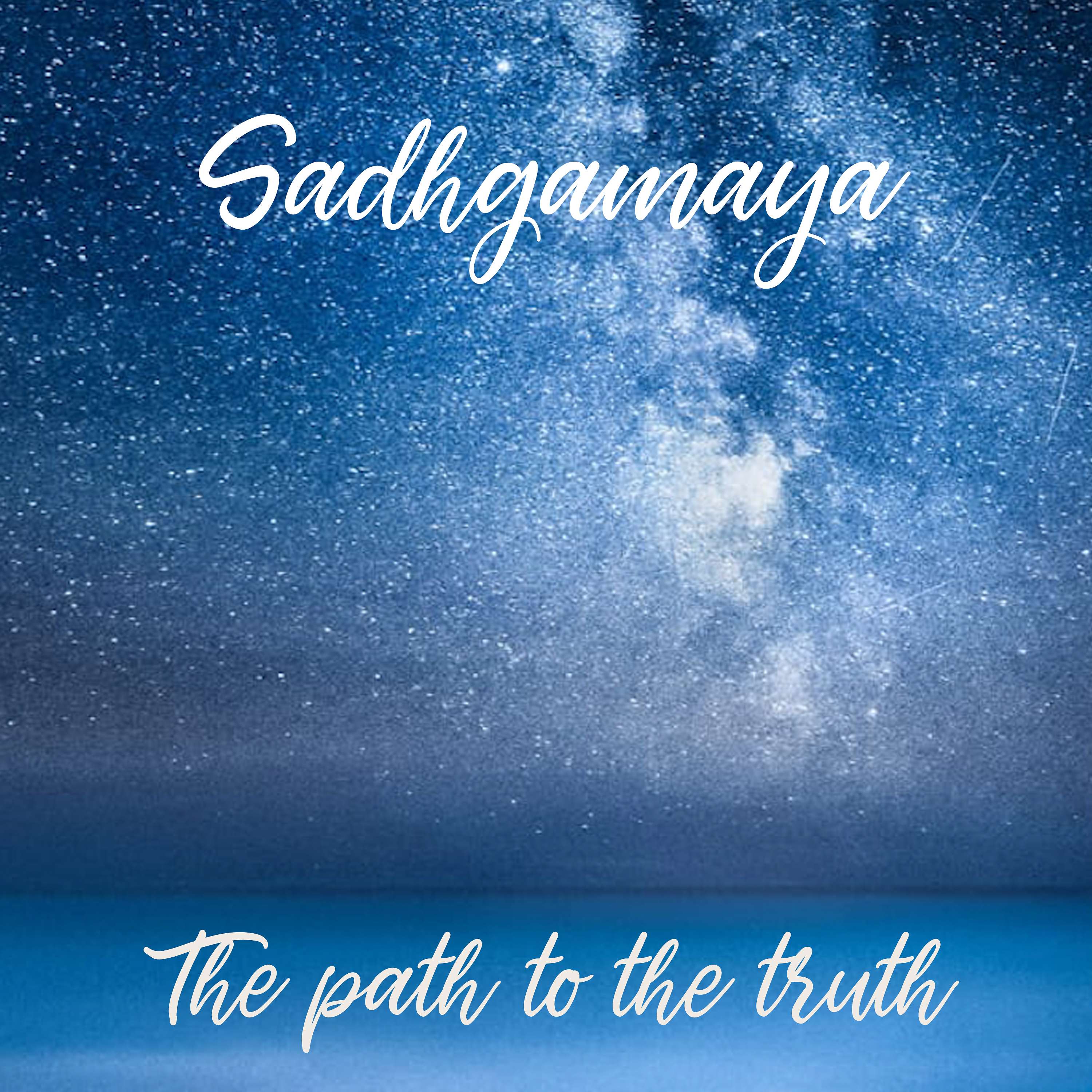 Malti Johari's Podcast9. Zen Haikus: at the time of deathIn this Episode the Zen Haikus of Toko, Ta Hui, Kasho, Koho Kenichi, Ikieu Sojun, Hoshin, Dokyo Etan, Ani Benon, Basui Tokuso, Derin Soto, Kenju, Kibai, Koha, Kyokusai, Kozan, Kyoshu, Masahyde, and Mokuku have been narrated.They state that there are no rules or compulsions in Zen philosophy, and even the writing of the Haikus at the time of death is not necessary. They state we have led our lives, and the student can learn from our lives while we are alive and learn by her/his own experience too. It all depends on the individual. The m...2020-07-1314 min
Malti Johari's Podcast9. Zen Haikus: at the time of deathIn this Episode the Zen Haikus of Toko, Ta Hui, Kasho, Koho Kenichi, Ikieu Sojun, Hoshin, Dokyo Etan, Ani Benon, Basui Tokuso, Derin Soto, Kenju, Kibai, Koha, Kyokusai, Kozan, Kyoshu, Masahyde, and Mokuku have been narrated.They state that there are no rules or compulsions in Zen philosophy, and even the writing of the Haikus at the time of death is not necessary. They state we have led our lives, and the student can learn from our lives while we are alive and learn by her/his own experience too. It all depends on the individual. The m...2020-07-1314 min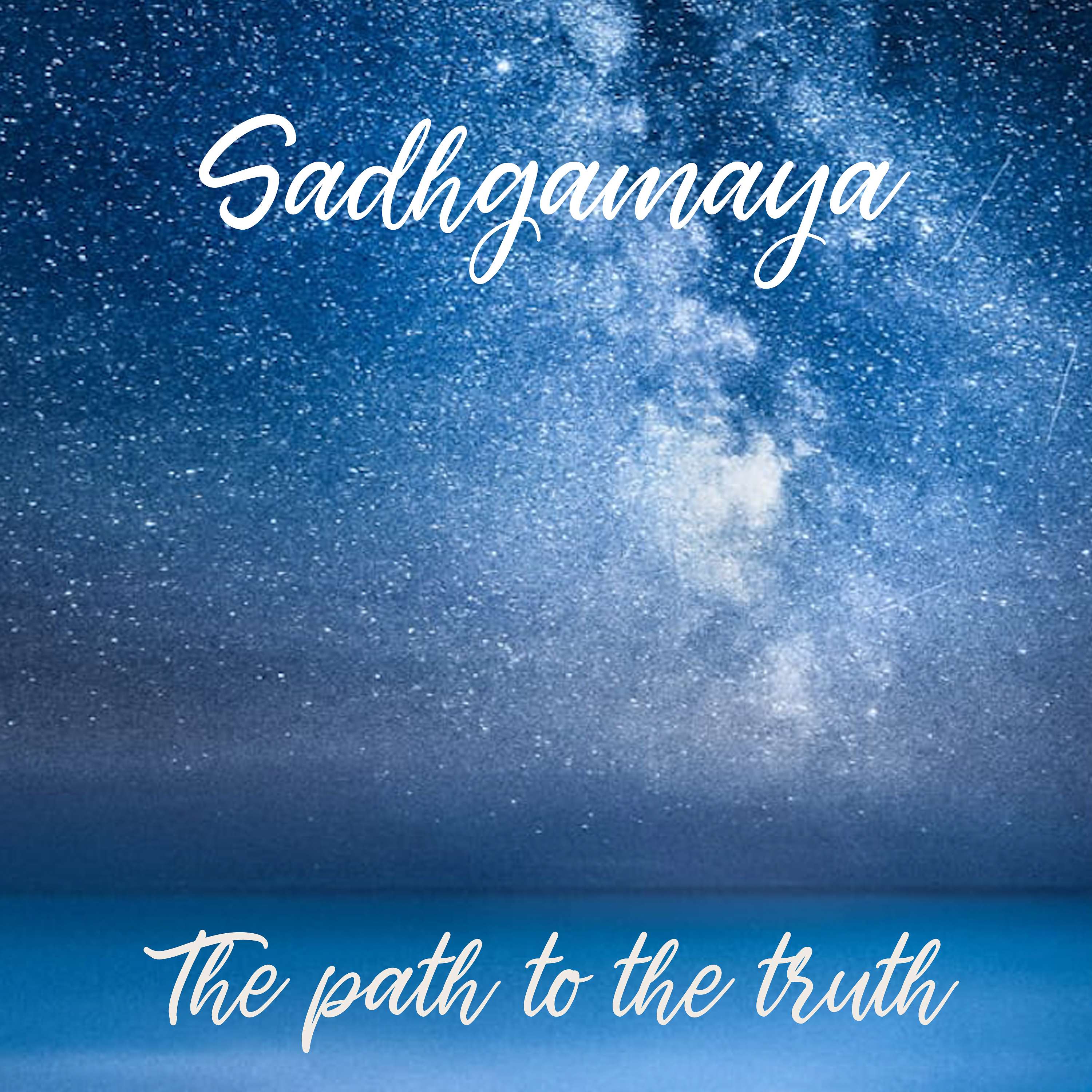 Malti Johari's Podcast8. Zen Haikus: at the time of deathIn this Episode the Zen Haikus of Hanari, Hakun, Hakurin, Fusen, Fuwa, Gimaye, Daibi, Ensai, Enshee, Chaien, Choree, Barseiki, Basho, Baika, Shunoku Soan, Bainen, and Tosui Ankai have been narrated. The Zen saints at the time of death through their Haikus have provided the wisdom of the circle of life and death. They believe in the concept of re-birth and state that in every birth we receive the fruits of our karma of the previous births. The Haikus also provide an insight into life. They say that life is like the Hydrangea flower that changes col...2020-07-1119 min
Malti Johari's Podcast8. Zen Haikus: at the time of deathIn this Episode the Zen Haikus of Hanari, Hakun, Hakurin, Fusen, Fuwa, Gimaye, Daibi, Ensai, Enshee, Chaien, Choree, Barseiki, Basho, Baika, Shunoku Soan, Bainen, and Tosui Ankai have been narrated. The Zen saints at the time of death through their Haikus have provided the wisdom of the circle of life and death. They believe in the concept of re-birth and state that in every birth we receive the fruits of our karma of the previous births. The Haikus also provide an insight into life. They say that life is like the Hydrangea flower that changes col...2020-07-1119 min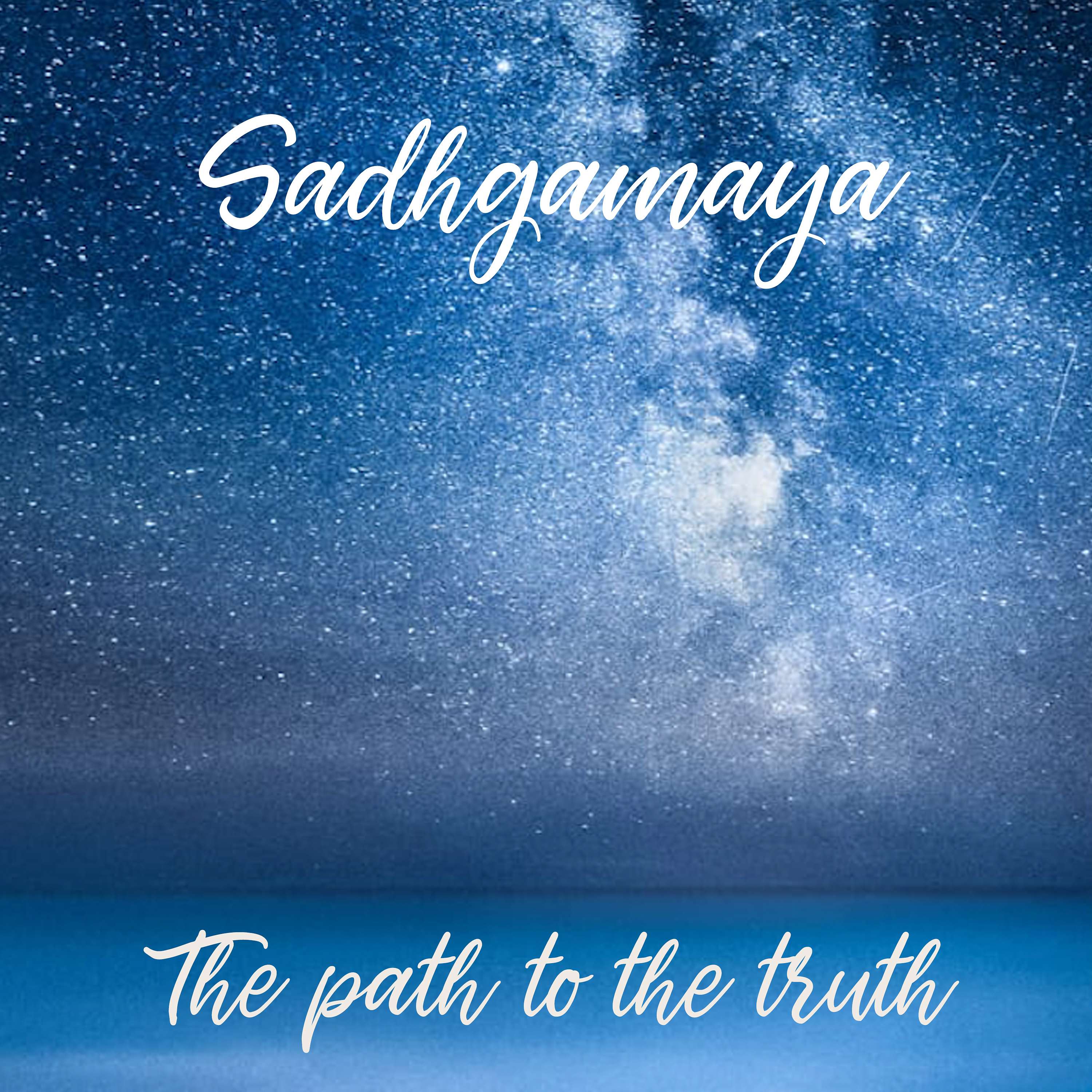 Malti Johari's Podcast7. Zen Haikus: at the time of deathIn this Episode Haikus written by Zen saints at the time of death has been narrated. It is a tradition in Zen philosophy to write a Haiku at the time of death. The Haikus of Hakuro, Hakusai, Hakuto, Hamai, Hemon, Hankai, Hokusai, Mumon Gensen, Songai Gibbon, Seagun Sai, Shumpo Soaki, Goshu, and Gozan have been translated in Hindi. The Zen saints emphasize that there is no need to follow any words said by the saints, one needs to find one's own path. They state that life goes even after death and it makes no difference to anyone if...2020-07-1018 min
Malti Johari's Podcast7. Zen Haikus: at the time of deathIn this Episode Haikus written by Zen saints at the time of death has been narrated. It is a tradition in Zen philosophy to write a Haiku at the time of death. The Haikus of Hakuro, Hakusai, Hakuto, Hamai, Hemon, Hankai, Hokusai, Mumon Gensen, Songai Gibbon, Seagun Sai, Shumpo Soaki, Goshu, and Gozan have been translated in Hindi. The Zen saints emphasize that there is no need to follow any words said by the saints, one needs to find one's own path. They state that life goes even after death and it makes no difference to anyone if...2020-07-1018 min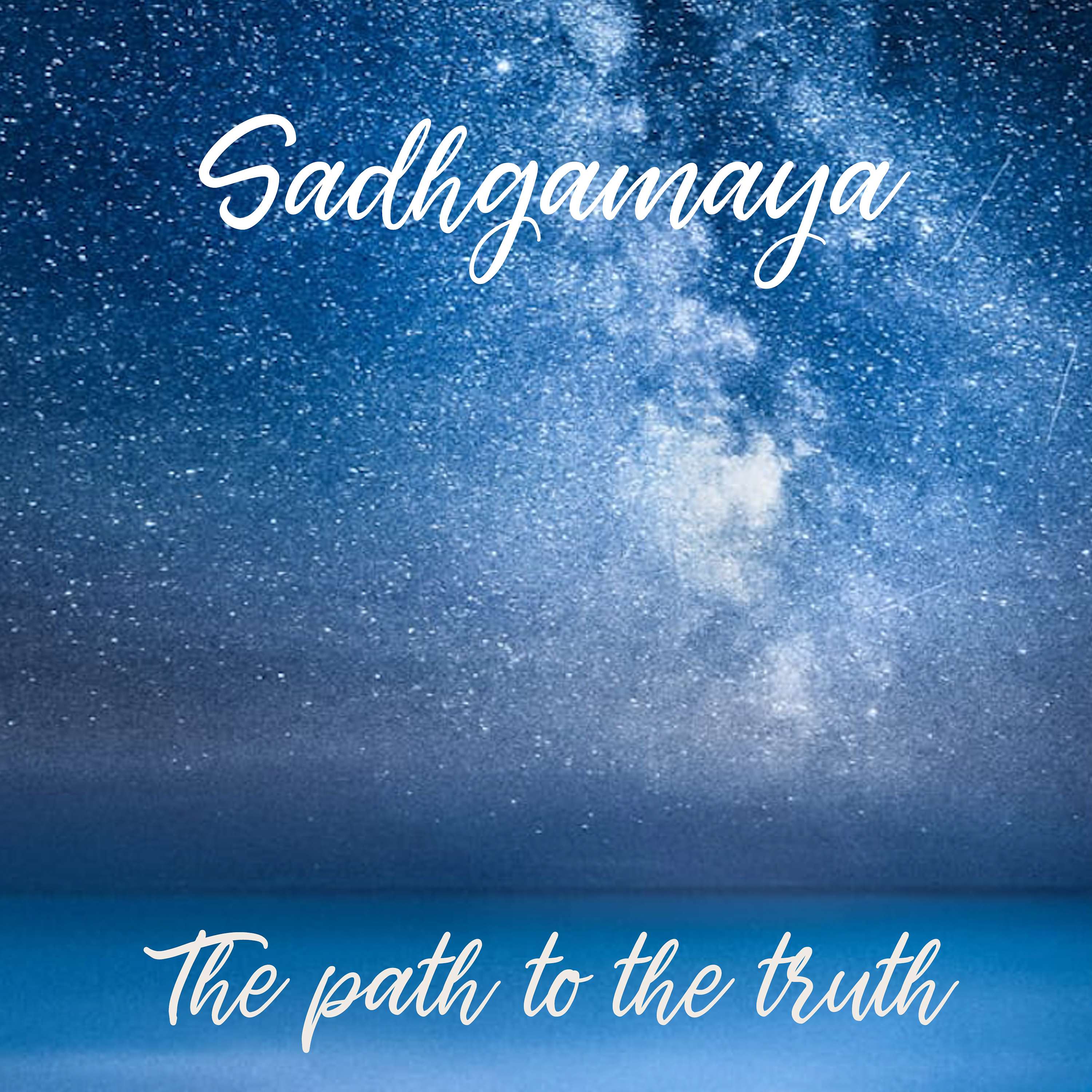 Malti Johari's Podcast6. Zen HaikusIn this Episode the Haikus of Soseki, Gido, Isho, and Ryushu have been narrated. One needs to be an Observer to reach in a Zen state of being. True wisdom comes from being a mere observer or witness, without the chatter of the mind.To walk on spiritual path, we need to know ourselves - who am I? To understand who we are, we need to first forget ourselves, that is, forget our ego, our separate entity, and know that we are all one. We should not discriminate against anyone. We realise that others are l...2020-07-0817 min
Malti Johari's Podcast6. Zen HaikusIn this Episode the Haikus of Soseki, Gido, Isho, and Ryushu have been narrated. One needs to be an Observer to reach in a Zen state of being. True wisdom comes from being a mere observer or witness, without the chatter of the mind.To walk on spiritual path, we need to know ourselves - who am I? To understand who we are, we need to first forget ourselves, that is, forget our ego, our separate entity, and know that we are all one. We should not discriminate against anyone. We realise that others are l...2020-07-0817 min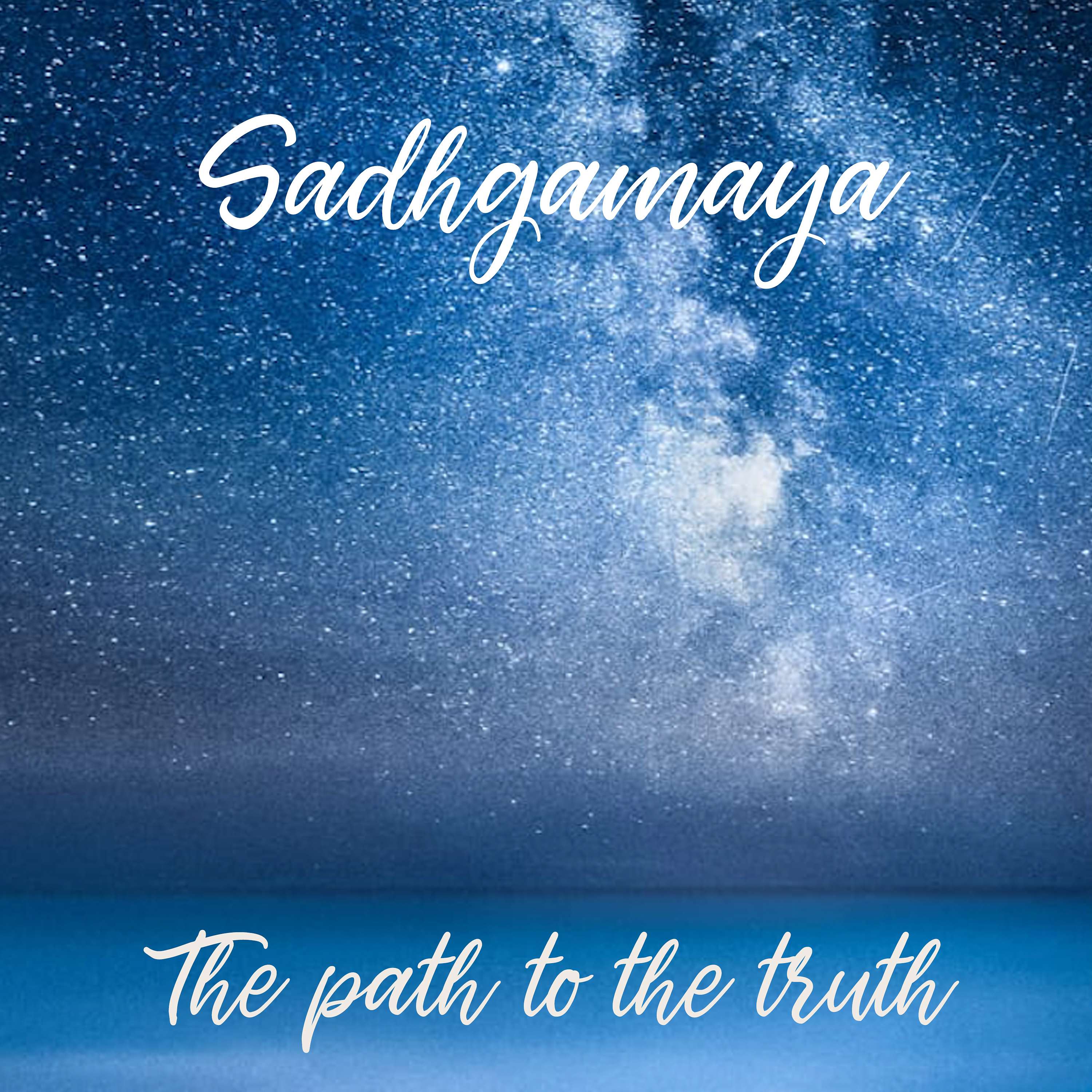 Malti Johari's Podcast5. Zen HaikusIn this Episode the Haikus of Tetsuan, Ryushu, Isho, Su Tung Po, and Sekiso, have been narrated.The Haikus explain that each person is unique and the way of living is also unique. The Zen Masters guide their students in their own unique ways as per their own experience. They do not teach from any scriptures or books, but teach through their experiences and their living styles. The student has to find his own path. 2020-07-0816 min
Malti Johari's Podcast5. Zen HaikusIn this Episode the Haikus of Tetsuan, Ryushu, Isho, Su Tung Po, and Sekiso, have been narrated.The Haikus explain that each person is unique and the way of living is also unique. The Zen Masters guide their students in their own unique ways as per their own experience. They do not teach from any scriptures or books, but teach through their experiences and their living styles. The student has to find his own path. 2020-07-0816 min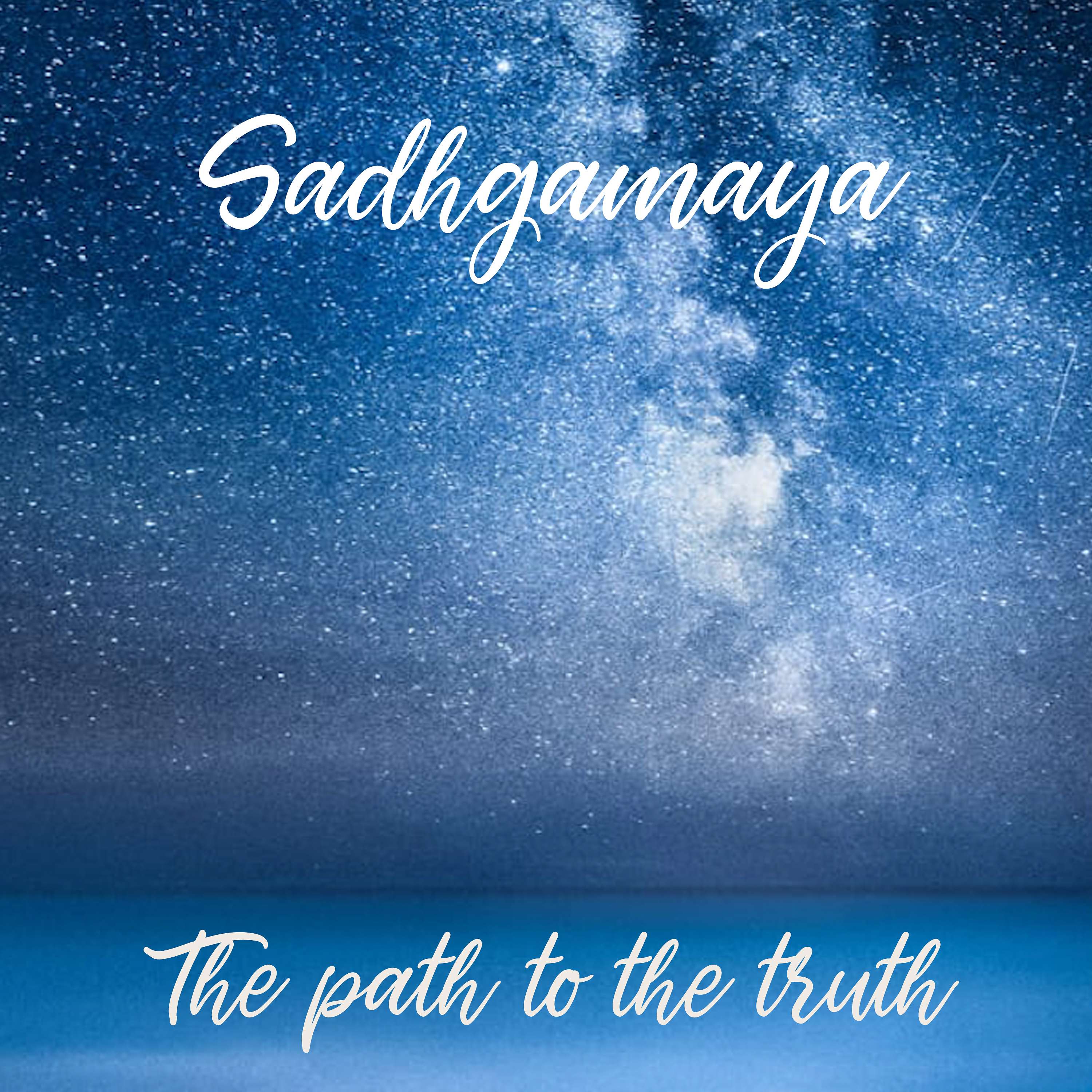 Malti Johari's Podcast4. Zen HaikusIn this Episode Zen Haikus by Ryokan, Shiki, Hokushi, Issa, Choshu, Ryota, and Hoitsu have been narrated. Some words used in Zen Haikus have become a depiction of a certain meaning. For example, "ice" is a depiction of transparency and cleanliness, "water" is a depiction of peace and tranquility, the "moon" is a depiction of coolness and acceptance, "white flowers" are used for peace and "red flowers" for happiness, the "firefly" and the "morning glory" depicts the shortness of life, etc. The Zen Masters have used these words in their Haikus to reflect and depict su...2020-07-0816 min
Malti Johari's Podcast4. Zen HaikusIn this Episode Zen Haikus by Ryokan, Shiki, Hokushi, Issa, Choshu, Ryota, and Hoitsu have been narrated. Some words used in Zen Haikus have become a depiction of a certain meaning. For example, "ice" is a depiction of transparency and cleanliness, "water" is a depiction of peace and tranquility, the "moon" is a depiction of coolness and acceptance, "white flowers" are used for peace and "red flowers" for happiness, the "firefly" and the "morning glory" depicts the shortness of life, etc. The Zen Masters have used these words in their Haikus to reflect and depict su...2020-07-0816 min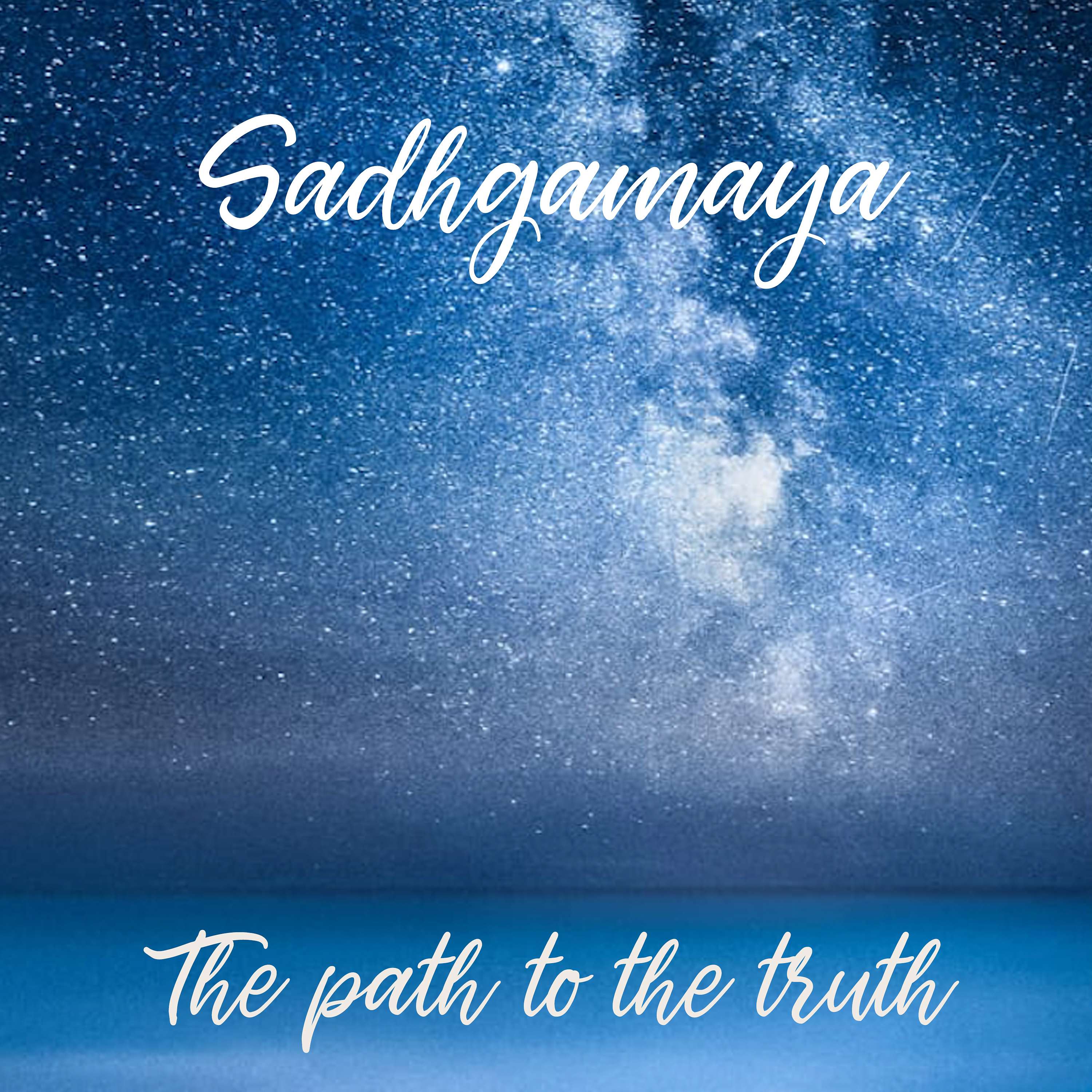 Malti Johari's Podcast3. Zen HaikusIn this Episode Haikus by different Zen Masters has been narrated. The Zen Masters whose Haikus have been narrated are: Nangaku, Chi Hsien, Kanzan, Takuan, Ikkyu, Soseki, Ryokan, and Daio. They all have said that the Zen Master is there just to help the student remain conscious and in a state of no mind. For that the Zen Master uses different methods to help the student back on track. The student has to suddenly stop, to remove his mind, and remain in that state of being. 2020-07-0815 min
Malti Johari's Podcast3. Zen HaikusIn this Episode Haikus by different Zen Masters has been narrated. The Zen Masters whose Haikus have been narrated are: Nangaku, Chi Hsien, Kanzan, Takuan, Ikkyu, Soseki, Ryokan, and Daio. They all have said that the Zen Master is there just to help the student remain conscious and in a state of no mind. For that the Zen Master uses different methods to help the student back on track. The student has to suddenly stop, to remove his mind, and remain in that state of being. 2020-07-0815 min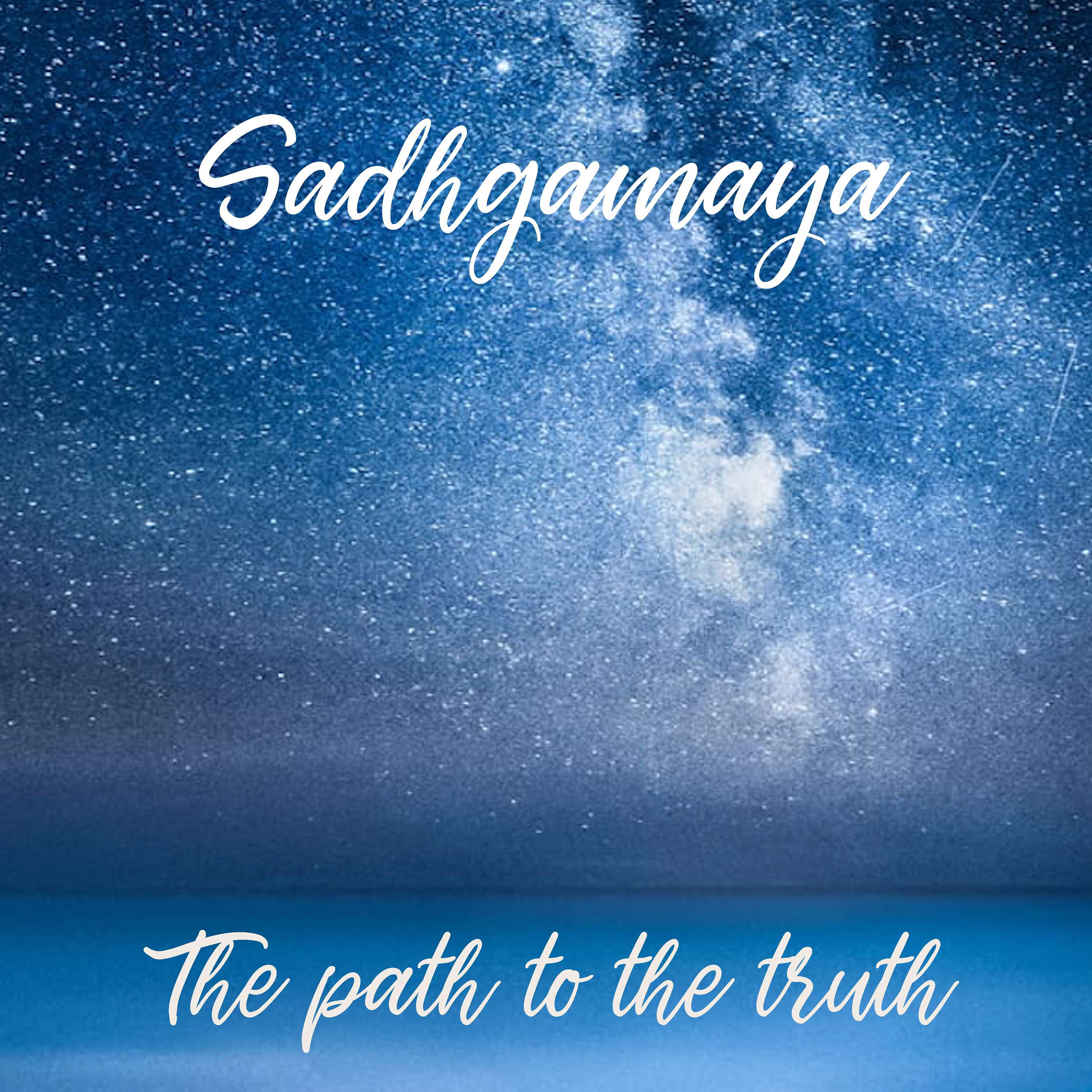 Malti Johari's Podcast2. Zen HaikusIn this Episode Haikus by Basho have been narrated. Basho was from Japan. Though he never became a Zen Master, his lifestyle was that of the Zen Masters. His poems, that is Haikus, are a reflection of his deep understanding of Zen philosophy.It is interesting to note that Zen philosophy is similar to Shiv Sutra or Vigyan Bhairav Tantra, in which Lord Shiva explains to Parvati, 112 methods of remaining alert and conscious all the time in our daily lives.2020-07-0815 min
Malti Johari's Podcast2. Zen HaikusIn this Episode Haikus by Basho have been narrated. Basho was from Japan. Though he never became a Zen Master, his lifestyle was that of the Zen Masters. His poems, that is Haikus, are a reflection of his deep understanding of Zen philosophy.It is interesting to note that Zen philosophy is similar to Shiv Sutra or Vigyan Bhairav Tantra, in which Lord Shiva explains to Parvati, 112 methods of remaining alert and conscious all the time in our daily lives.2020-07-0815 min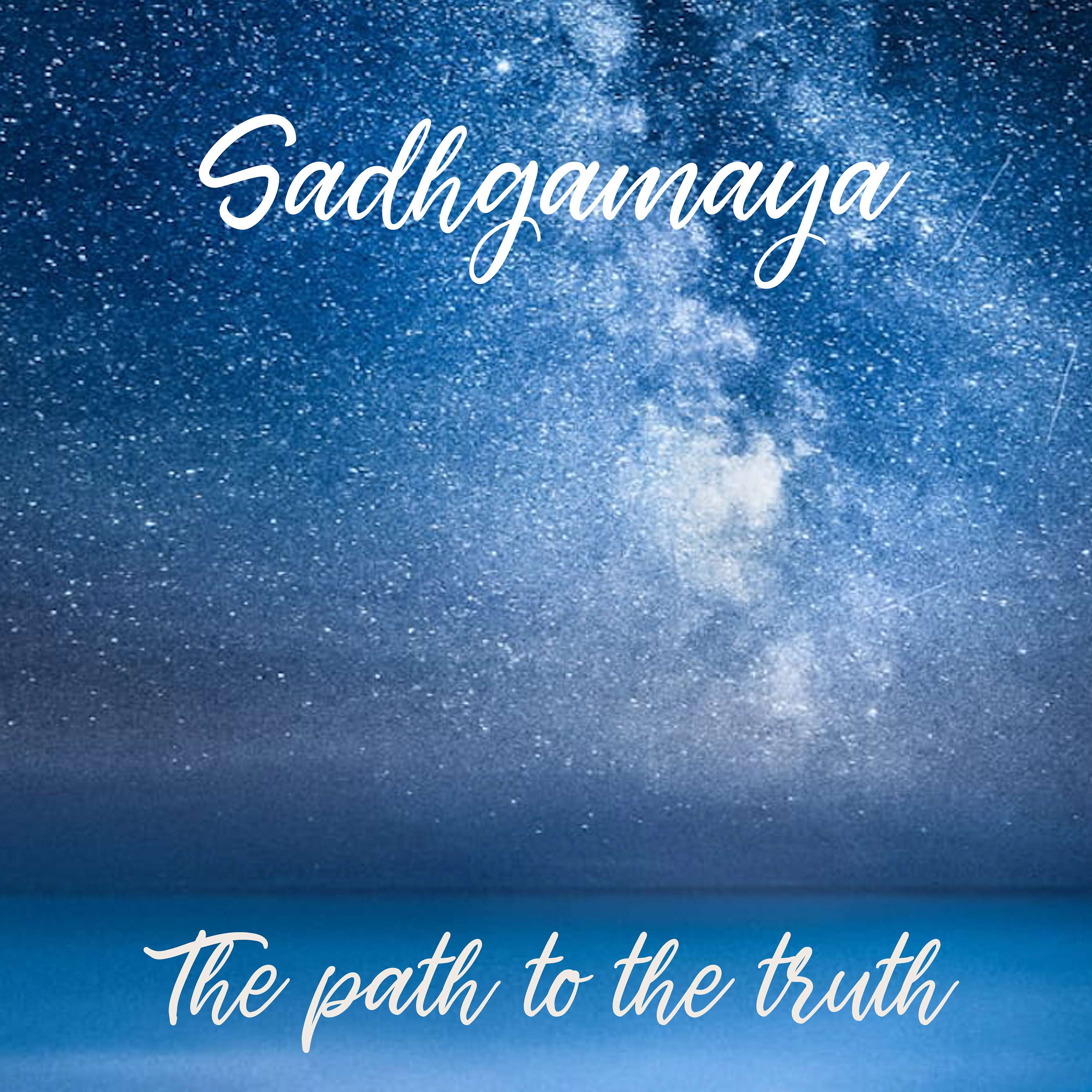 Malti Johari's Podcast1. Zen HaikuZen philosophy is a part Buddhism. Buddha's follower, Mahakshyap's disciple, Bodhidharma, went to China to spread Buddhism. However, the Tao philosophy was already prevalent in China. So, the Zen philosophy is a mix of Taoism and Buddhism. Zen philosophy believes that the world is perfect the way it is, and we don't need to change it. We should be grateful and compassionate, and lead life playfully. Zen philosophy is about living in the present moment, to be an observer, and not to bring any thoughts or judgments in the mind about what is being observed. Its say o...2020-07-0219 min
Malti Johari's Podcast1. Zen HaikuZen philosophy is a part Buddhism. Buddha's follower, Mahakshyap's disciple, Bodhidharma, went to China to spread Buddhism. However, the Tao philosophy was already prevalent in China. So, the Zen philosophy is a mix of Taoism and Buddhism. Zen philosophy believes that the world is perfect the way it is, and we don't need to change it. We should be grateful and compassionate, and lead life playfully. Zen philosophy is about living in the present moment, to be an observer, and not to bring any thoughts or judgments in the mind about what is being observed. Its say o...2020-07-0219 min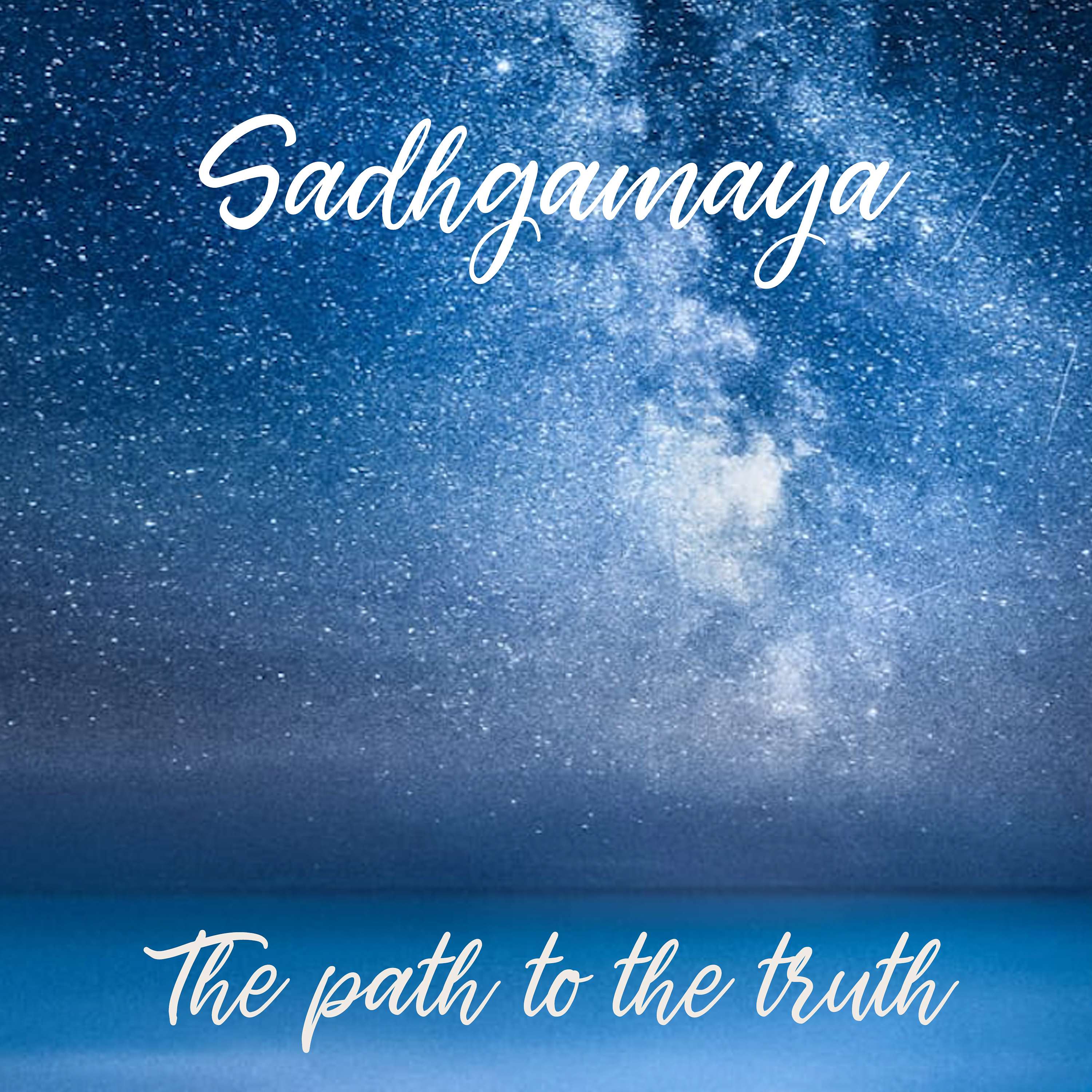 Malti Johari's Podcast10. Upanishad SangrhaThis is the concluding Episode of the Kathopnishad, the dialogue between Nachiket and Yamraj.Yamraj explains to Nachiket that we need use our senses and mind to look within to know our soul. Once we understand the soul, we know that God and the soul are one and the same thing, like light and shadow, that cannot be separated. Yamraj then explains that in this life, whatever work we have done and the knowldege we have gained, through our body and mind, according to that karma, the soul needs to take re-birth after death. He e...2020-06-2820 min
Malti Johari's Podcast10. Upanishad SangrhaThis is the concluding Episode of the Kathopnishad, the dialogue between Nachiket and Yamraj.Yamraj explains to Nachiket that we need use our senses and mind to look within to know our soul. Once we understand the soul, we know that God and the soul are one and the same thing, like light and shadow, that cannot be separated. Yamraj then explains that in this life, whatever work we have done and the knowldege we have gained, through our body and mind, according to that karma, the soul needs to take re-birth after death. He e...2020-06-2820 min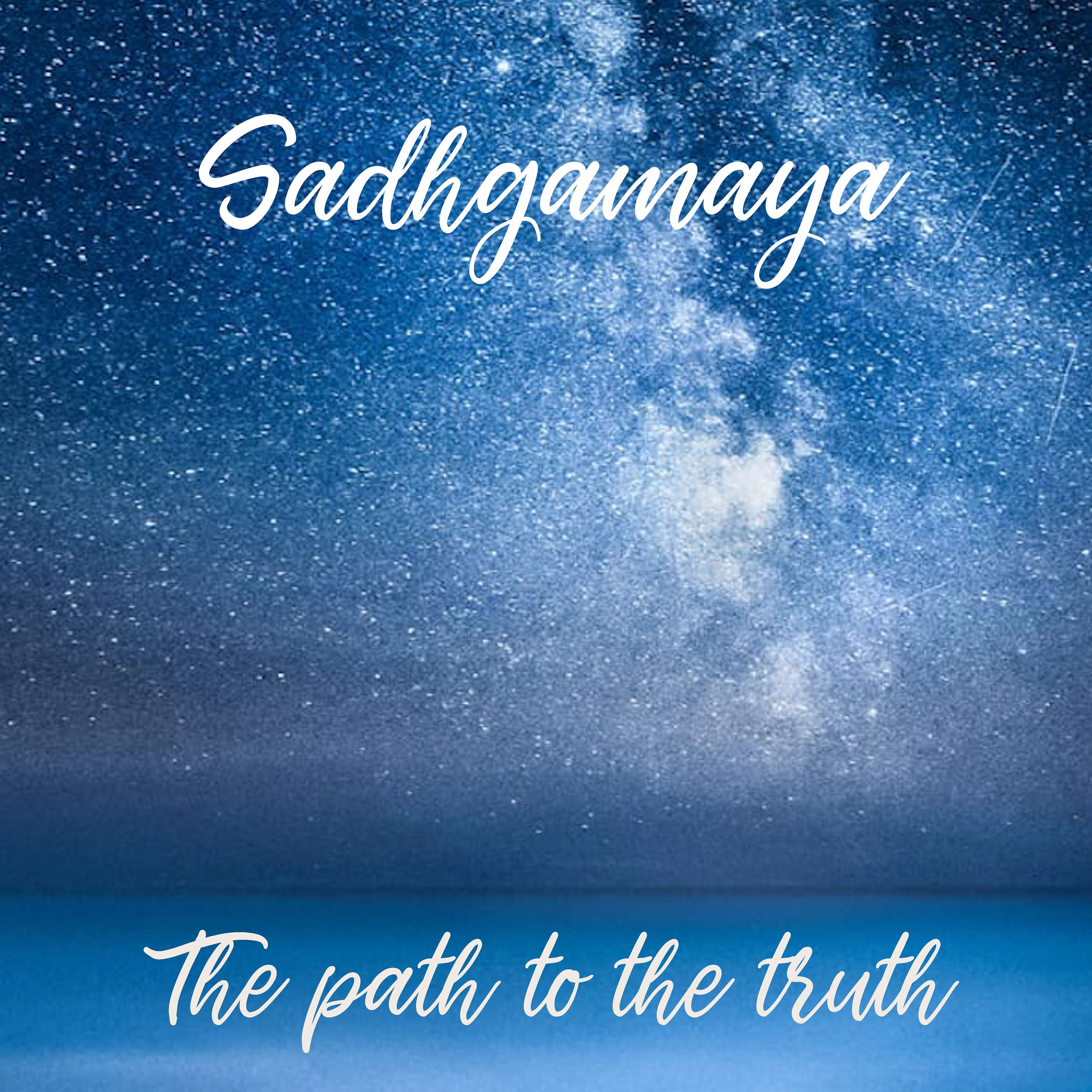 Malti Johari's Podcast9. Upanishad SangrhaIn this second part of the Kathopnishad, the story of Nachiket and Yamraj continues.Yama tells Nachiket that even the deities (devtas) cannot understand what happens after death. He begs Nachiket to ask for something else. However, Nachiket does not agree. So, Yama offers other things to him, including all the wealth, comforts, etc. of the world, and even offers to allow him to live in Heaven for ever. But, Nachiket is not interested in any of those. He tells Yama, that he being the God of Death is the only one who can answer the question...2020-06-2821 min
Malti Johari's Podcast9. Upanishad SangrhaIn this second part of the Kathopnishad, the story of Nachiket and Yamraj continues.Yama tells Nachiket that even the deities (devtas) cannot understand what happens after death. He begs Nachiket to ask for something else. However, Nachiket does not agree. So, Yama offers other things to him, including all the wealth, comforts, etc. of the world, and even offers to allow him to live in Heaven for ever. But, Nachiket is not interested in any of those. He tells Yama, that he being the God of Death is the only one who can answer the question...2020-06-2821 min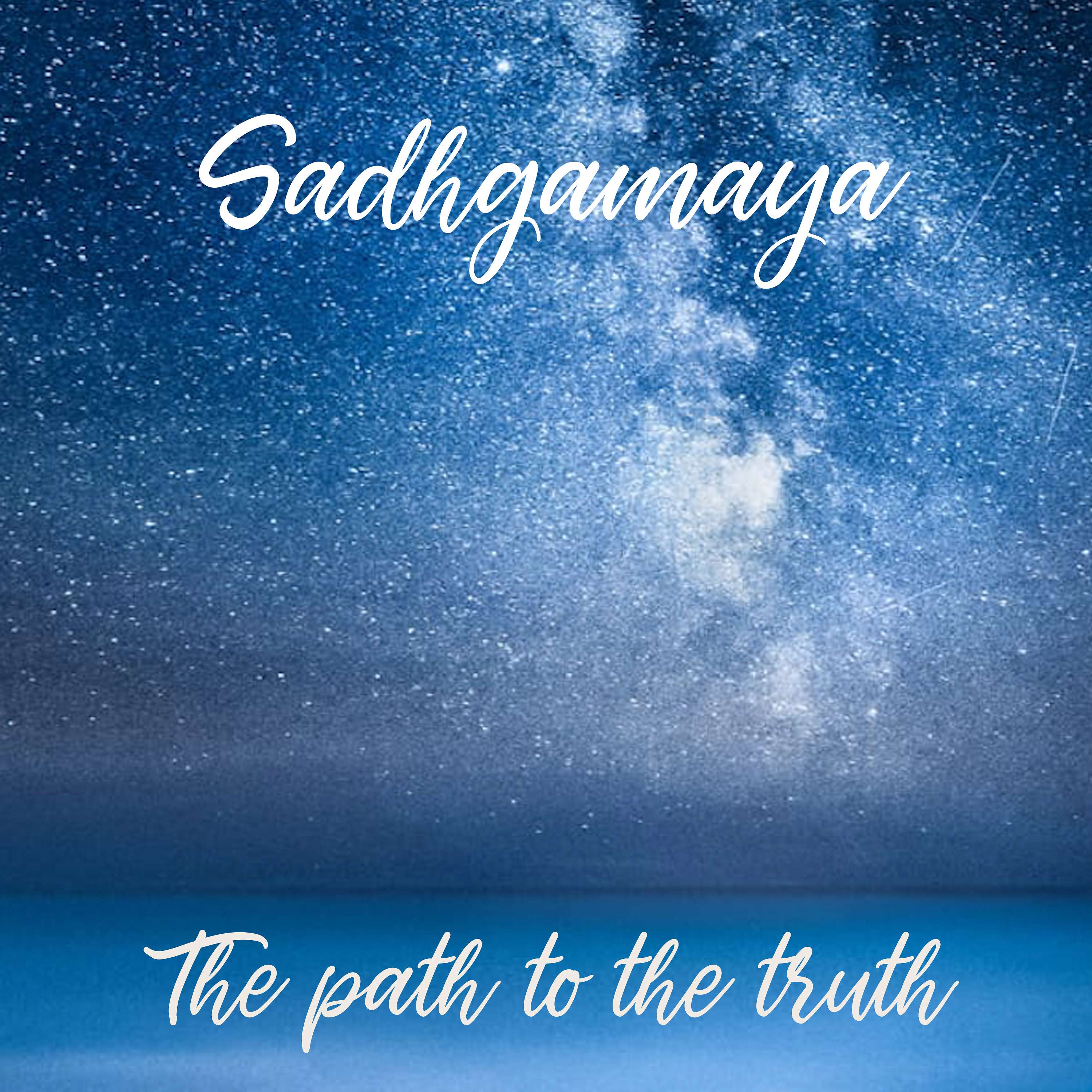 Malti Johari's Podcast8. Upanishad SangrhaThe Kathopnishad has been been narrated over three Episodes. It is the most beautiful story of the dialogue between a young boy, Nachiket and the God of Death, Yamraj (Yama).In this Episode Nachiket goes to meet Yamraj. However, Yama was away and came back after three days. Nachiket did not eat for three days, as he could not meet Yamraj. Yama felt bad about the boy sitting outside his house without food and water. So, he grants the boy three wishes, as a penance for himself (Yama).Nachiket explains that his father will be u...2020-06-2822 min
Malti Johari's Podcast8. Upanishad SangrhaThe Kathopnishad has been been narrated over three Episodes. It is the most beautiful story of the dialogue between a young boy, Nachiket and the God of Death, Yamraj (Yama).In this Episode Nachiket goes to meet Yamraj. However, Yama was away and came back after three days. Nachiket did not eat for three days, as he could not meet Yamraj. Yama felt bad about the boy sitting outside his house without food and water. So, he grants the boy three wishes, as a penance for himself (Yama).Nachiket explains that his father will be u...2020-06-2822 min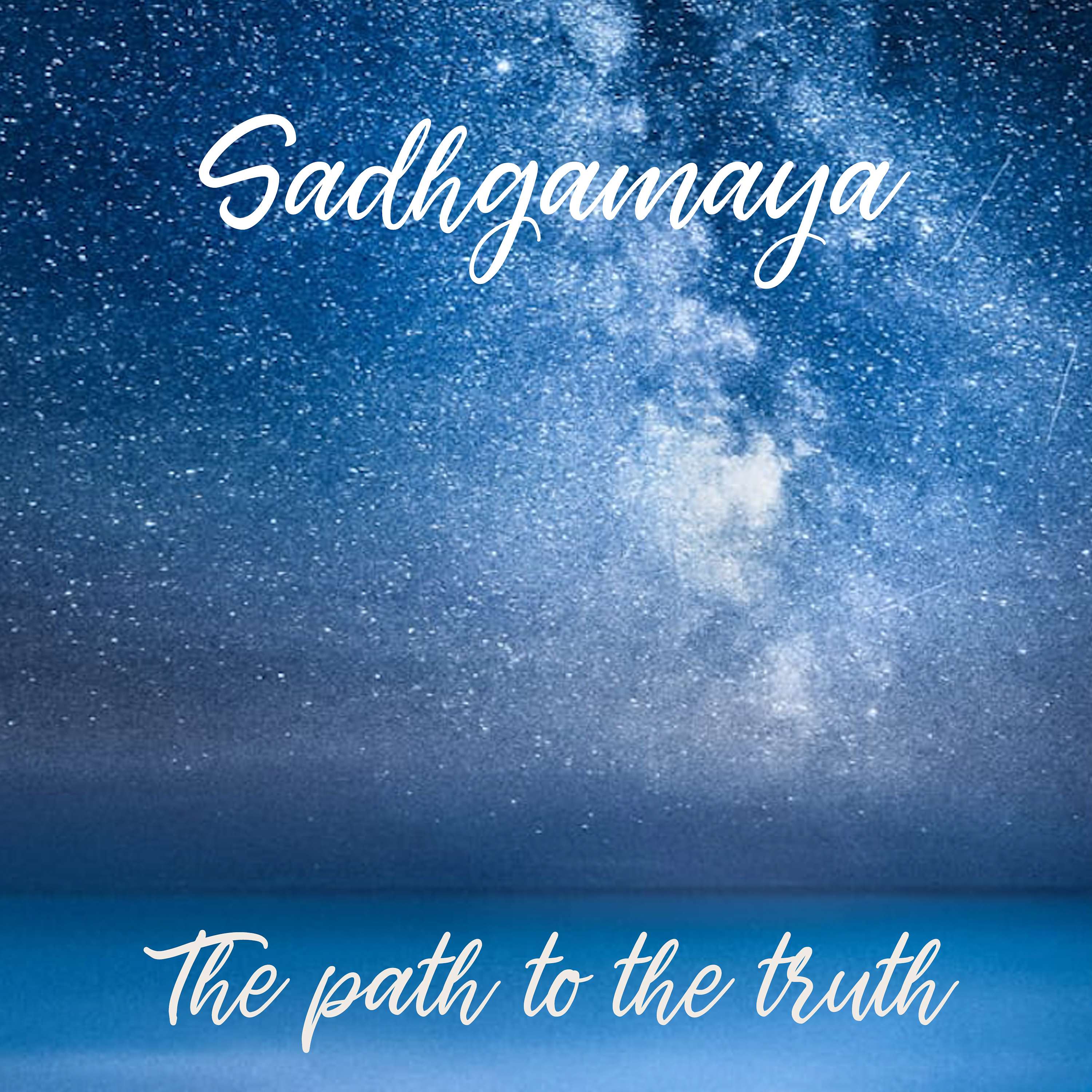 Malti Johari's Podcast7. Upanishad SangrhaIn this Episode the Mandookya Upanishad has been narrated. In this Upanishad the importance of the syllable "om" has been explained. It is the cosmic sound and an affirmation of the divine force. In all the Upanishads meditation by reciting "om" has been given the primary method of knowing the divine. All philosophers have used different words, such as the world and Creator of the world, birth and death, living and nonliving, etc. to explain the mysteries of the world and it's Creator. However, when a wise person recognizes that even though the philosophers use different words to...2020-06-2716 min
Malti Johari's Podcast7. Upanishad SangrhaIn this Episode the Mandookya Upanishad has been narrated. In this Upanishad the importance of the syllable "om" has been explained. It is the cosmic sound and an affirmation of the divine force. In all the Upanishads meditation by reciting "om" has been given the primary method of knowing the divine. All philosophers have used different words, such as the world and Creator of the world, birth and death, living and nonliving, etc. to explain the mysteries of the world and it's Creator. However, when a wise person recognizes that even though the philosophers use different words to...2020-06-2716 min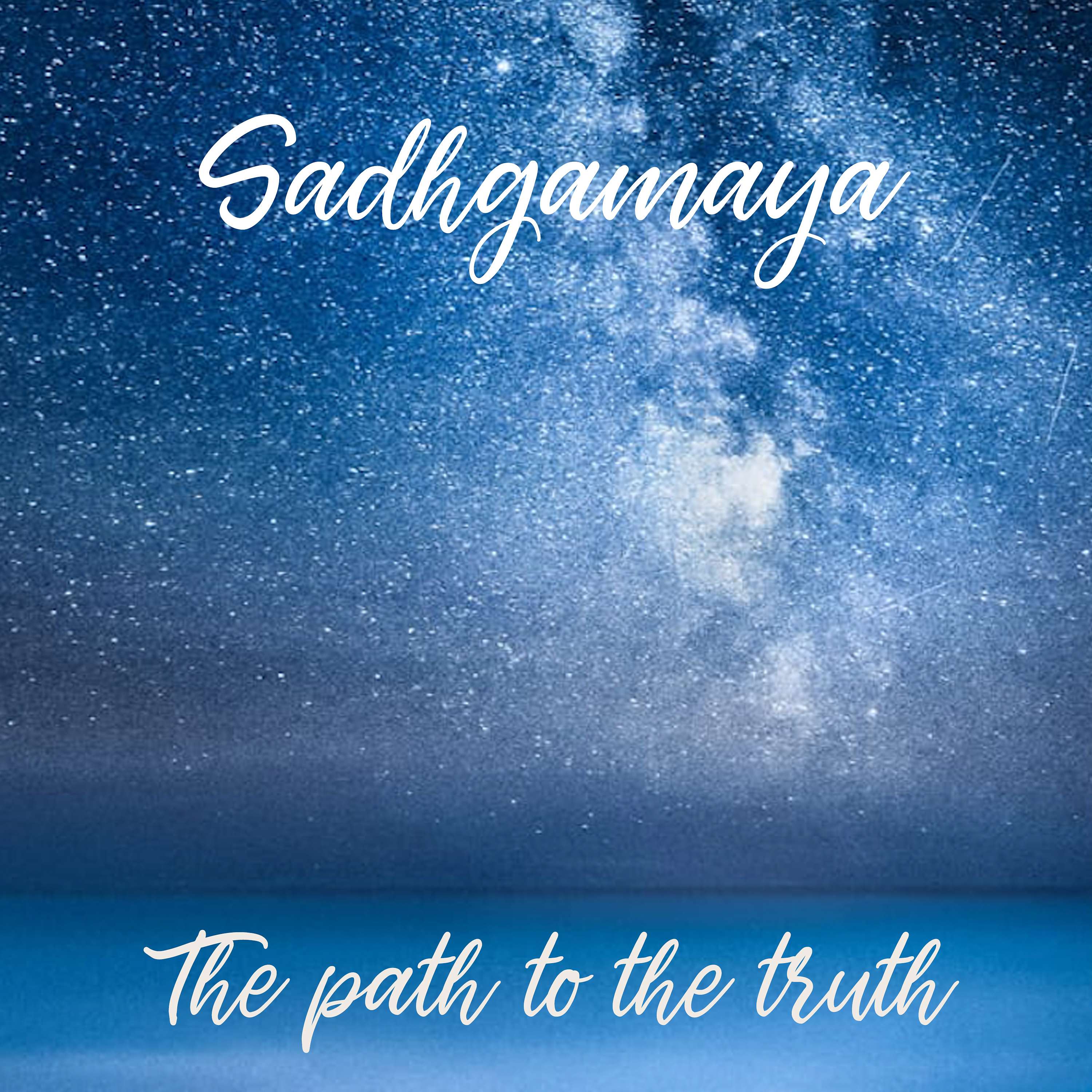 Malti Johari's Podcast6. Upanishad SangrhaIn this Episode the Taittiriya Upanishad has been narrated. In this the student asks the Master to give him all types of knowledge and education. The Master teaches him all kinds of skills to earn money and to be able to live comfortably in the world. The student then asks him about the philosophical knowledge of getting to know God and obtaining peace and satisfaction. The Master explains to him that he needs look within, and explains the different paths to know the self. He gives him the knowldege of what kind of a lifestyle he should follow. He...2020-06-2618 min
Malti Johari's Podcast6. Upanishad SangrhaIn this Episode the Taittiriya Upanishad has been narrated. In this the student asks the Master to give him all types of knowledge and education. The Master teaches him all kinds of skills to earn money and to be able to live comfortably in the world. The student then asks him about the philosophical knowledge of getting to know God and obtaining peace and satisfaction. The Master explains to him that he needs look within, and explains the different paths to know the self. He gives him the knowldege of what kind of a lifestyle he should follow. He...2020-06-2618 min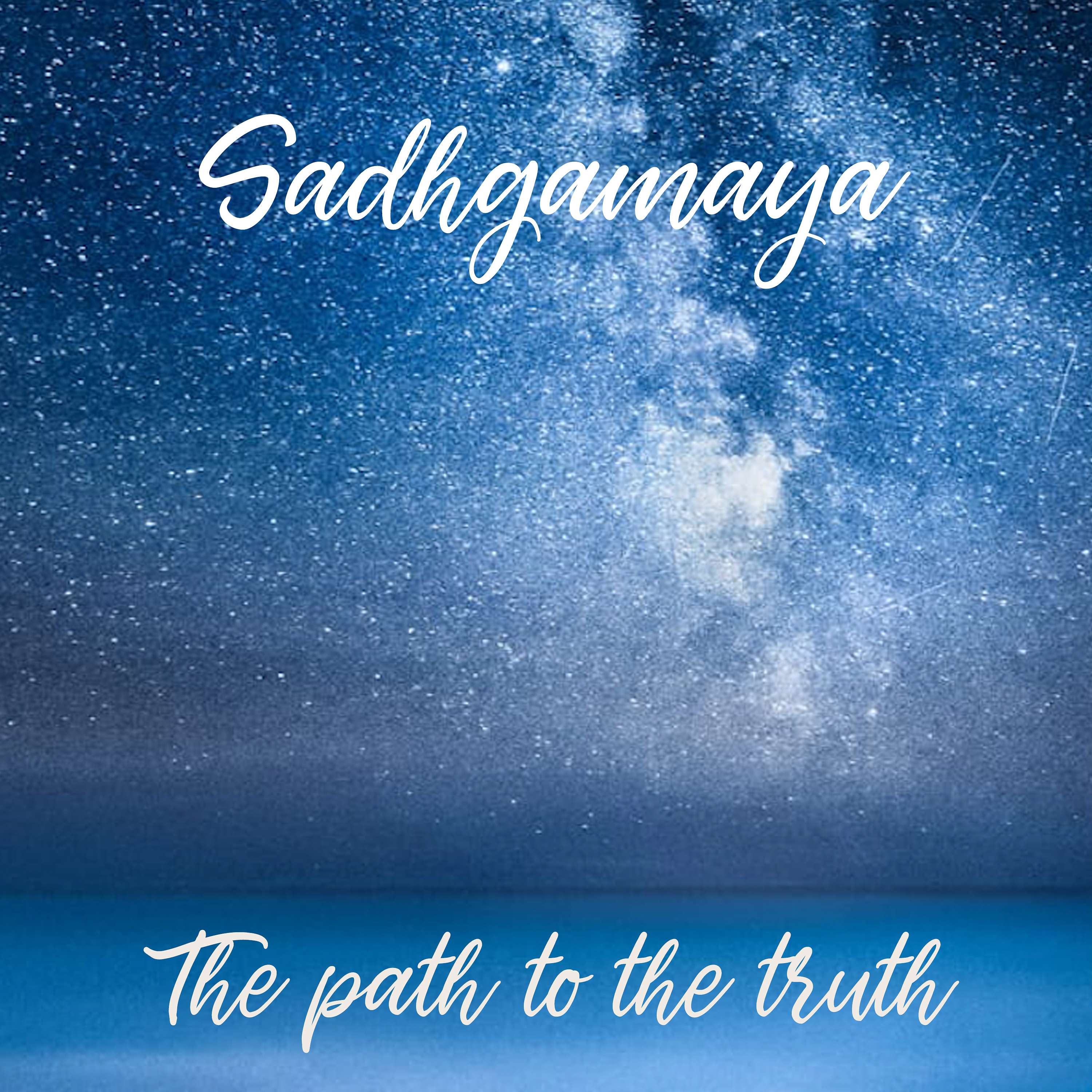 Malti Johari's Podcast5. Upanishad SangrhaIn this Episode, the Kain Upanishad has been narrated. The student asks the Master from where do the senses get their power or energy (like sight (from fire), touch (from wind), mind (from Indra)? The Master narrates a beautiful story in which Brahm (God) takes the form of a Yaksh (benevolent spirit) to humble the pride of the Devas (forces of natural energies). He defeats them and shows that it is Brahm who gives them their power and energies. However, the student did not understand the story that was in itself the teaching. The Master explains to h...2020-06-2517 min
Malti Johari's Podcast5. Upanishad SangrhaIn this Episode, the Kain Upanishad has been narrated. The student asks the Master from where do the senses get their power or energy (like sight (from fire), touch (from wind), mind (from Indra)? The Master narrates a beautiful story in which Brahm (God) takes the form of a Yaksh (benevolent spirit) to humble the pride of the Devas (forces of natural energies). He defeats them and shows that it is Brahm who gives them their power and energies. However, the student did not understand the story that was in itself the teaching. The Master explains to h...2020-06-2517 min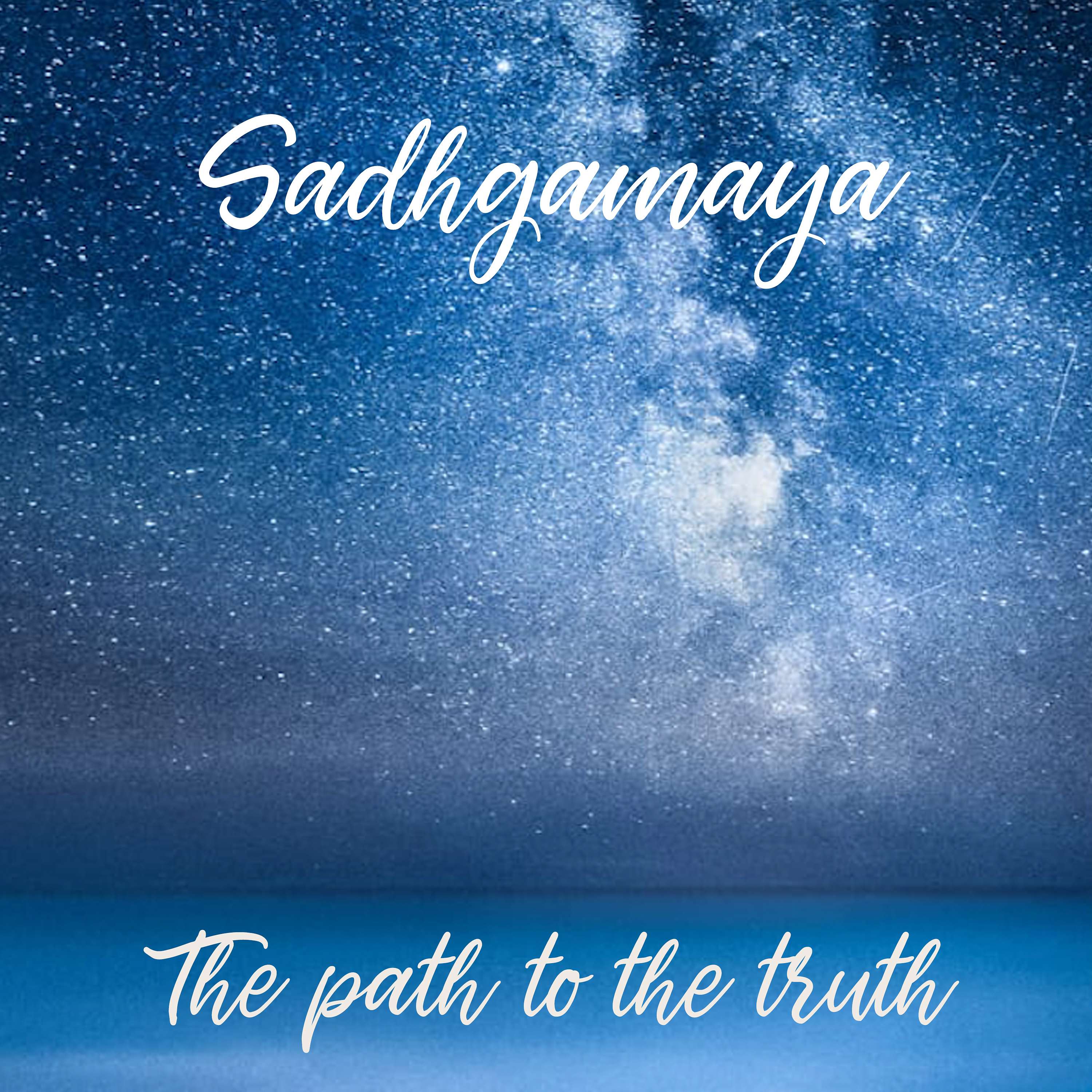 Malti Johari's Podcast4. Upanishad SangrhaIn this Episode Mundak Upanishad has been narrated. In this Upanishad the student asks who is that One who we need to know so that we know everything? The Master says that we need to do work because we have a mind and body. But, in all that we do, we should be a medium of that One. To be able to be a medium we need to practice meditation and go within ourselves. Then we will know the One, who is the real doer. 2020-06-2012 min
Malti Johari's Podcast4. Upanishad SangrhaIn this Episode Mundak Upanishad has been narrated. In this Upanishad the student asks who is that One who we need to know so that we know everything? The Master says that we need to do work because we have a mind and body. But, in all that we do, we should be a medium of that One. To be able to be a medium we need to practice meditation and go within ourselves. Then we will know the One, who is the real doer. 2020-06-2012 min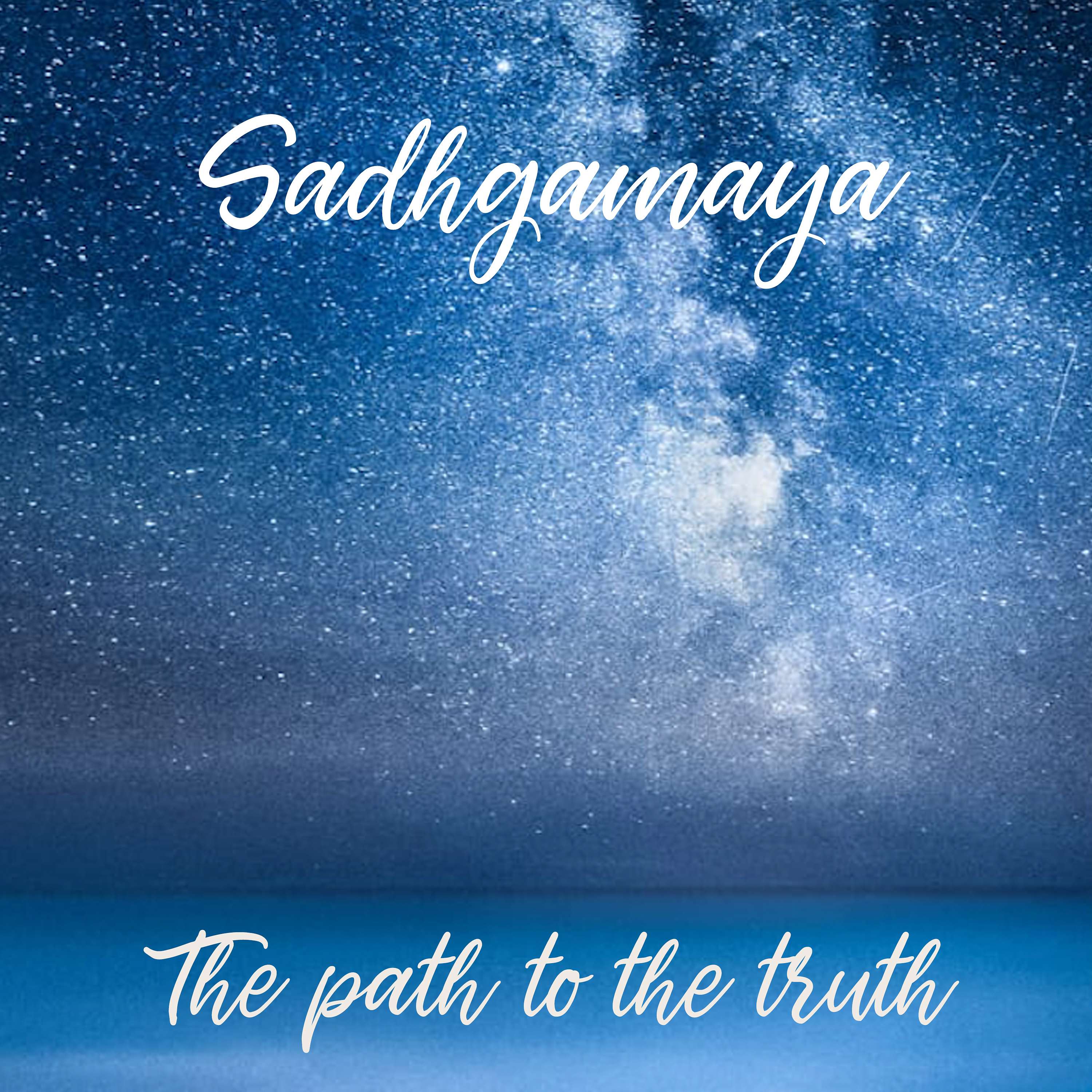 Malti Johari's Podcast3. Upanishad SangrhaIn this Episode the Shwetashwatar Upanishad has been narrated. In this Upanishad a few saints get together to discuss who has made this world and how to know the Creator? They came to a consensus that it is only through meditation that we can know the Creator. For meditation it is imperative that we take the help of our body and mind to be able to go deep within ourselves to realise that we are neither the body nor the mind. 2020-06-2014 min
Malti Johari's Podcast3. Upanishad SangrhaIn this Episode the Shwetashwatar Upanishad has been narrated. In this Upanishad a few saints get together to discuss who has made this world and how to know the Creator? They came to a consensus that it is only through meditation that we can know the Creator. For meditation it is imperative that we take the help of our body and mind to be able to go deep within ourselves to realise that we are neither the body nor the mind. 2020-06-2014 min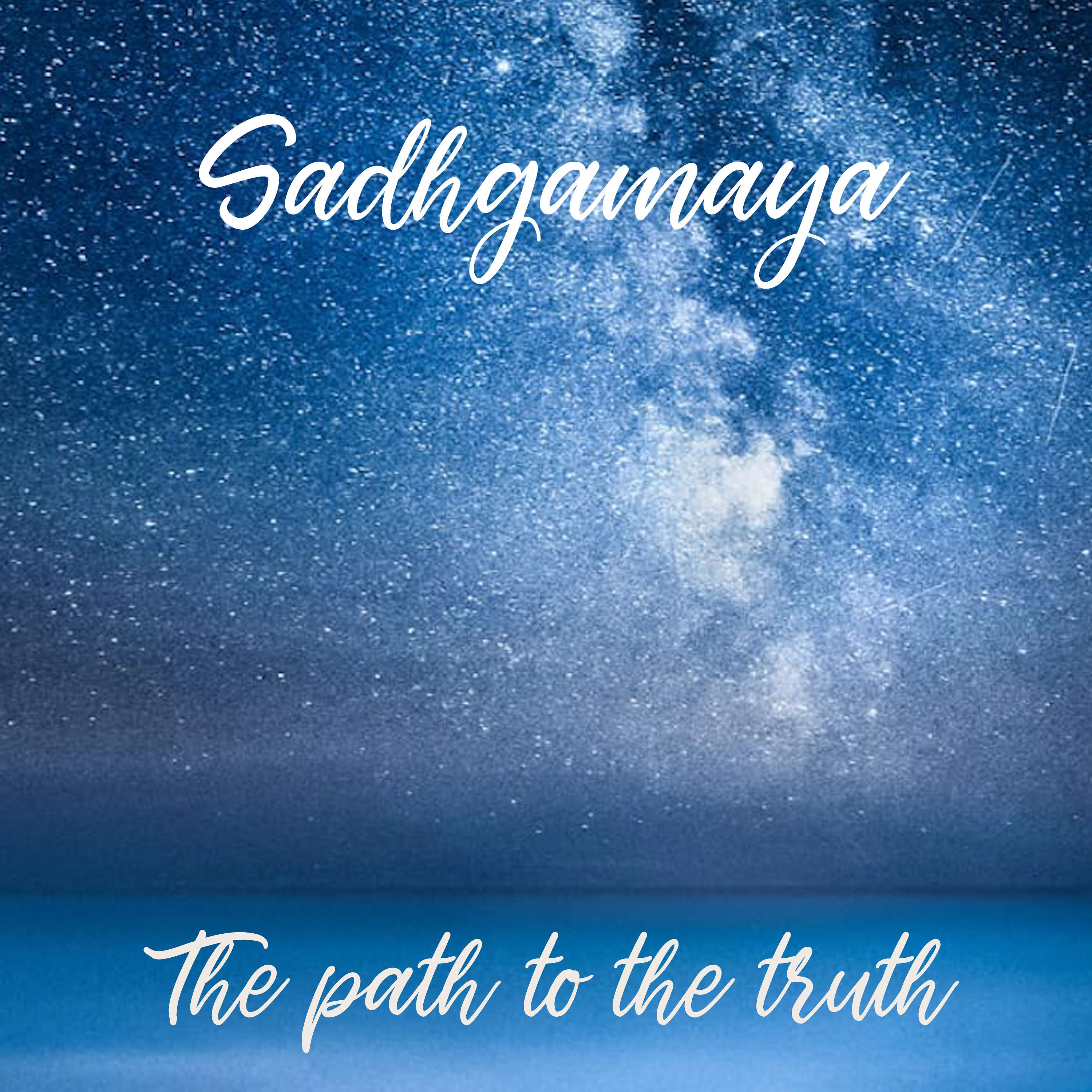 Malti Johari's Podcast2. Upanishad SangrhaIn this Episode 2 Upanishads have been narrated:1. Sarvsaar Upanishad: the student questions the master what is bondage, freedom (mukti), what is the knowldege required for knowing God, and to distinguish between illusion (maya) and reality? The master answers his questions in this Upanishad.2. Adhyatma Upanishad: the Master explains that we think that we are our body. However, he explains that our real form is the soul within us, that does not take birth, nor does it die, cause it is always within us. We don't realise it, but that is our real form, which we should a...2020-06-2020 min
Malti Johari's Podcast2. Upanishad SangrhaIn this Episode 2 Upanishads have been narrated:1. Sarvsaar Upanishad: the student questions the master what is bondage, freedom (mukti), what is the knowldege required for knowing God, and to distinguish between illusion (maya) and reality? The master answers his questions in this Upanishad.2. Adhyatma Upanishad: the Master explains that we think that we are our body. However, he explains that our real form is the soul within us, that does not take birth, nor does it die, cause it is always within us. We don't realise it, but that is our real form, which we should a...2020-06-2020 min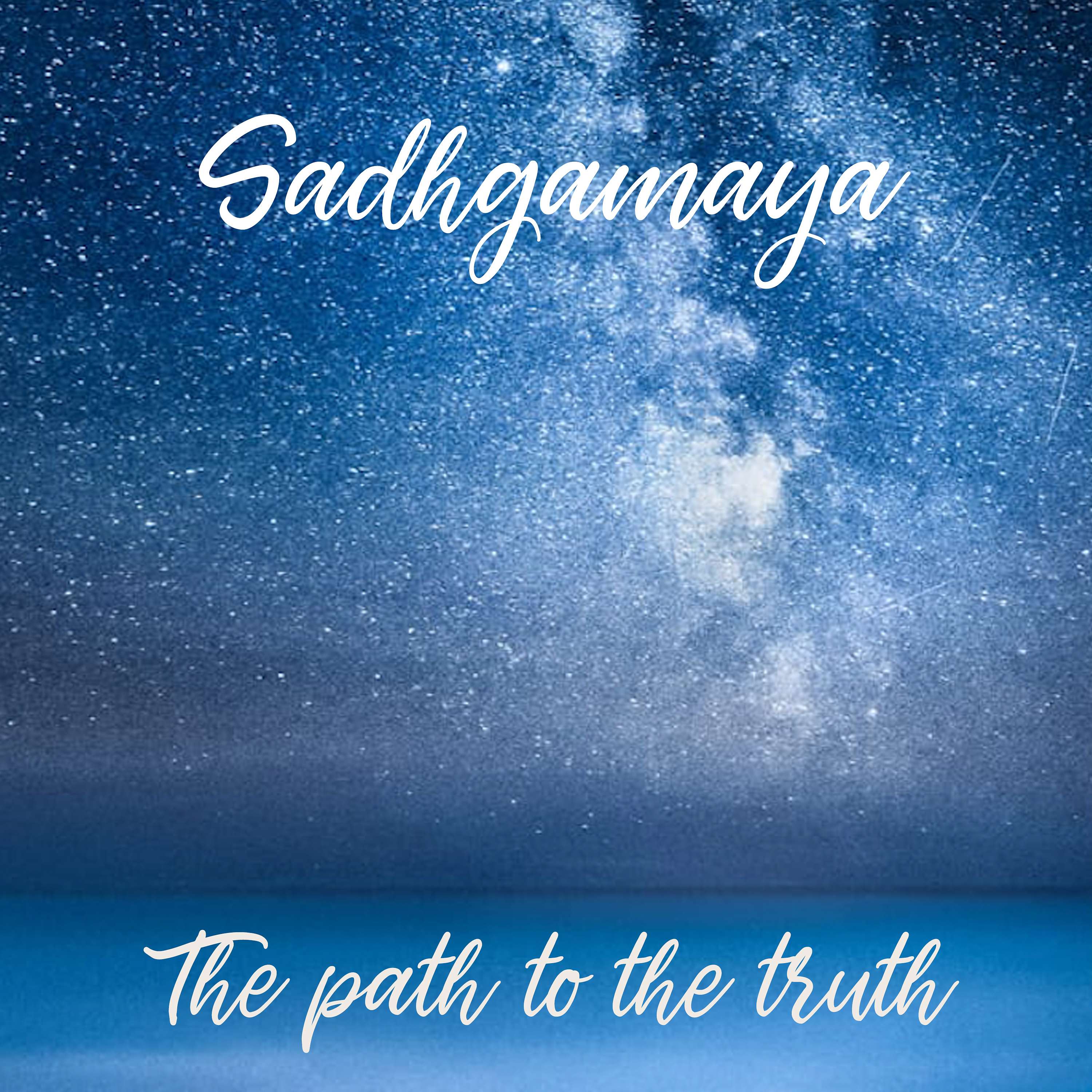 Malti Johari's Podcast1. Upanishad SangrhaUpanishads are the ancient scriptures of India. They are mainly a dialogue between the student and the teacher on life, spirituality, and answers to the questions that the student has on who is the maker of this world, why is there suffering and happiness, what happens after death, how will we know our Creator, etc.?The Upanishads do not consider God as a separate entity, but as a part of our own being. They do not mention any rituals to be followed. They state that each one of us is responsible for our own sadness and happiness...2020-06-1820 min
Malti Johari's Podcast1. Upanishad SangrhaUpanishads are the ancient scriptures of India. They are mainly a dialogue between the student and the teacher on life, spirituality, and answers to the questions that the student has on who is the maker of this world, why is there suffering and happiness, what happens after death, how will we know our Creator, etc.?The Upanishads do not consider God as a separate entity, but as a part of our own being. They do not mention any rituals to be followed. They state that each one of us is responsible for our own sadness and happiness...2020-06-1820 min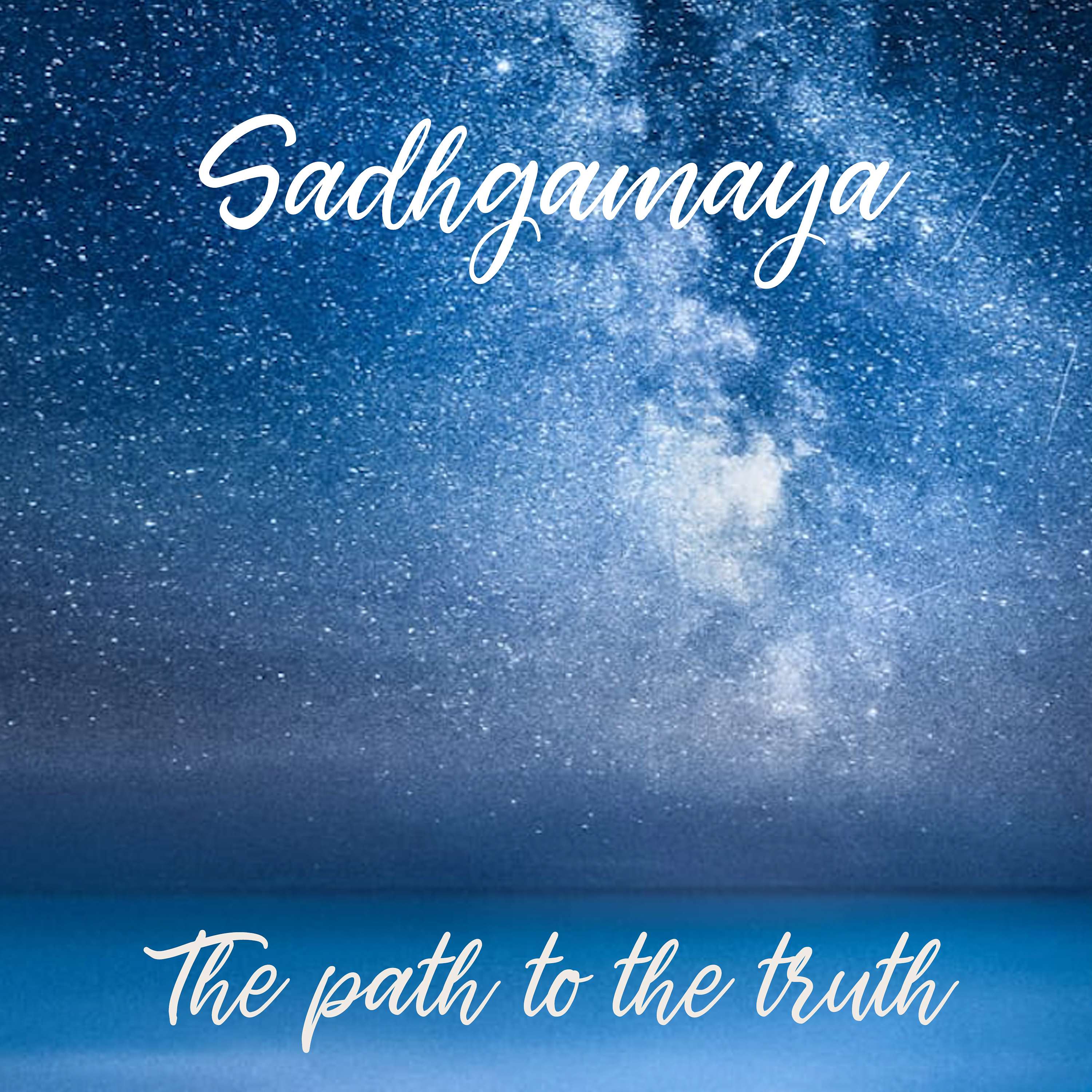 Malti Johari's Podcast9. Geetanjali: Episode 9Tagore speaks about death. He says that the day death comes on my doorstep, I will give my whole self to death. He speaks to death, and asks death come and talk to him, cause he is going to meet his lover, that is , God. Tagore thanks people for all that they have given to him. He says once I die, don't feel sad and mourn my death, as I am going to meet my lover. Tagore in the end gives his final respect to God as a devotee. 2020-06-1412 min
Malti Johari's Podcast9. Geetanjali: Episode 9Tagore speaks about death. He says that the day death comes on my doorstep, I will give my whole self to death. He speaks to death, and asks death come and talk to him, cause he is going to meet his lover, that is , God. Tagore thanks people for all that they have given to him. He says once I die, don't feel sad and mourn my death, as I am going to meet my lover. Tagore in the end gives his final respect to God as a devotee. 2020-06-1412 min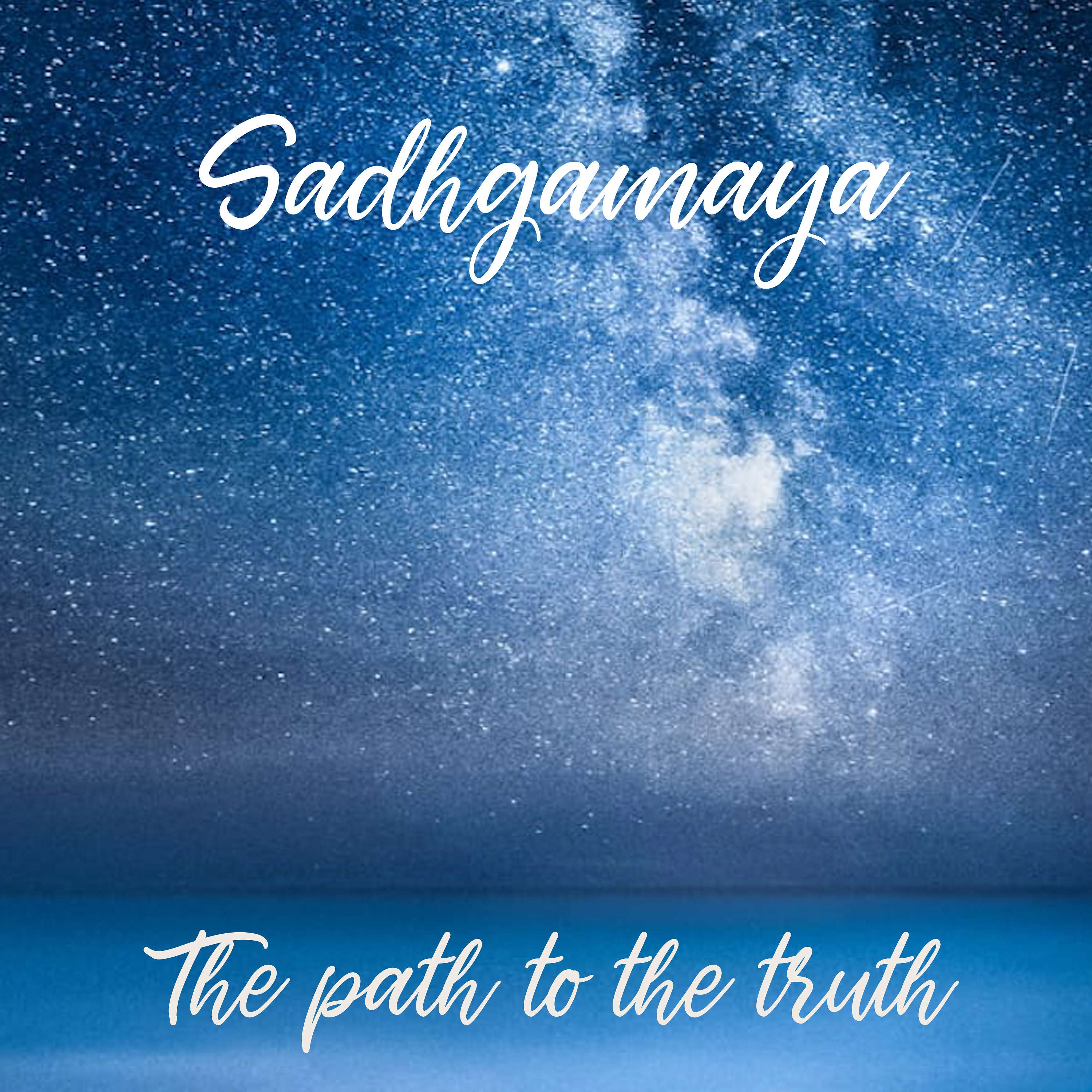 Malti Johari's Podcast8. Geetanjali: Episode 8Tagore says we live in happiness, but, if anyone tells us that we don't have something, then we get lost in finding that or start living in an illusion, instead of enjoying what we have. Tagore in his poem says that sometimes we love God like we love our mother. Our mother may be strict and harsh with us, but it is for our good. Just like that, even God makes us go through tough times, for our benefit. 2020-06-1410 min
Malti Johari's Podcast8. Geetanjali: Episode 8Tagore says we live in happiness, but, if anyone tells us that we don't have something, then we get lost in finding that or start living in an illusion, instead of enjoying what we have. Tagore in his poem says that sometimes we love God like we love our mother. Our mother may be strict and harsh with us, but it is for our good. Just like that, even God makes us go through tough times, for our benefit. 2020-06-1410 min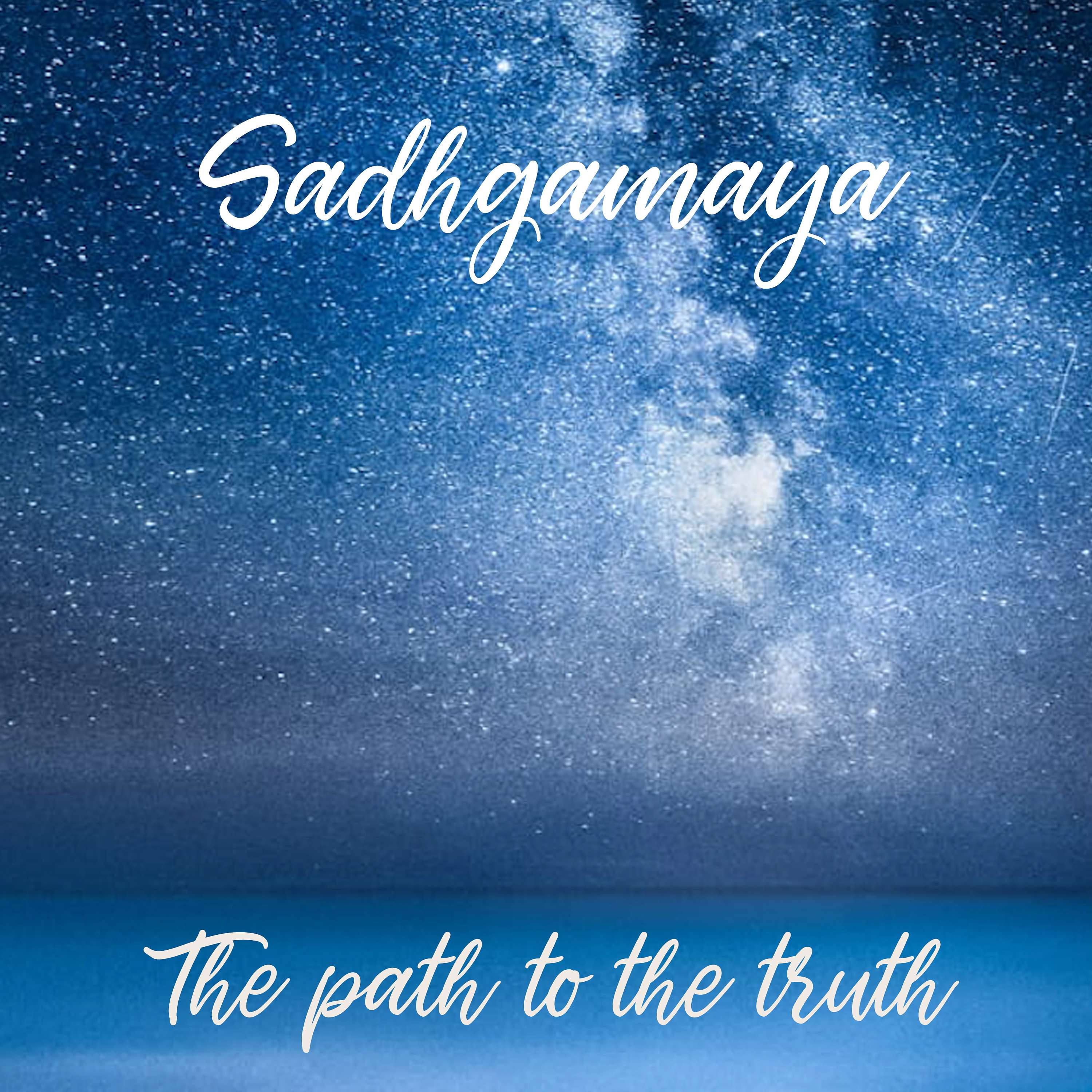 Malti Johari's Podcast7. Geetanjali: Episode 7Tagore in his poems says he loves God like a friend. He says when I look at God like a father, I am unable to pour my heart and tell him everything. But, when I consider God to be a friend, I can tell him everything.Tagore then says that I will not do yoga and will not take sanyas, because I want to enjoy the creation of God, that includes the birds, the river flowing, and all the beauty around us, including the humans around us. 2020-06-1411 min
Malti Johari's Podcast7. Geetanjali: Episode 7Tagore in his poems says he loves God like a friend. He says when I look at God like a father, I am unable to pour my heart and tell him everything. But, when I consider God to be a friend, I can tell him everything.Tagore then says that I will not do yoga and will not take sanyas, because I want to enjoy the creation of God, that includes the birds, the river flowing, and all the beauty around us, including the humans around us. 2020-06-1411 min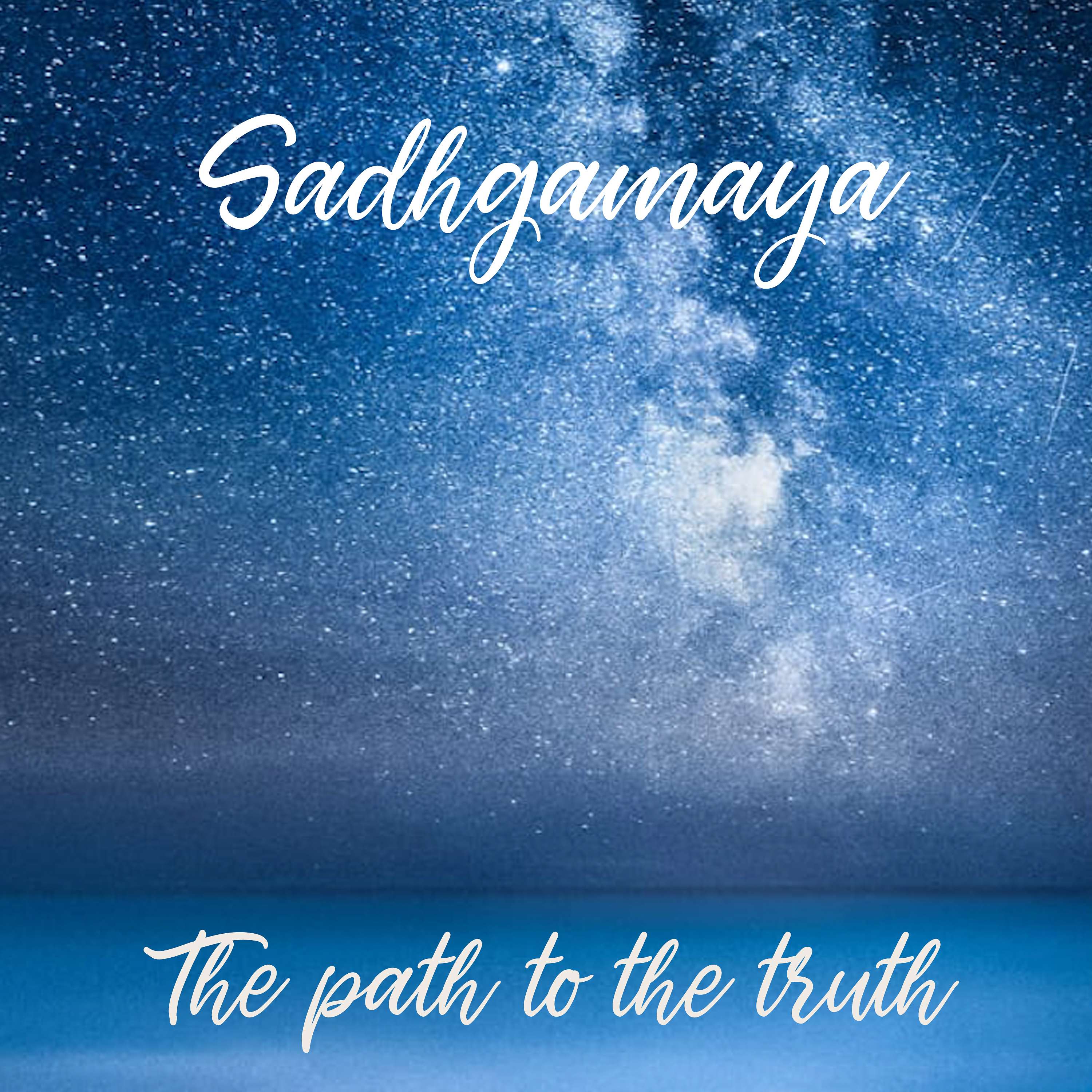 Malti Johari's Podcast6. Geetanjali: Episode 6Tagore explains that true lovers don't need to show what they are doing for the other, but quietly and constantly try to help or do things for their lover with no expectations in return. Tagore explains that we are never alone, as God is with us. Therefore, no matter where we go, we must remember that God is with us. He says that we get so caught up in rituals that we are unable to see the needs of others. Tagore say that when we experience God, we can see his light everywhere and...2020-06-1311 min
Malti Johari's Podcast6. Geetanjali: Episode 6Tagore explains that true lovers don't need to show what they are doing for the other, but quietly and constantly try to help or do things for their lover with no expectations in return. Tagore explains that we are never alone, as God is with us. Therefore, no matter where we go, we must remember that God is with us. He says that we get so caught up in rituals that we are unable to see the needs of others. Tagore say that when we experience God, we can see his light everywhere and...2020-06-1311 min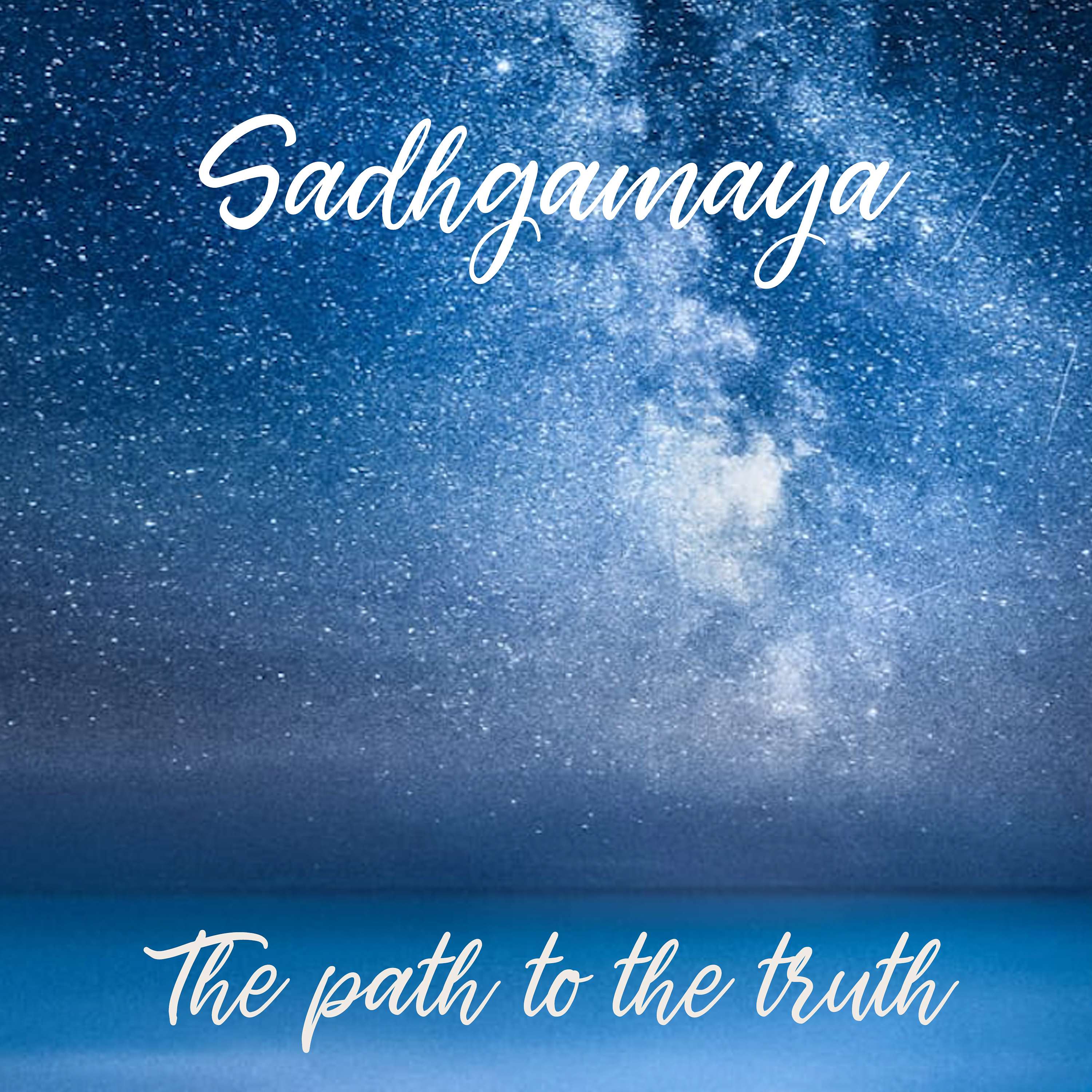 Malti Johari's Podcast5. Geetanjali: Episode 5Gurudev Tagore in his poem expresses the beauty of nature and how he found peace and happiness by dissolving himself in the beauty of nature. He says one can achieve satisfaction and happiness by giving, and emphasizes that one should give without thinking or without restrictions. Tagore urges us to stop being lazy and to awaken by following the path to God.Tagore explains that God's love is without any bandages. He therefore says that we should also love without any bondage, including the love for God. 2020-06-1314 min
Malti Johari's Podcast5. Geetanjali: Episode 5Gurudev Tagore in his poem expresses the beauty of nature and how he found peace and happiness by dissolving himself in the beauty of nature. He says one can achieve satisfaction and happiness by giving, and emphasizes that one should give without thinking or without restrictions. Tagore urges us to stop being lazy and to awaken by following the path to God.Tagore explains that God's love is without any bandages. He therefore says that we should also love without any bondage, including the love for God. 2020-06-1314 min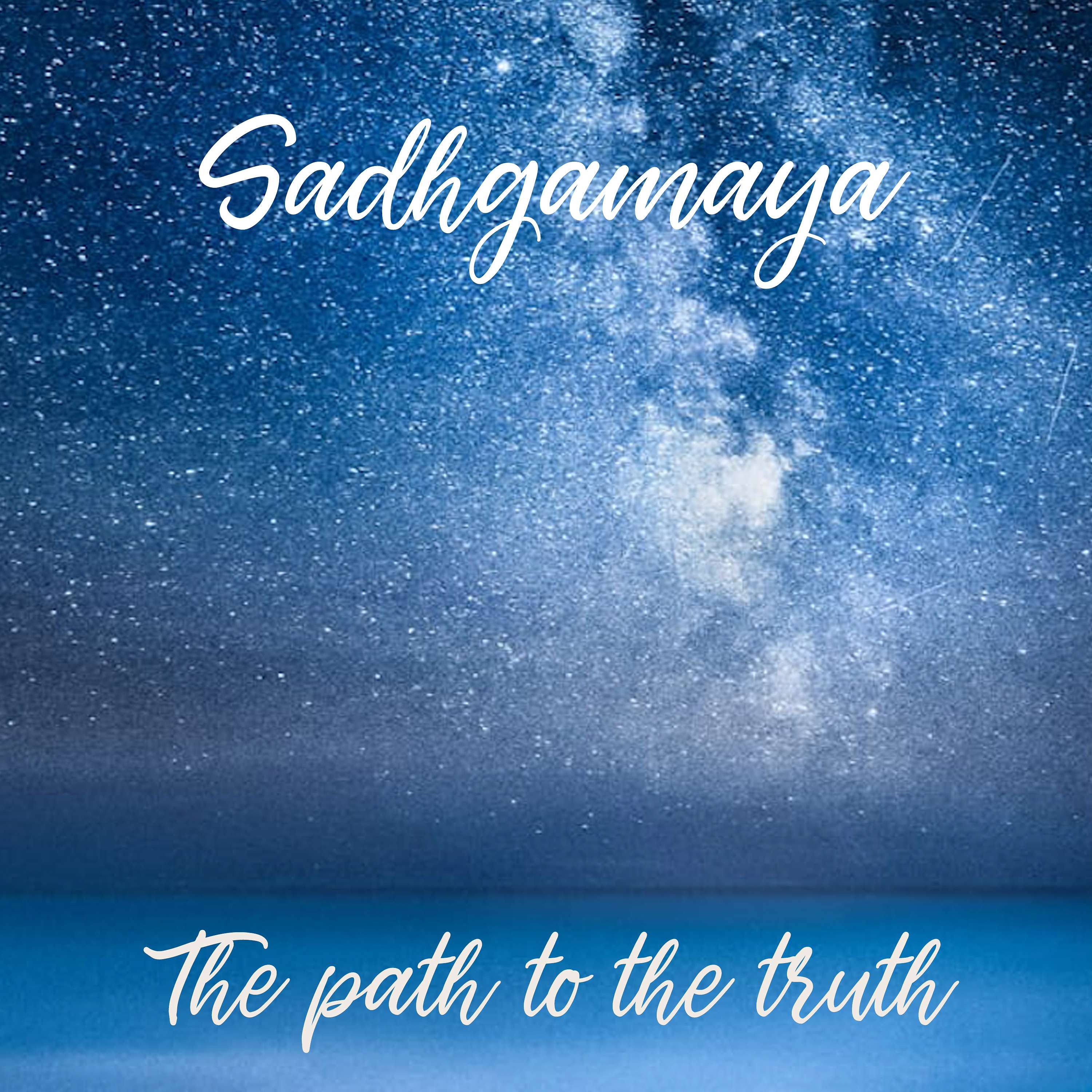 Malti Johari's Podcast4. Geetanjali: Episode 4Tagore in his poems says that our destiny is predetermined, and therefore there is no need to take tension about the past and the future. We need to live in the present which then opens our lives to new adventures and new learnings everyday.Tagore also prays to God in his poems to bring back the glory of India and give him courage and love for all of humanity. Tagore also relates a story in which he teaches us not to get attached to the rituals to worship God as they are not important. 2020-06-1210 min
Malti Johari's Podcast4. Geetanjali: Episode 4Tagore in his poems says that our destiny is predetermined, and therefore there is no need to take tension about the past and the future. We need to live in the present which then opens our lives to new adventures and new learnings everyday.Tagore also prays to God in his poems to bring back the glory of India and give him courage and love for all of humanity. Tagore also relates a story in which he teaches us not to get attached to the rituals to worship God as they are not important. 2020-06-1210 min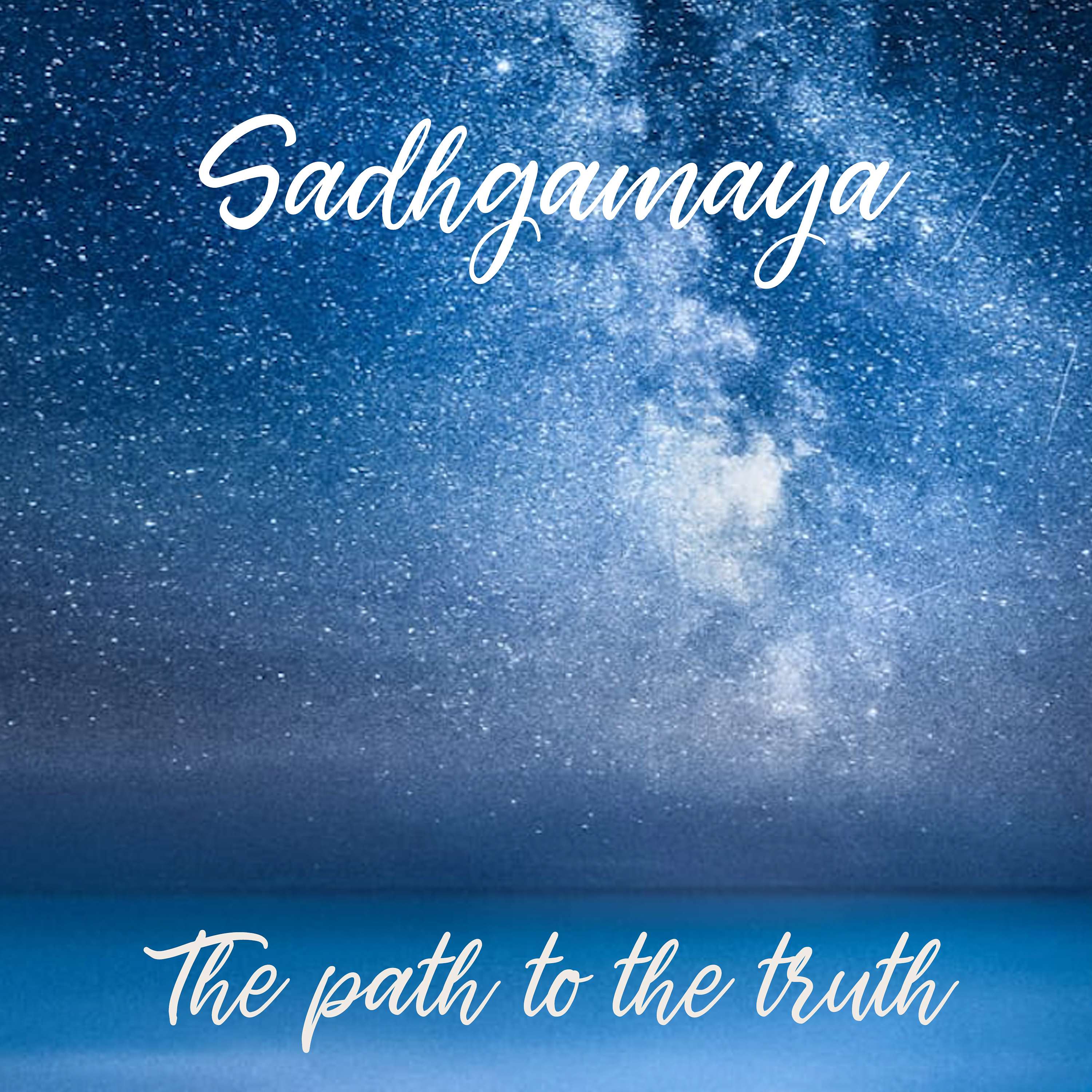 Malti Johari's Podcast3. Geetanjali: Episode 3Tagore writes about the relationship between lovers. His poems reflect the love of a beloved towards God, similar to the love that Mira had for her lover Krishna, the God. His poems depict how the beloved seeks attention of the lover. 2020-06-1210 min
Malti Johari's Podcast3. Geetanjali: Episode 3Tagore writes about the relationship between lovers. His poems reflect the love of a beloved towards God, similar to the love that Mira had for her lover Krishna, the God. His poems depict how the beloved seeks attention of the lover. 2020-06-1210 min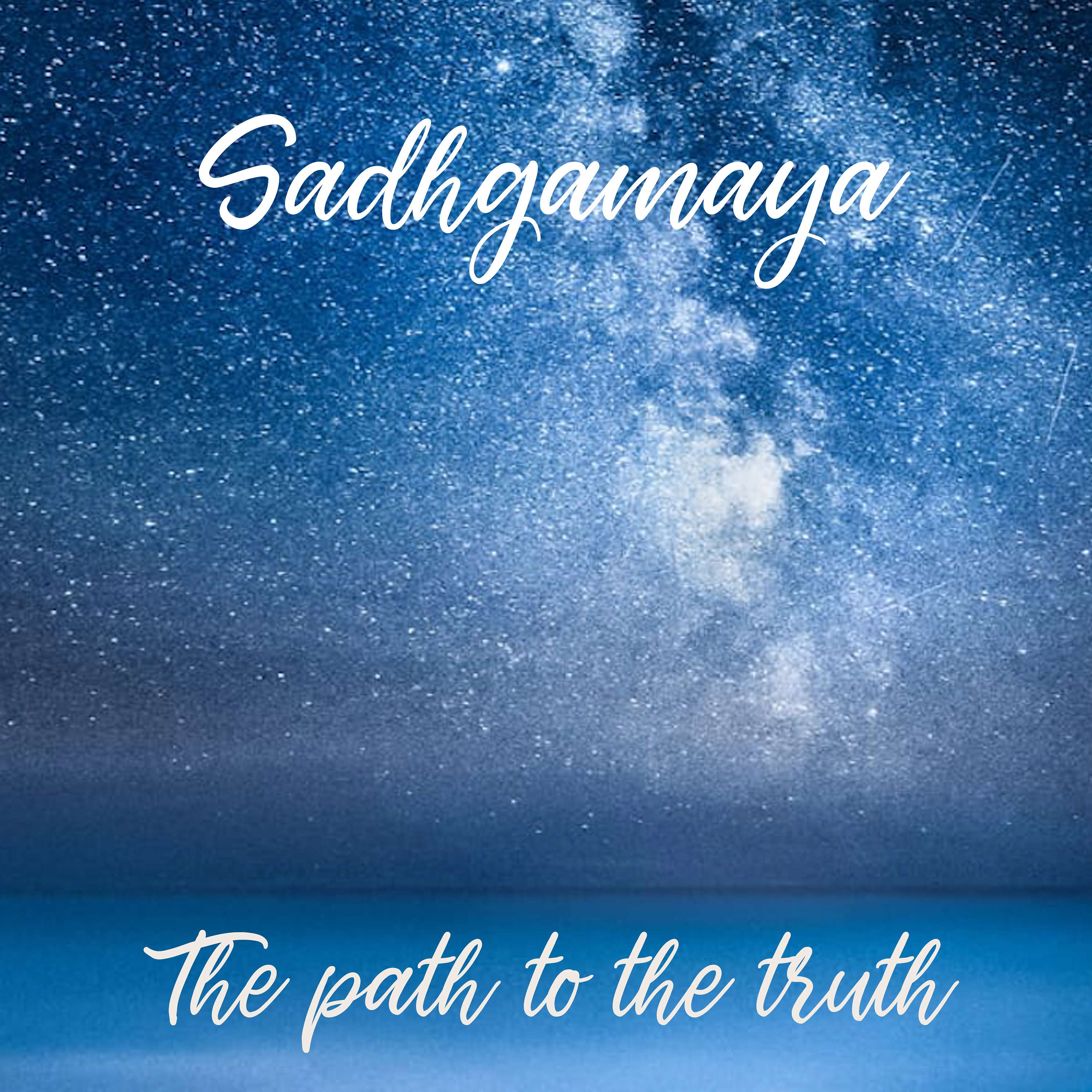 Malti Johari's Podcast2. Geetanjali: Episode 2Tagore speaks about finding God within us, in hard work, etc. He says that God is not sitting in temples and religious places, as God himself is doing work, and he is found where people are working. He is found in the labourers, the poor, the disadvantaged too. He is not sitting only with the rich. Tagore says God is not found by going on a teeth yatra or a religious tour, as he is found within us, and we need to look inwards. Tagore says that people complain to God that their desires are no...2020-06-1209 min
Malti Johari's Podcast2. Geetanjali: Episode 2Tagore speaks about finding God within us, in hard work, etc. He says that God is not sitting in temples and religious places, as God himself is doing work, and he is found where people are working. He is found in the labourers, the poor, the disadvantaged too. He is not sitting only with the rich. Tagore says God is not found by going on a teeth yatra or a religious tour, as he is found within us, and we need to look inwards. Tagore says that people complain to God that their desires are no...2020-06-1209 min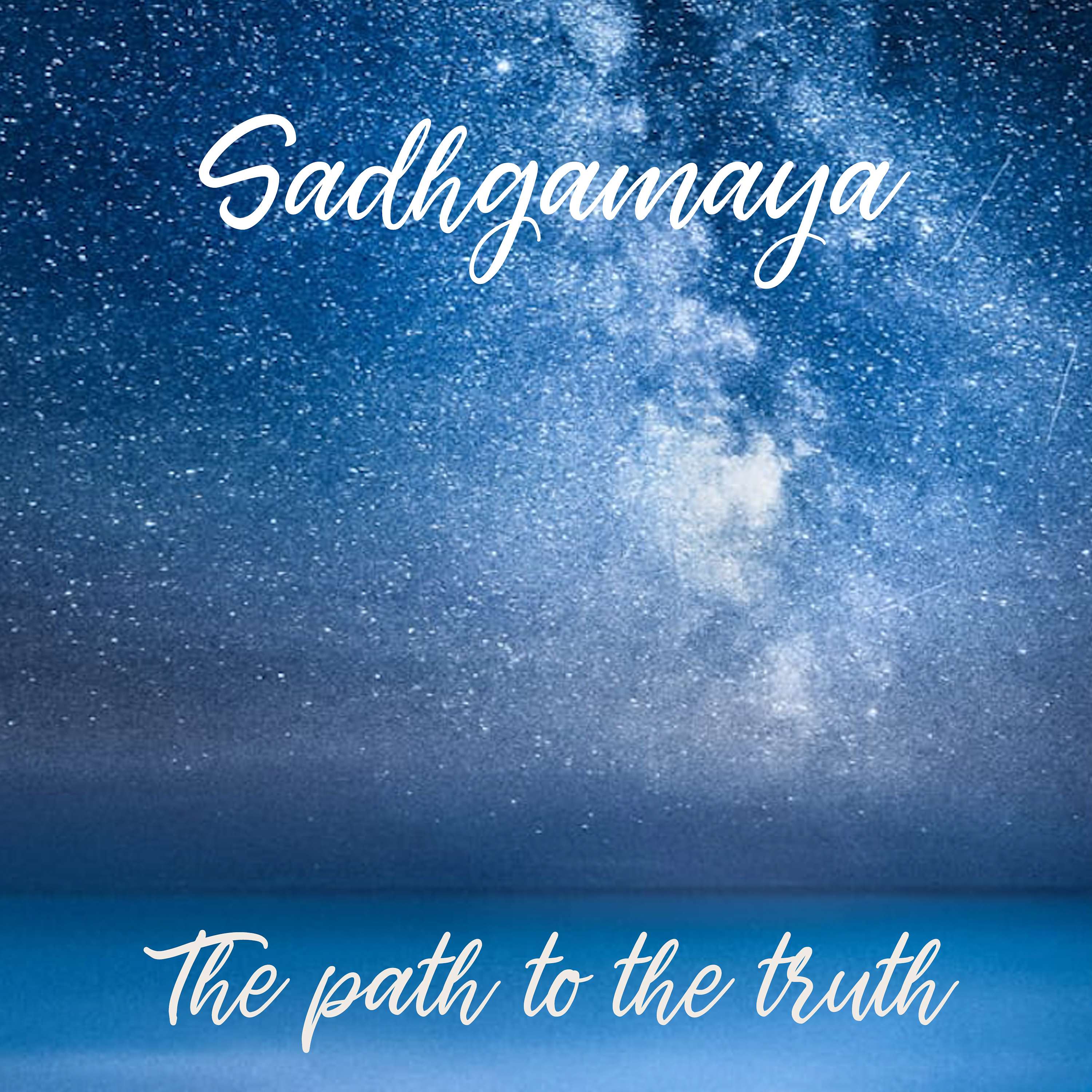 Malti Johari's Podcast1. Geetanjali: Episode 1Rabindranath Tagore was an artist, a poet. He received the Nobel prize in literature for the "Geetanjali", a collection of his 103 poems from his different books.His poems in the Geetanjali relate to his different emotions, mainly about God. Malti Johari translated in Hindi poetry form, from the English version of his Geetanjali. The podcast is of a few select poems from the 103 translated poems.In this episode Tagore is grateful for the abundance given to us by God, to keep our mind and body pure because God resides in us, and his ang...2020-06-1109 min
Malti Johari's Podcast1. Geetanjali: Episode 1Rabindranath Tagore was an artist, a poet. He received the Nobel prize in literature for the "Geetanjali", a collection of his 103 poems from his different books.His poems in the Geetanjali relate to his different emotions, mainly about God. Malti Johari translated in Hindi poetry form, from the English version of his Geetanjali. The podcast is of a few select poems from the 103 translated poems.In this episode Tagore is grateful for the abundance given to us by God, to keep our mind and body pure because God resides in us, and his ang...2020-06-1109 min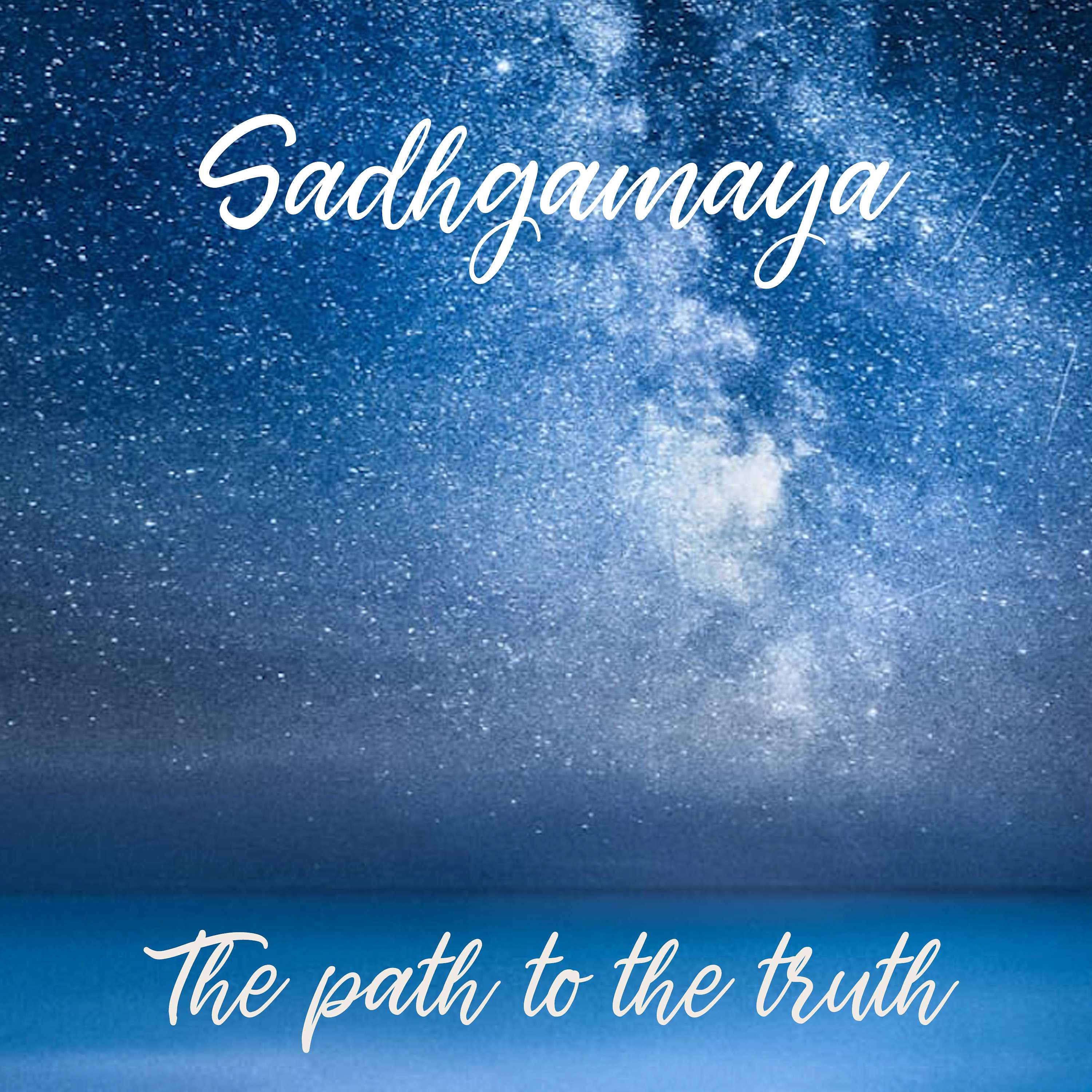 Malti Johari's Podcast4. Patanjali Yog Darshan: Episode 4After explaining the Ashtang Yog, Patanjali explains that we should not get stuck in siddhis/ powers, else we will not attain moksh/enlightenment. Kindly leave your comments, suggestions on my Facebook page (Malti Johari). 2020-06-0928 min
Malti Johari's Podcast4. Patanjali Yog Darshan: Episode 4After explaining the Ashtang Yog, Patanjali explains that we should not get stuck in siddhis/ powers, else we will not attain moksh/enlightenment. Kindly leave your comments, suggestions on my Facebook page (Malti Johari). 2020-06-0928 min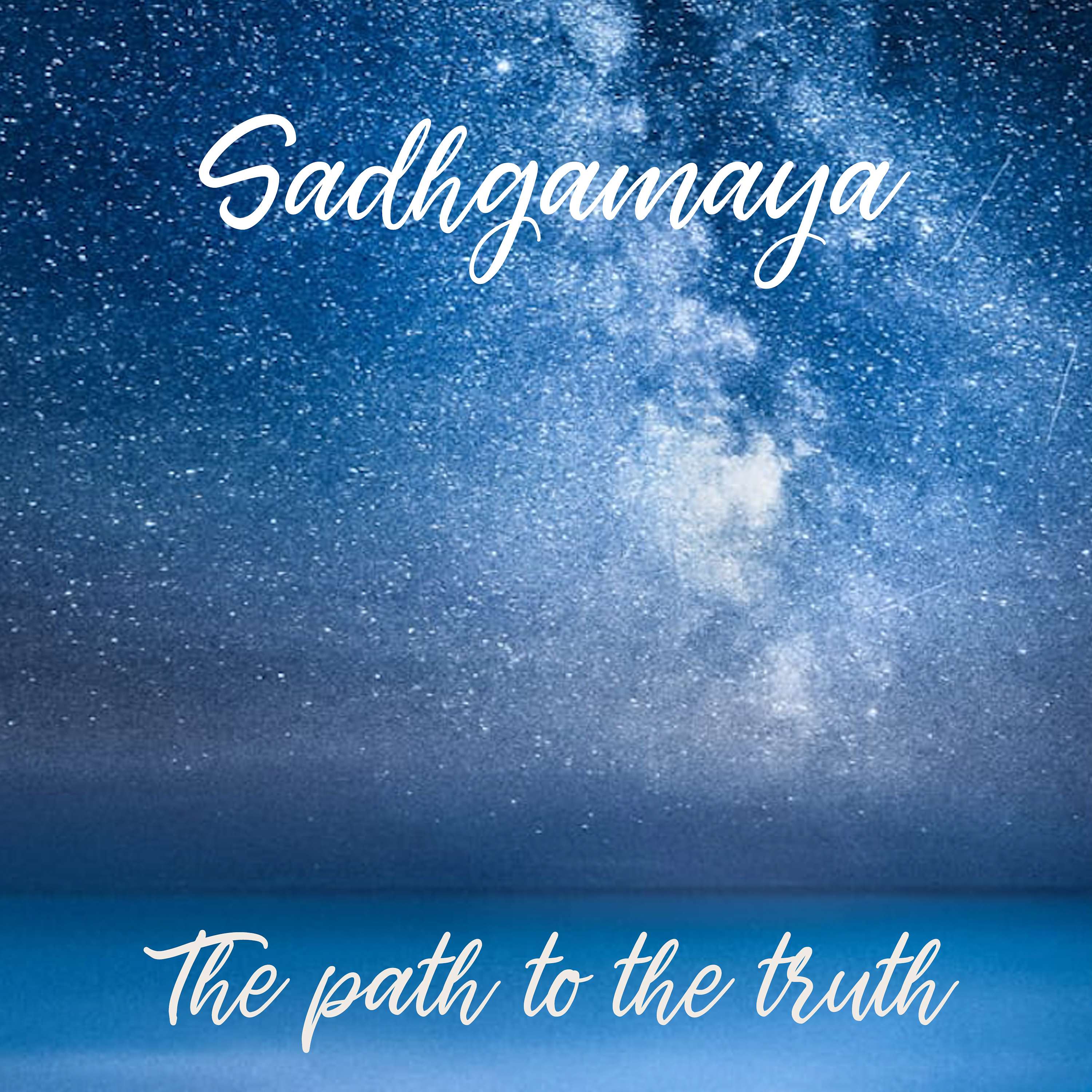 Malti Johari's Podcast3. Patanjali Yog Darshan: Episode 3Patanjali explains the 8 yogas (ashtang yog). He says after one has mastered the 8 yogas, more particularly the last three, dharna, dhyan and samadhi, one attains some power, like to be able to predict or see the future. He then explains in detail the types of powers one could achieve. However, he warns that one should not get caught up in showing these powers, as it will only increase the ego, and will take one away from knowing God. 2020-06-0830 min
Malti Johari's Podcast3. Patanjali Yog Darshan: Episode 3Patanjali explains the 8 yogas (ashtang yog). He says after one has mastered the 8 yogas, more particularly the last three, dharna, dhyan and samadhi, one attains some power, like to be able to predict or see the future. He then explains in detail the types of powers one could achieve. However, he warns that one should not get caught up in showing these powers, as it will only increase the ego, and will take one away from knowing God. 2020-06-0830 min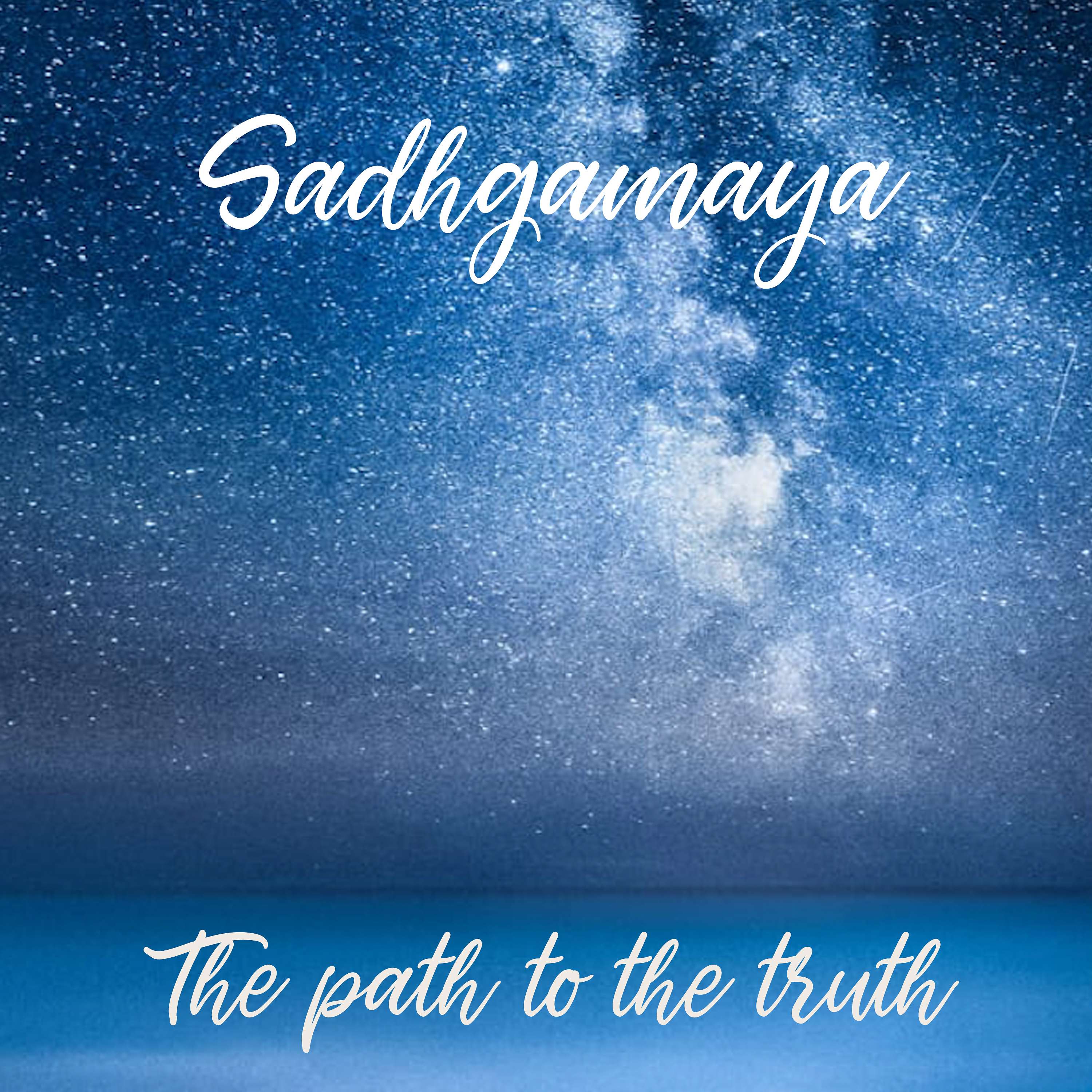 Malti Johari's Podcast2. Patanjali Yog Darshan: Episode 2Patanjali explains that by controlling the body and the mind, we can move inwards and listen to the soul. It is on the meeting of the body, mind and soul that we can get peace and lead a good life without any tensions. The method of meeting of the body, mind and soul is called Kriya Yog. In this we have to work towards making the body and mind silent. It is in the silence that they can meet the soul.In this episode Patanjali explains the first two Yogas as the preparing ground, which conc...2020-06-0734 min
Malti Johari's Podcast2. Patanjali Yog Darshan: Episode 2Patanjali explains that by controlling the body and the mind, we can move inwards and listen to the soul. It is on the meeting of the body, mind and soul that we can get peace and lead a good life without any tensions. The method of meeting of the body, mind and soul is called Kriya Yog. In this we have to work towards making the body and mind silent. It is in the silence that they can meet the soul.In this episode Patanjali explains the first two Yogas as the preparing ground, which conc...2020-06-0734 min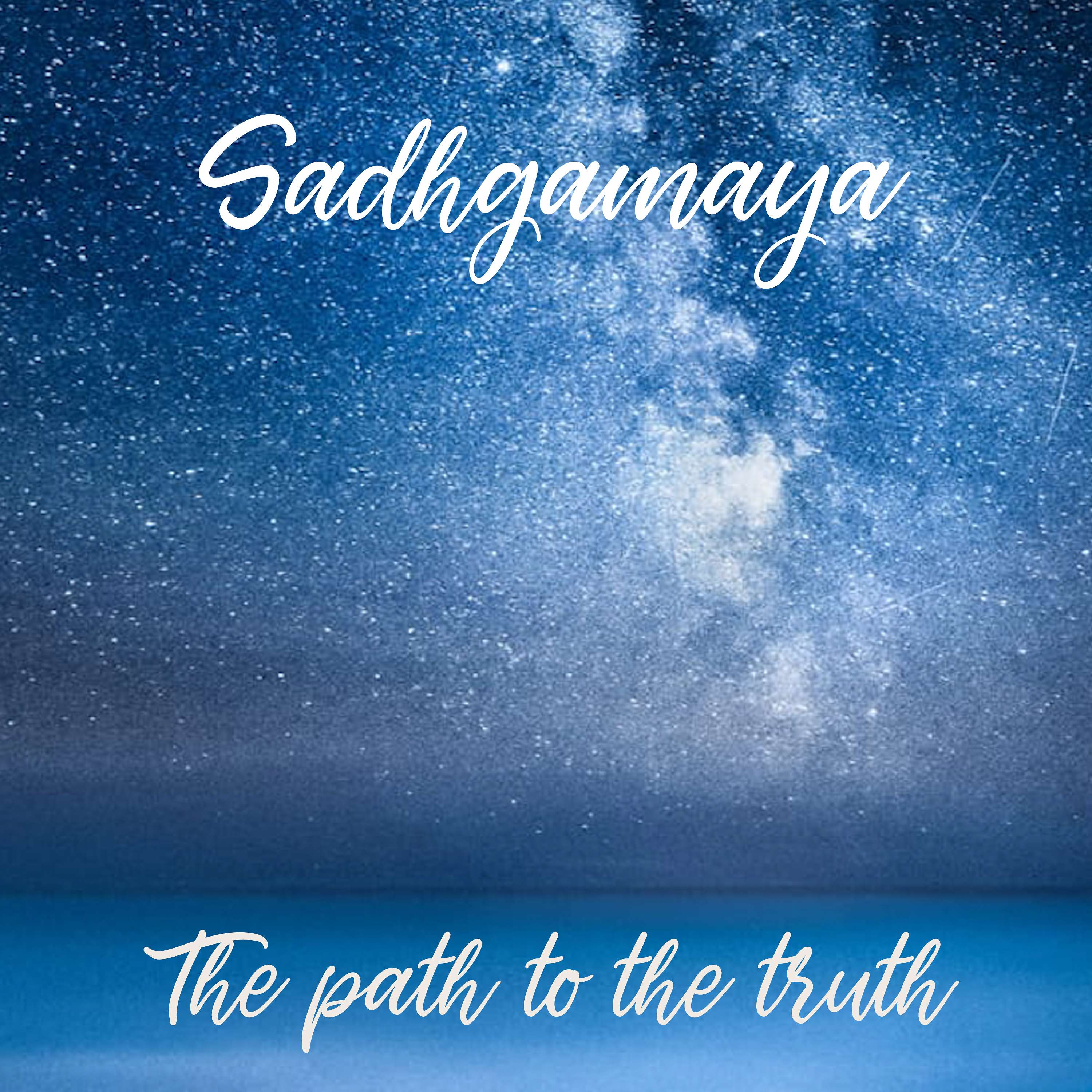 Malti Johari's Podcast1. Patanjali Yog Darshan: Episode 1Patanjali was a saint who has written three books (shastra). The first is on grammar - Mahabhashya, the second is on health - Ayurveda, and the third book is on the meeting of the body, mind and soul - Yoga Darshan. Malti Johari has translated the third book containing 196 sutras of Patanjali's Yoga Darshan in Hindi from the original sanskrit. Patanjali has shown a scientific and systematic method of disciplining the body, mind and the soul through 8 yoga - Ashtang Yog. In this episode Patanjali gives an introduction to his Yog darshan, on what...2020-06-0727 min
Malti Johari's Podcast1. Patanjali Yog Darshan: Episode 1Patanjali was a saint who has written three books (shastra). The first is on grammar - Mahabhashya, the second is on health - Ayurveda, and the third book is on the meeting of the body, mind and soul - Yoga Darshan. Malti Johari has translated the third book containing 196 sutras of Patanjali's Yoga Darshan in Hindi from the original sanskrit. Patanjali has shown a scientific and systematic method of disciplining the body, mind and the soul through 8 yoga - Ashtang Yog. In this episode Patanjali gives an introduction to his Yog darshan, on what...2020-06-0727 min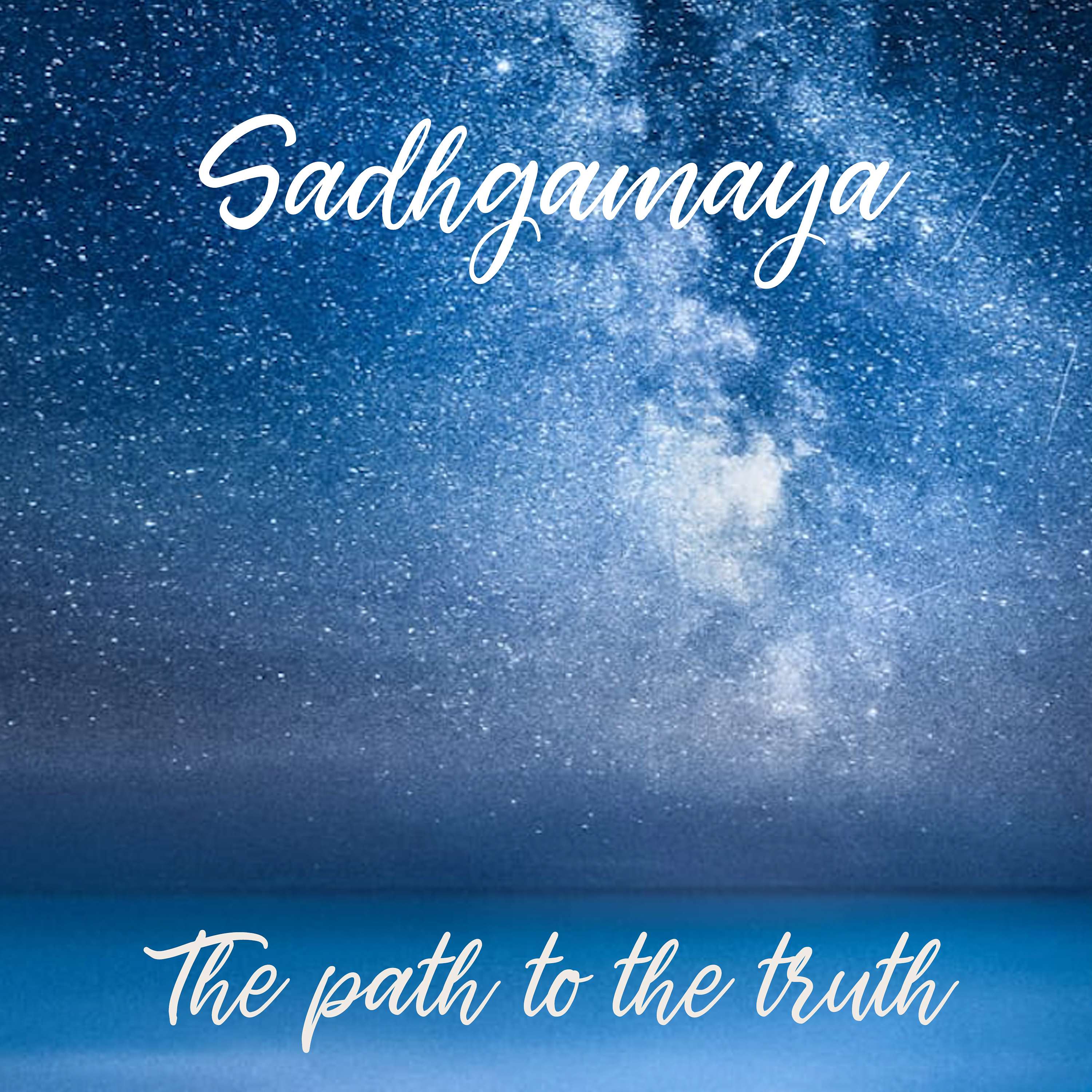 Malti Johari's Podcast3. Naradiya Bhakti SutraThis is the concluding episode of Narad's talks on devotion. He compares devotion to love and says that it is one and the same. He states that devotion is like being in love. The God is the Beloved, (similar to the Sufi philosophy), and emphasizes that in bhakti we see God in every body. This is true humanity. All philosophical scriptures teach humanity in the name of dharma. 2020-06-0115 min
Malti Johari's Podcast3. Naradiya Bhakti SutraThis is the concluding episode of Narad's talks on devotion. He compares devotion to love and says that it is one and the same. He states that devotion is like being in love. The God is the Beloved, (similar to the Sufi philosophy), and emphasizes that in bhakti we see God in every body. This is true humanity. All philosophical scriptures teach humanity in the name of dharma. 2020-06-0115 min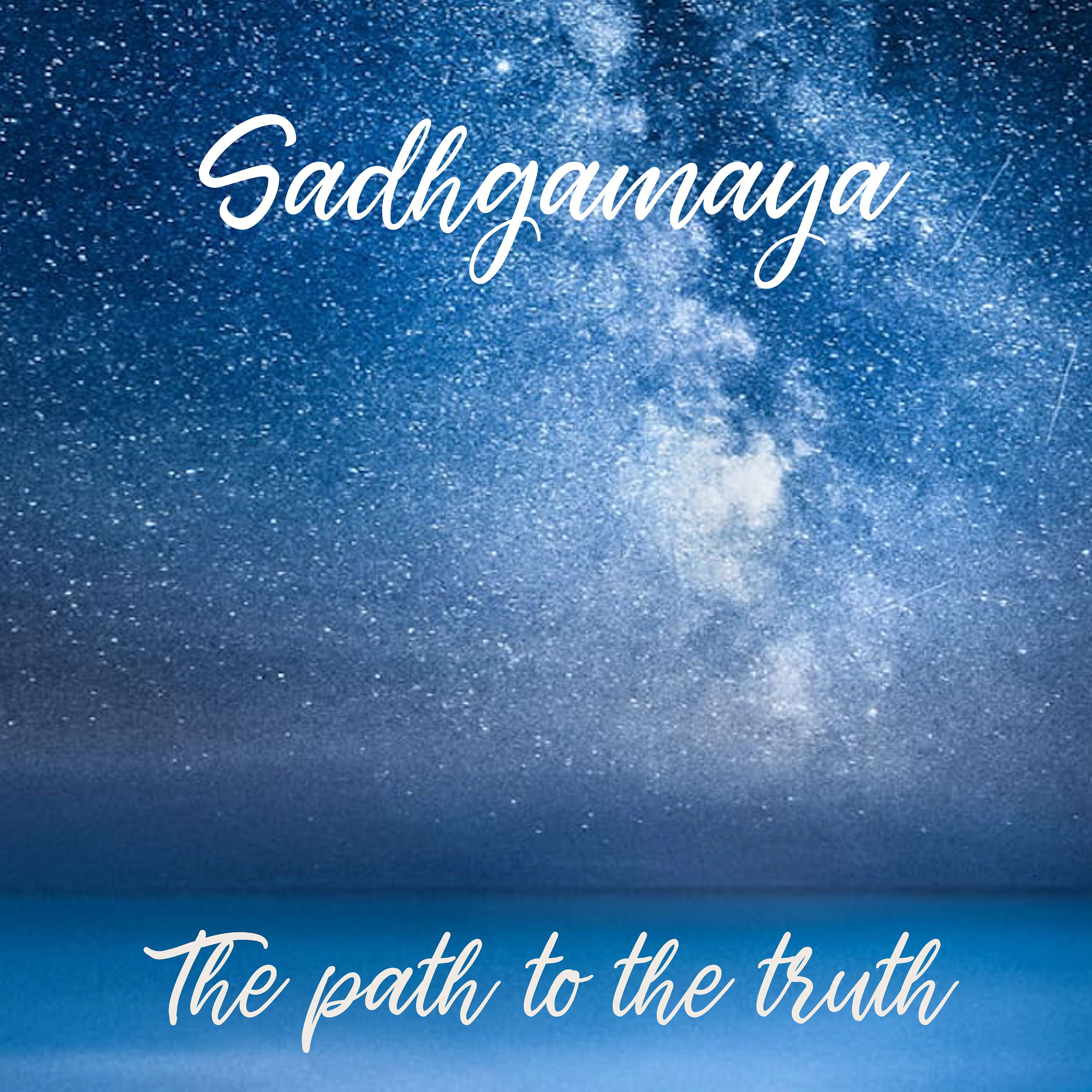 Malti Johari's Podcast2. Naradiya Bhakti SutraIn this second part Narad explains that the path of devotion or Bhakti is the easiest path to attain moksh or enlightenment. The other two paths are gyan that is knowledge and karma that is work are slightly more difficult that the path of Bhakti. He explains why and how the path of devotion is the easiest path to be followed by the common man. 2020-05-3122 min
Malti Johari's Podcast2. Naradiya Bhakti SutraIn this second part Narad explains that the path of devotion or Bhakti is the easiest path to attain moksh or enlightenment. The other two paths are gyan that is knowledge and karma that is work are slightly more difficult that the path of Bhakti. He explains why and how the path of devotion is the easiest path to be followed by the common man. 2020-05-3122 min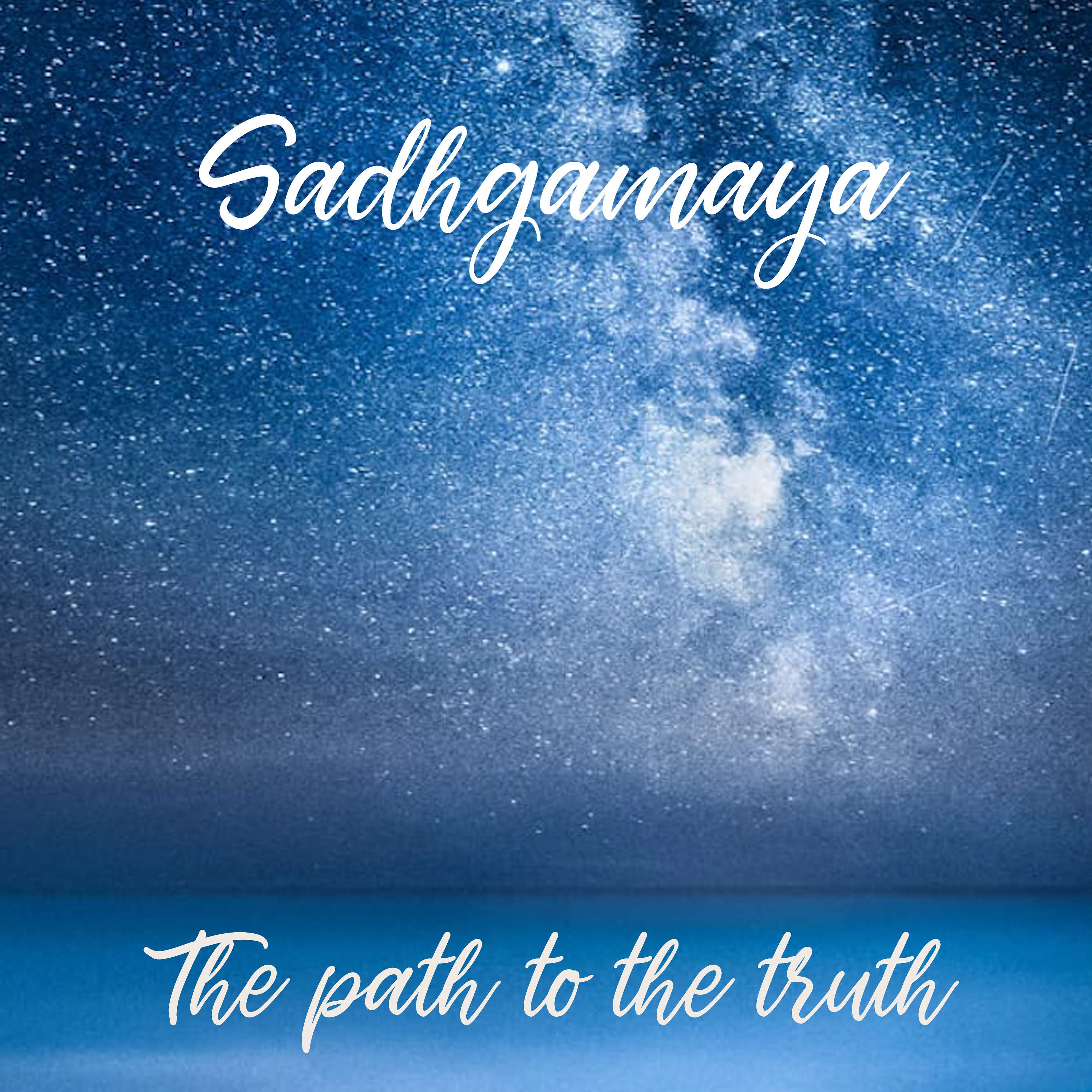 Malti Johari's Podcast1. Naradiya Bhakti SutraNarad muni (saint) speaks about devotion or bhakti. He explains what is devotion, what a devotee is required to do, and how to recognize a devotee. He explains the types of devotions too.Malti Johari has translated the original sanskrit sutras in Hindi. This podcast is her Hindi translation of the Narad sutra on Bhakti or devotion.2020-05-3122 min
Malti Johari's Podcast1. Naradiya Bhakti SutraNarad muni (saint) speaks about devotion or bhakti. He explains what is devotion, what a devotee is required to do, and how to recognize a devotee. He explains the types of devotions too.Malti Johari has translated the original sanskrit sutras in Hindi. This podcast is her Hindi translation of the Narad sutra on Bhakti or devotion.2020-05-3122 min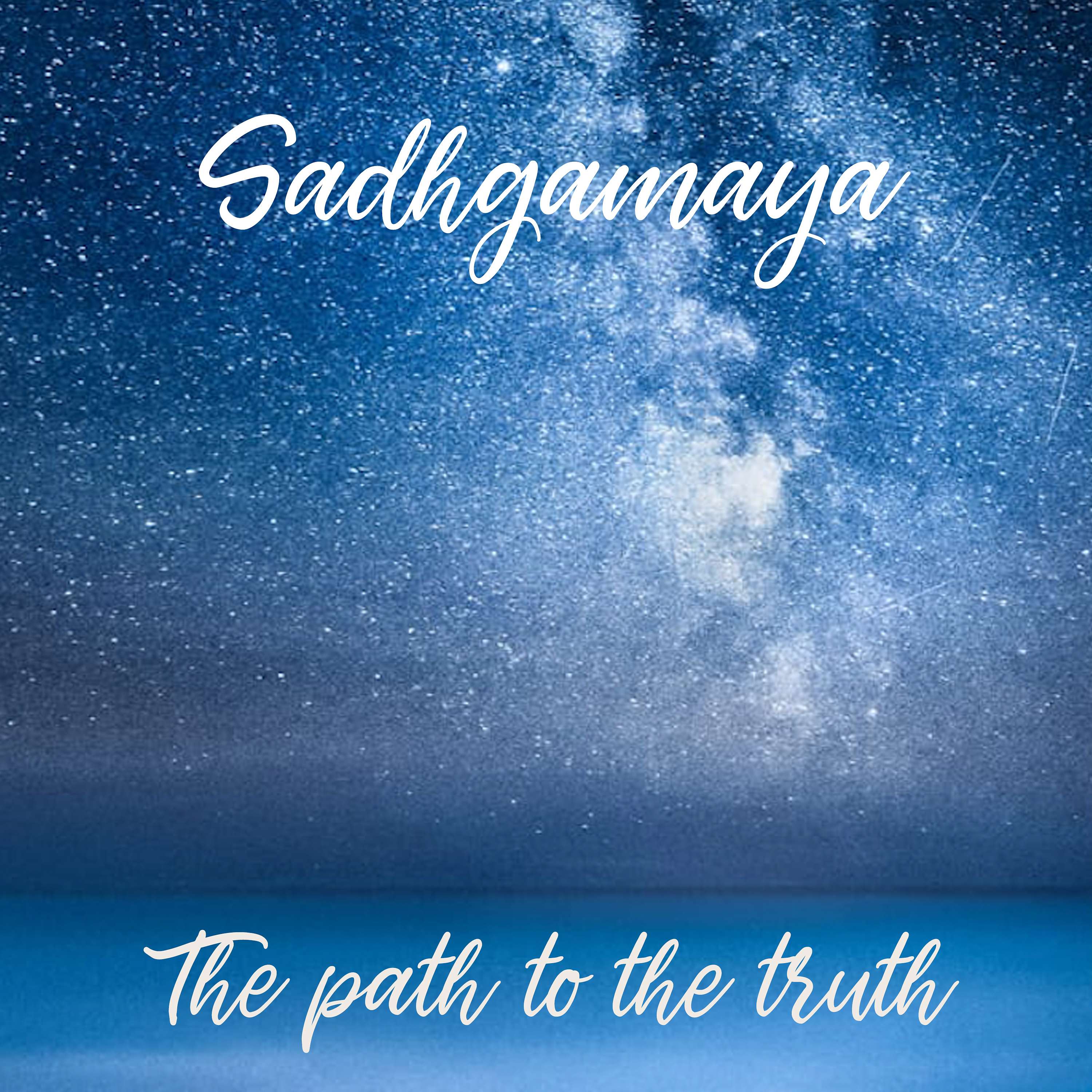 Malti Johari's Podcast23. Jashn-e-Rumi: On DeathRumi says that death is of the body, not the soul. He says we are the soul, which can never die. On the death of the body, the soul will be free to meet its source, it's lover - God. Re-birth depends on how we have led this life. If we lead an egoless life we will be able to be one with the Source. From Rumi's big treasure of poems, these were just a few, which I have attempted to translate in Hindi. 2020-05-1115 min
Malti Johari's Podcast23. Jashn-e-Rumi: On DeathRumi says that death is of the body, not the soul. He says we are the soul, which can never die. On the death of the body, the soul will be free to meet its source, it's lover - God. Re-birth depends on how we have led this life. If we lead an egoless life we will be able to be one with the Source. From Rumi's big treasure of poems, these were just a few, which I have attempted to translate in Hindi. 2020-05-1115 min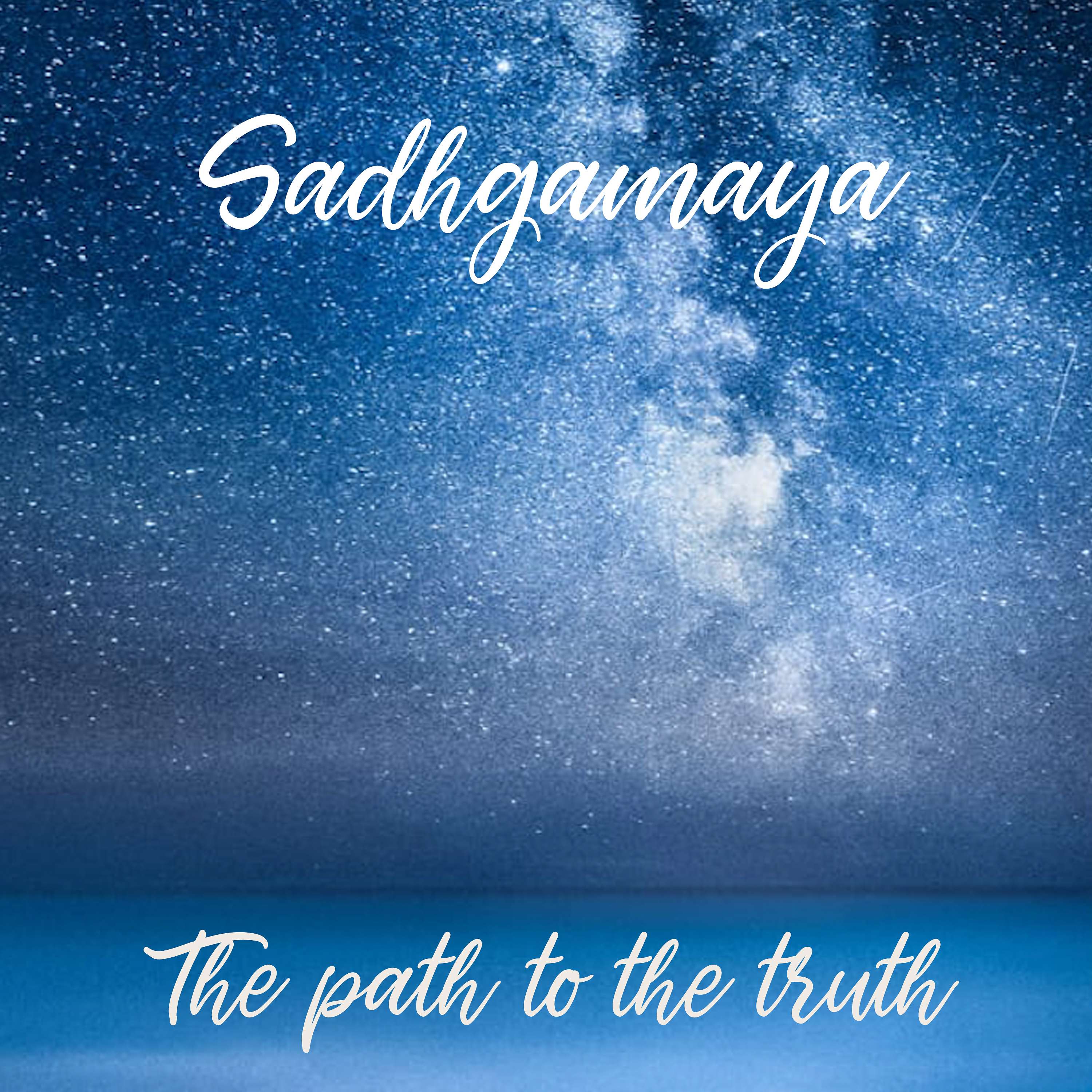 Malti Johari's Podcast20. Jashn-e-Rumi: The AlmightyRumi says that women are not an object of lust. She is a Creator. He says the Almighty is a woman. The Creator has compassionate qualities, she is loving, caring, forgiving, empathetic, etc, which are all qualities inherent in women. Her love is for everybody and there is no need to fear Her. 2020-05-1016 min
Malti Johari's Podcast20. Jashn-e-Rumi: The AlmightyRumi says that women are not an object of lust. She is a Creator. He says the Almighty is a woman. The Creator has compassionate qualities, she is loving, caring, forgiving, empathetic, etc, which are all qualities inherent in women. Her love is for everybody and there is no need to fear Her. 2020-05-1016 min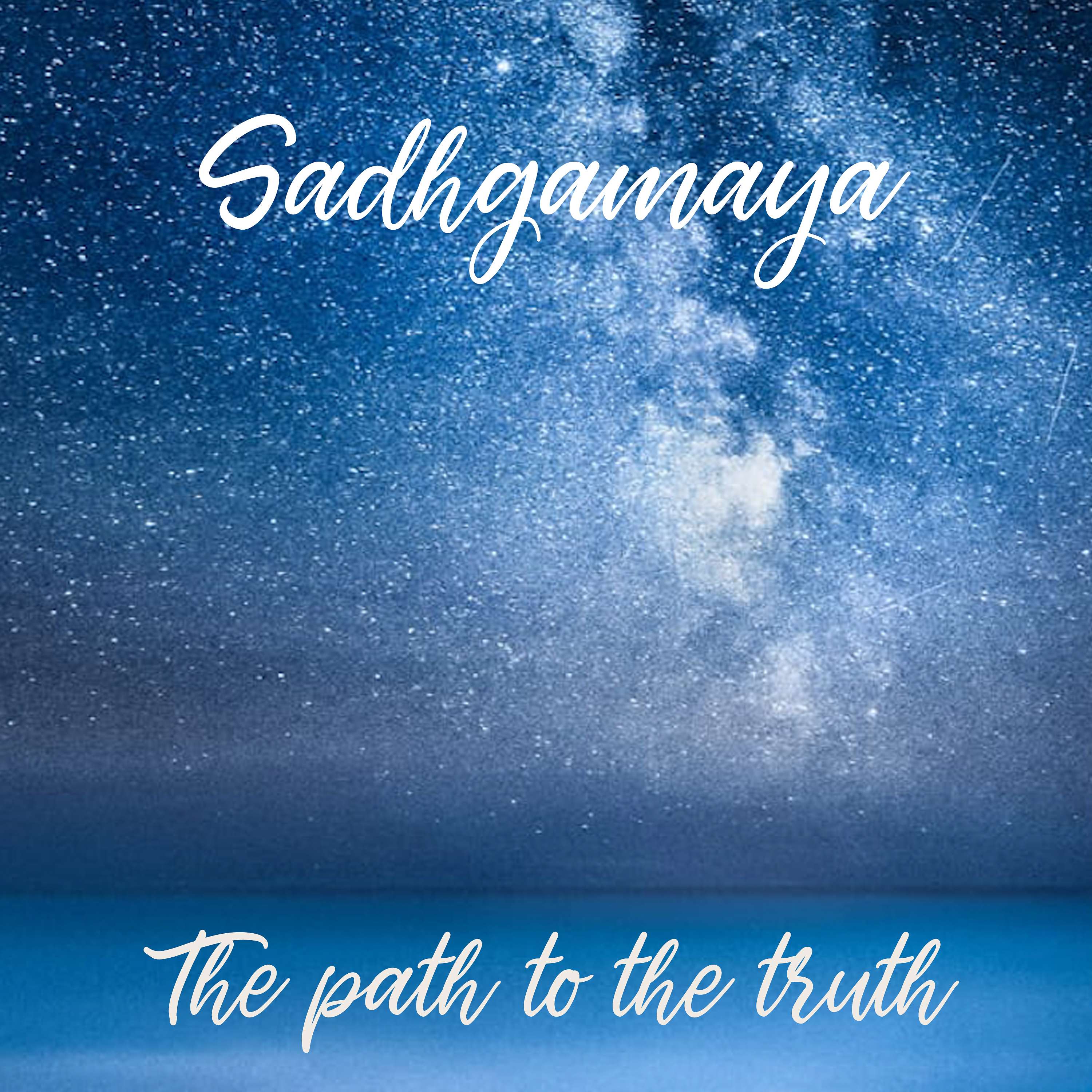 Malti Johari's Podcast22. Jashn-e-Rumi: Adwait or OnenessRumi say that there is only One Existence. There is no individuality because we are part of the Almighty. We come from that One source and we will go back into that same source. We are never alone, as the Existence is always with us. This word "Adwait" that is Oneness is the main concept of Indian philosophy too. 2020-05-1018 min
Malti Johari's Podcast22. Jashn-e-Rumi: Adwait or OnenessRumi say that there is only One Existence. There is no individuality because we are part of the Almighty. We come from that One source and we will go back into that same source. We are never alone, as the Existence is always with us. This word "Adwait" that is Oneness is the main concept of Indian philosophy too. 2020-05-1018 min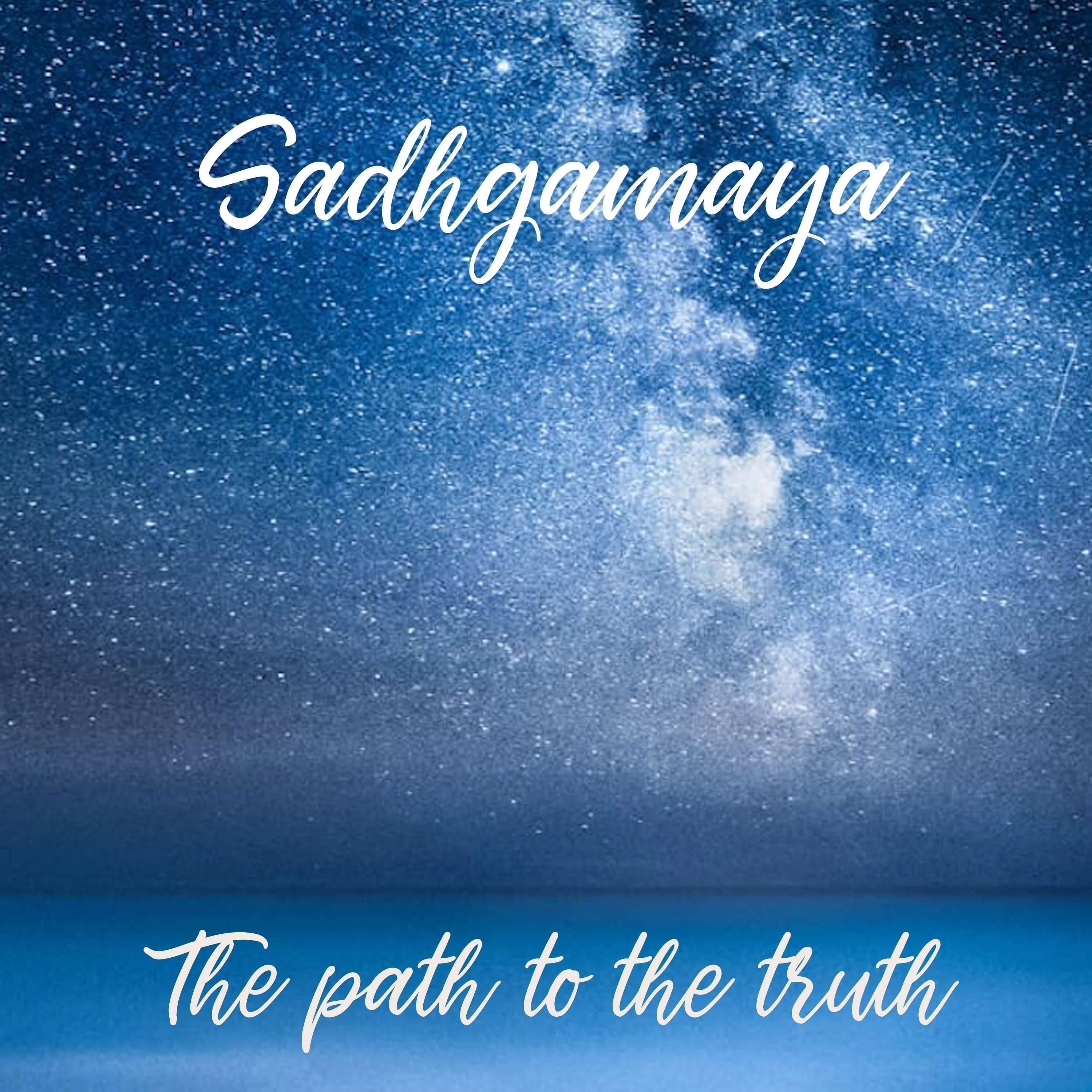 Malti Johari's Podcast21. Jashn-e-Rumi: (cont'd.) The AlmightyRumi says God is in every breath. She is love. Love is God and God is love. There is no form, no gender, no shape, no duality. It is pure love and love only. 2020-05-1014 min
Malti Johari's Podcast21. Jashn-e-Rumi: (cont'd.) The AlmightyRumi says God is in every breath. She is love. Love is God and God is love. There is no form, no gender, no shape, no duality. It is pure love and love only. 2020-05-1014 min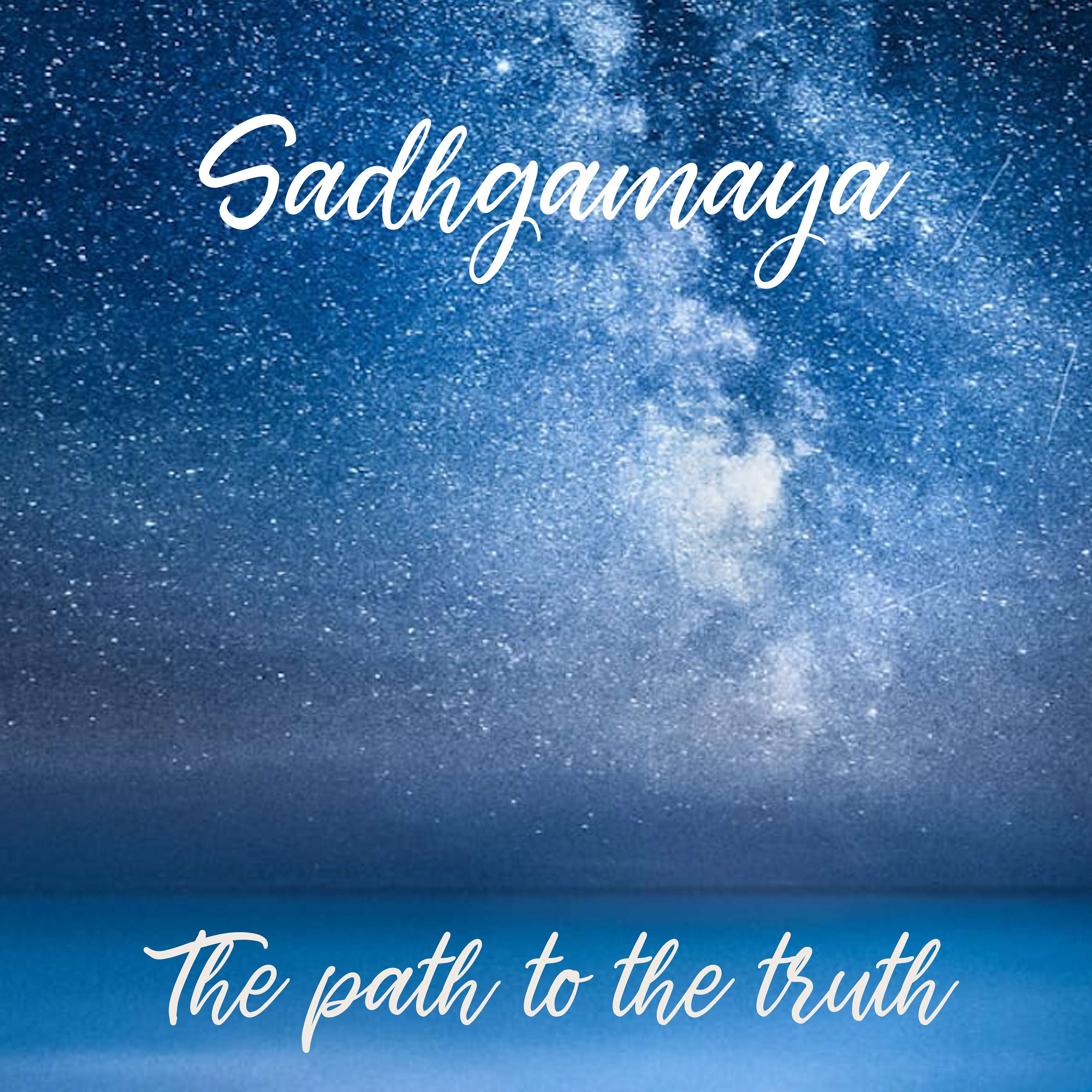 Malti Johari's Podcast19. Jashn-e-Rumi: On DedicationRumi says if you are fully dedicated to God only then you can meet and experience God. It's like a drop of water meeting the sea, it no longer remains a drop, but becomes the sea itself. Similarly, we can become a part of God, when we forget ourselves and dissolve ourselves in the ocean of God.2020-05-0815 min
Malti Johari's Podcast19. Jashn-e-Rumi: On DedicationRumi says if you are fully dedicated to God only then you can meet and experience God. It's like a drop of water meeting the sea, it no longer remains a drop, but becomes the sea itself. Similarly, we can become a part of God, when we forget ourselves and dissolve ourselves in the ocean of God.2020-05-0815 min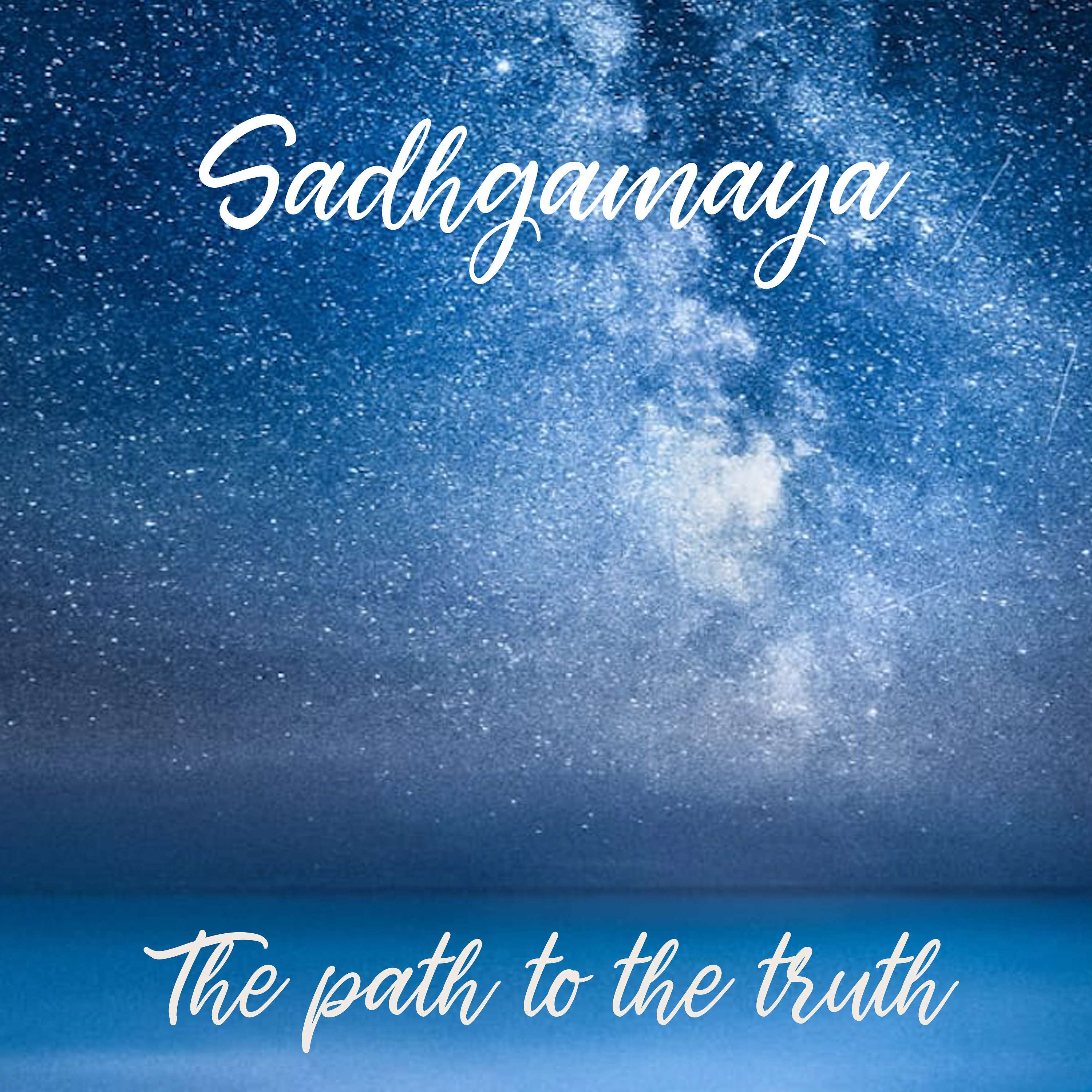 Malti Johari's Podcast18. Jashn-e-Rumi: Total AcceptanceRumi says through his poetry that we need to accept whatever God has given us. So, if there is sadness, or pain, or happiness, or sickness, etc. we need to accept it completely. Don't bring your mind into the situation. Accept it as the will of God, without complaining. It is then, that the true meaning of acceptance is understood. 2020-05-0513 min
Malti Johari's Podcast18. Jashn-e-Rumi: Total AcceptanceRumi says through his poetry that we need to accept whatever God has given us. So, if there is sadness, or pain, or happiness, or sickness, etc. we need to accept it completely. Don't bring your mind into the situation. Accept it as the will of God, without complaining. It is then, that the true meaning of acceptance is understood. 2020-05-0513 min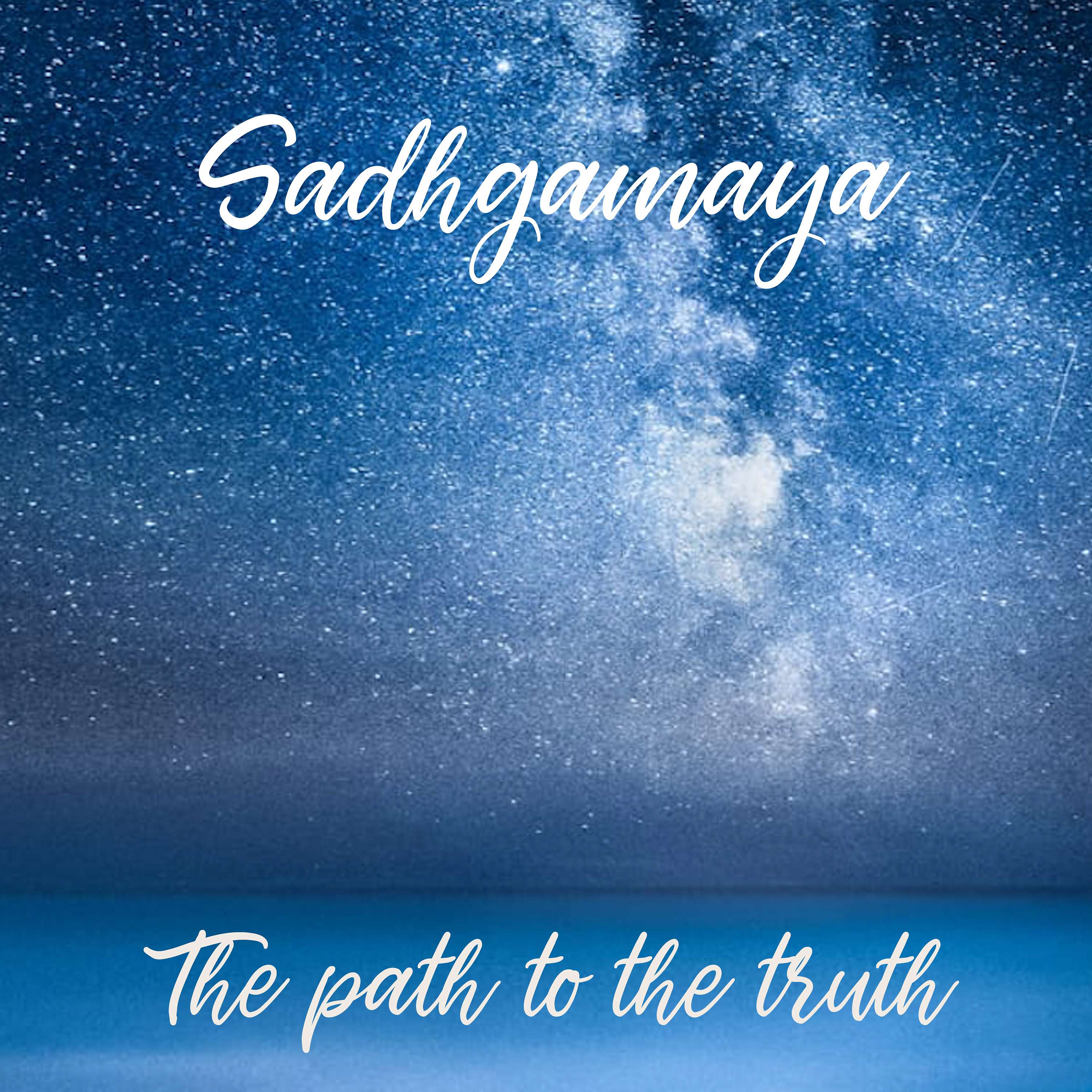 Malti Johari's Podcast17. Jashn-e-Rumi: (contd.) On LoveRumi through his poetry beautifully explains that Love is the only medicine for all diseases. 2020-05-0413 min
Malti Johari's Podcast17. Jashn-e-Rumi: (contd.) On LoveRumi through his poetry beautifully explains that Love is the only medicine for all diseases. 2020-05-0413 min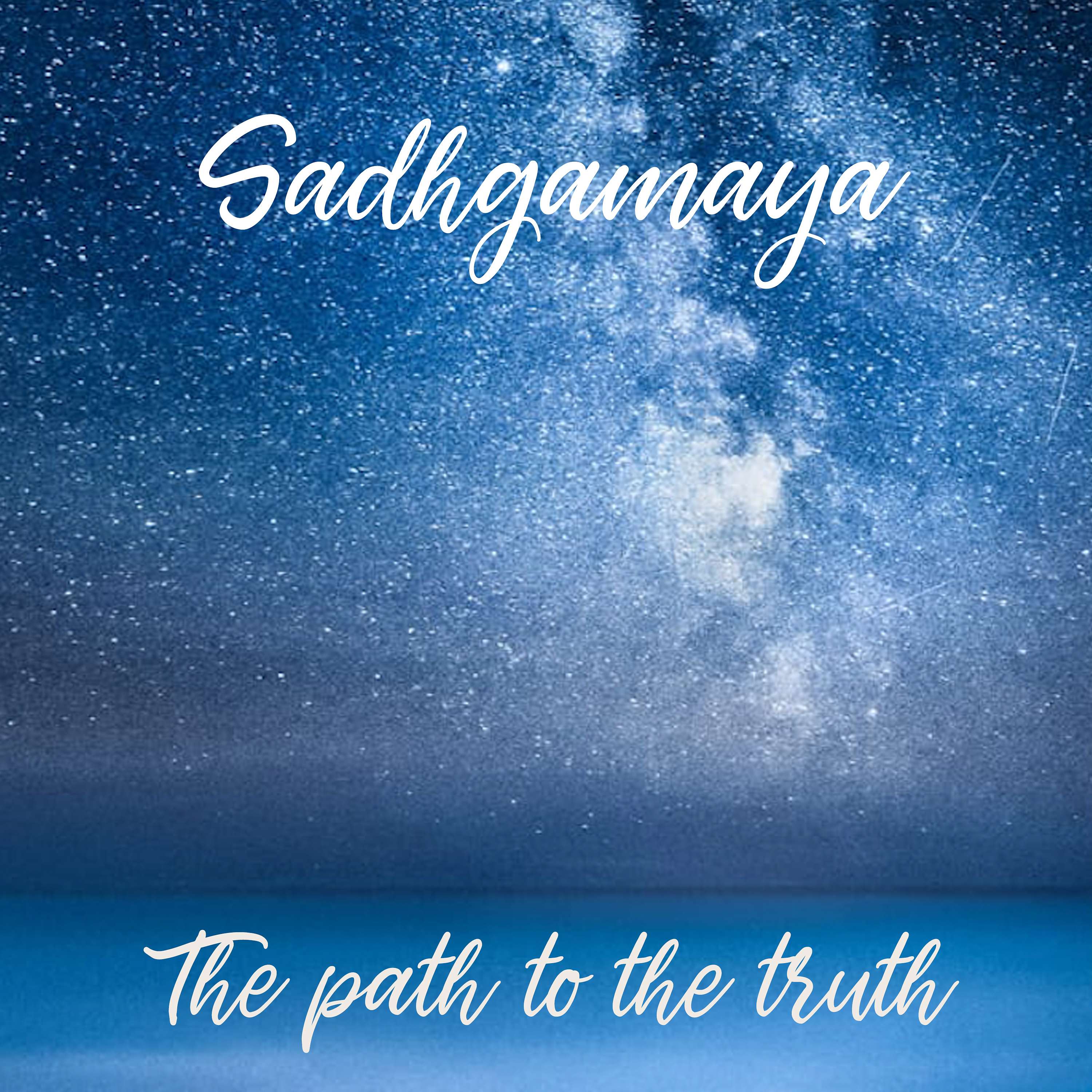 Malti Johari's Podcast16. Jashn-e-Rumi: On LoveRumi explains what is Love? He says that attraction towards things, valuables, luxury items, or physical bodies is not love; it is lust, desire, greed. Love is something beyond the body and mind. It is platonic. Is it attraction of the hearts? We cannot say, but you become another person. When love comes in your heart, you will see happiness everywhere and you will become a positive person. 2020-05-0416 min
Malti Johari's Podcast16. Jashn-e-Rumi: On LoveRumi explains what is Love? He says that attraction towards things, valuables, luxury items, or physical bodies is not love; it is lust, desire, greed. Love is something beyond the body and mind. It is platonic. Is it attraction of the hearts? We cannot say, but you become another person. When love comes in your heart, you will see happiness everywhere and you will become a positive person. 2020-05-0416 min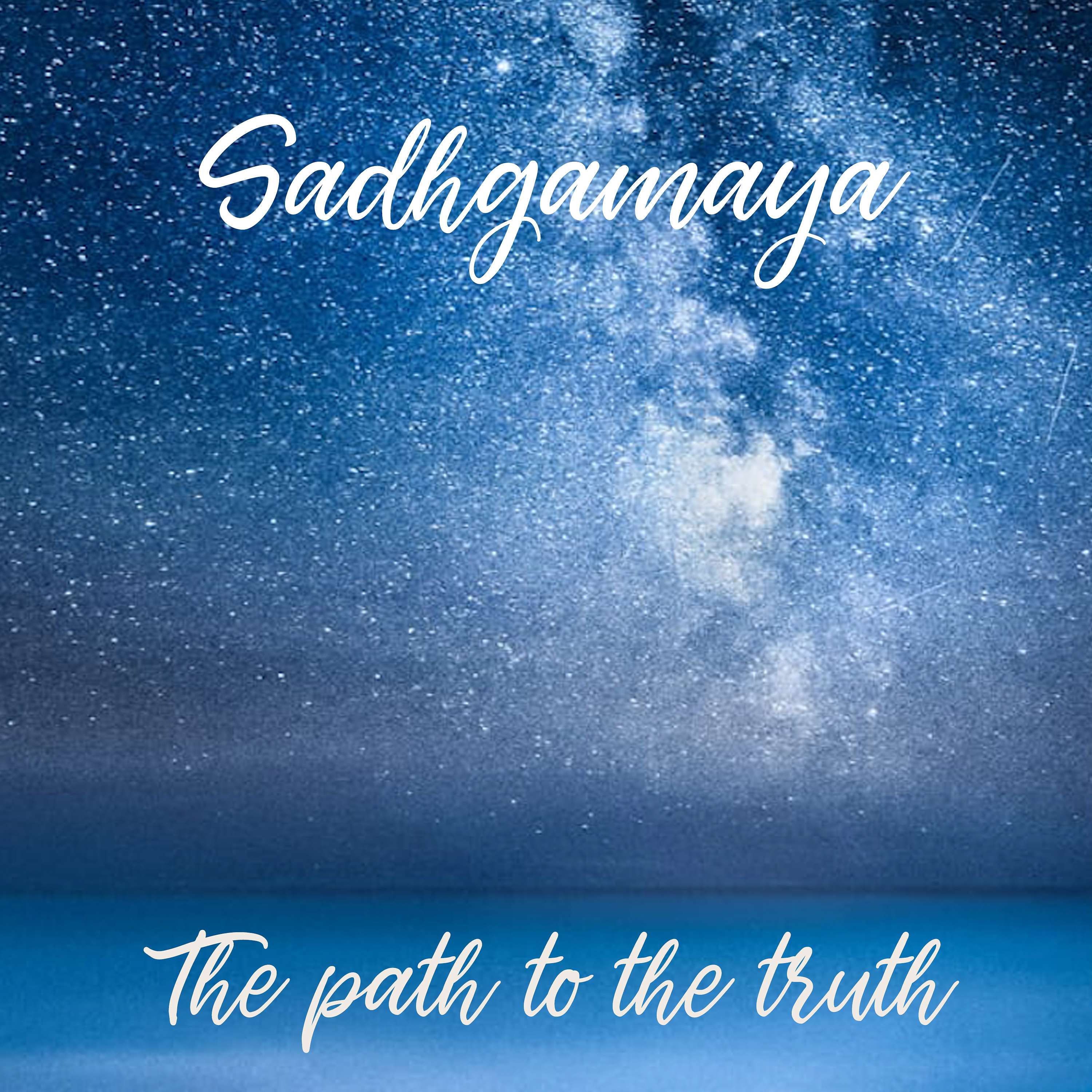 Malti Johari's Podcast15. Jashn-e-Rumi: (contd.) Emptiness and SilenceRumi says that the first step is to realise that you are not getting peace and happiness from world things. It is then that you will look within and seek your inner self. It is in silence that we can hear our inner voice and our heart. To achieve silence we need to leave unnecessary thinking, talking and doing and become mind less/ empty the mind. 2020-05-0314 min
Malti Johari's Podcast15. Jashn-e-Rumi: (contd.) Emptiness and SilenceRumi says that the first step is to realise that you are not getting peace and happiness from world things. It is then that you will look within and seek your inner self. It is in silence that we can hear our inner voice and our heart. To achieve silence we need to leave unnecessary thinking, talking and doing and become mind less/ empty the mind. 2020-05-0314 min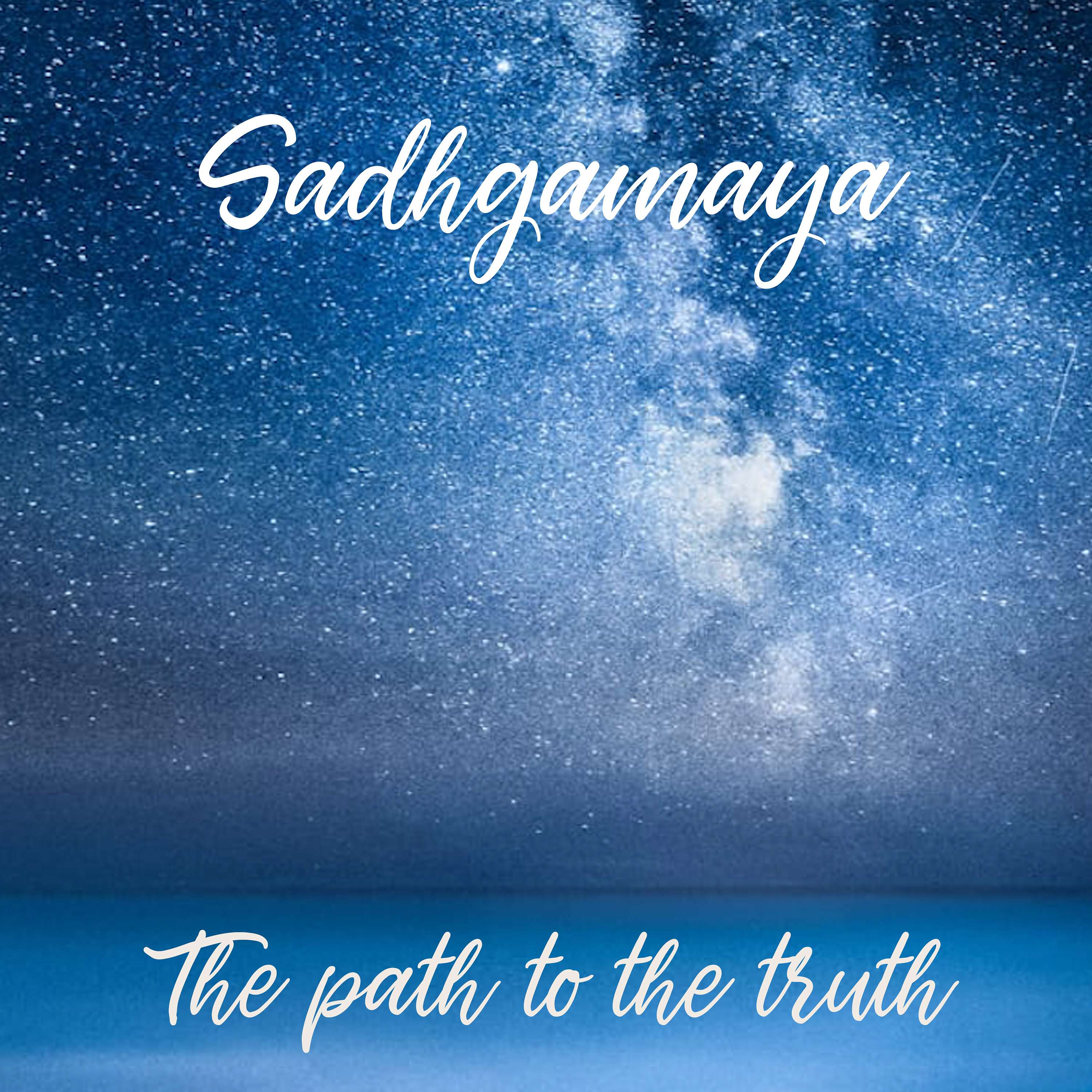 Malti Johari's Podcast14. Jashn-e-Rumi: Emptiness and SilenceRumi says that one should not be mind full, and should not make the mind your Master. One should remember that you are the Master of your mind. The mind will keep you occupied in worldly things, and will not let you listen to your heart and your inner voice. Therefore, in order to be able to listen to your inner voice you need to remain silent and keep your mind empty. 2020-05-0315 min
Malti Johari's Podcast14. Jashn-e-Rumi: Emptiness and SilenceRumi says that one should not be mind full, and should not make the mind your Master. One should remember that you are the Master of your mind. The mind will keep you occupied in worldly things, and will not let you listen to your heart and your inner voice. Therefore, in order to be able to listen to your inner voice you need to remain silent and keep your mind empty. 2020-05-0315 min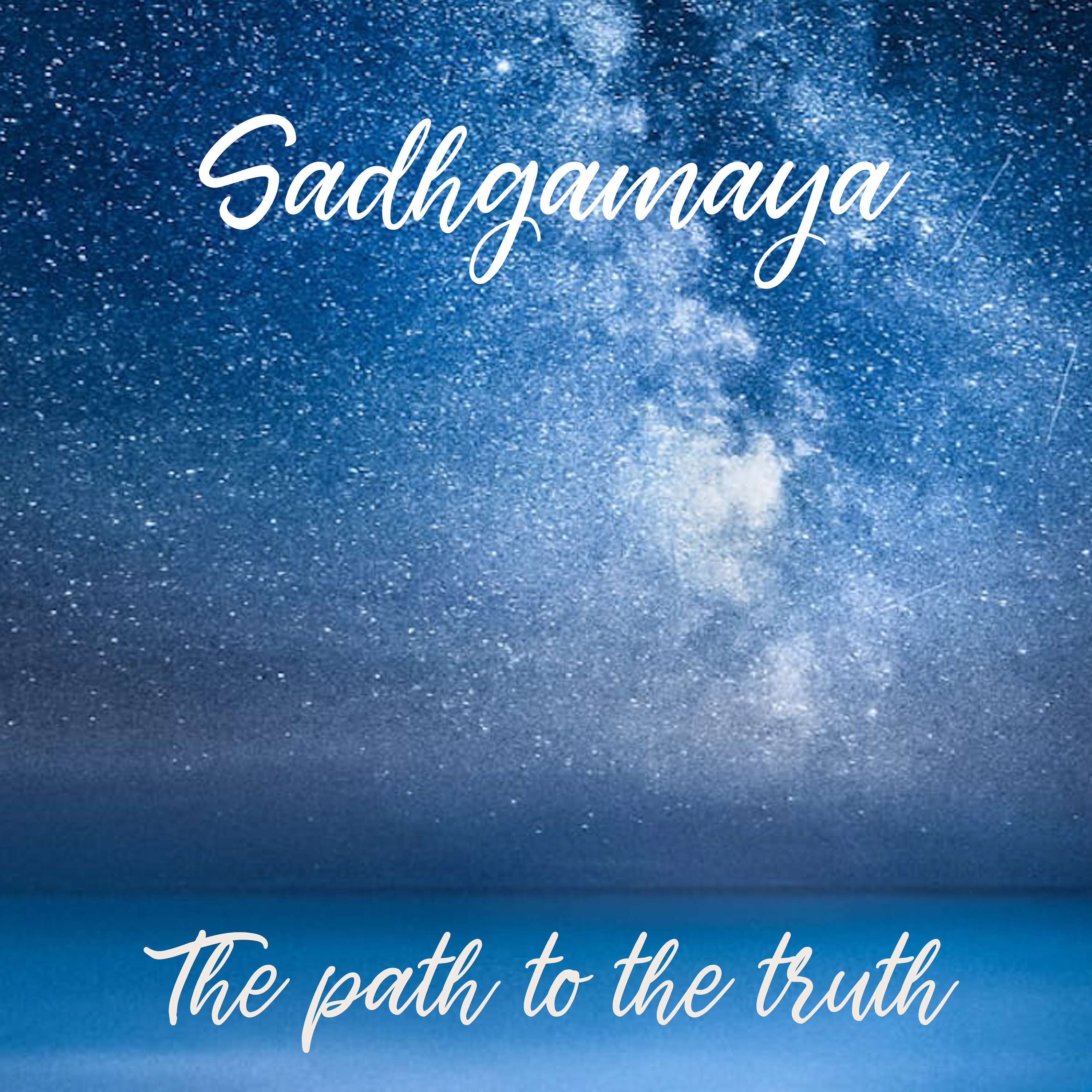 Malti Johari's Podcast13. Jashn-e-Rumi: (contd.) ObserverRumi states that difficulties in life arise when we get attached to our emotions, feelings, etc. We need to remember that we should live in the present and those emotions will come for a moment and disappear the next moment. It is like each day is different. Seasons come and go. During winters if we hope it was summer, we will not be able to enjoy the beauty of the winter season. We should remain in the present, and take each day, each moment as it comes, and then let it go the next moment. 2020-05-0213 min
Malti Johari's Podcast13. Jashn-e-Rumi: (contd.) ObserverRumi states that difficulties in life arise when we get attached to our emotions, feelings, etc. We need to remember that we should live in the present and those emotions will come for a moment and disappear the next moment. It is like each day is different. Seasons come and go. During winters if we hope it was summer, we will not be able to enjoy the beauty of the winter season. We should remain in the present, and take each day, each moment as it comes, and then let it go the next moment. 2020-05-0213 min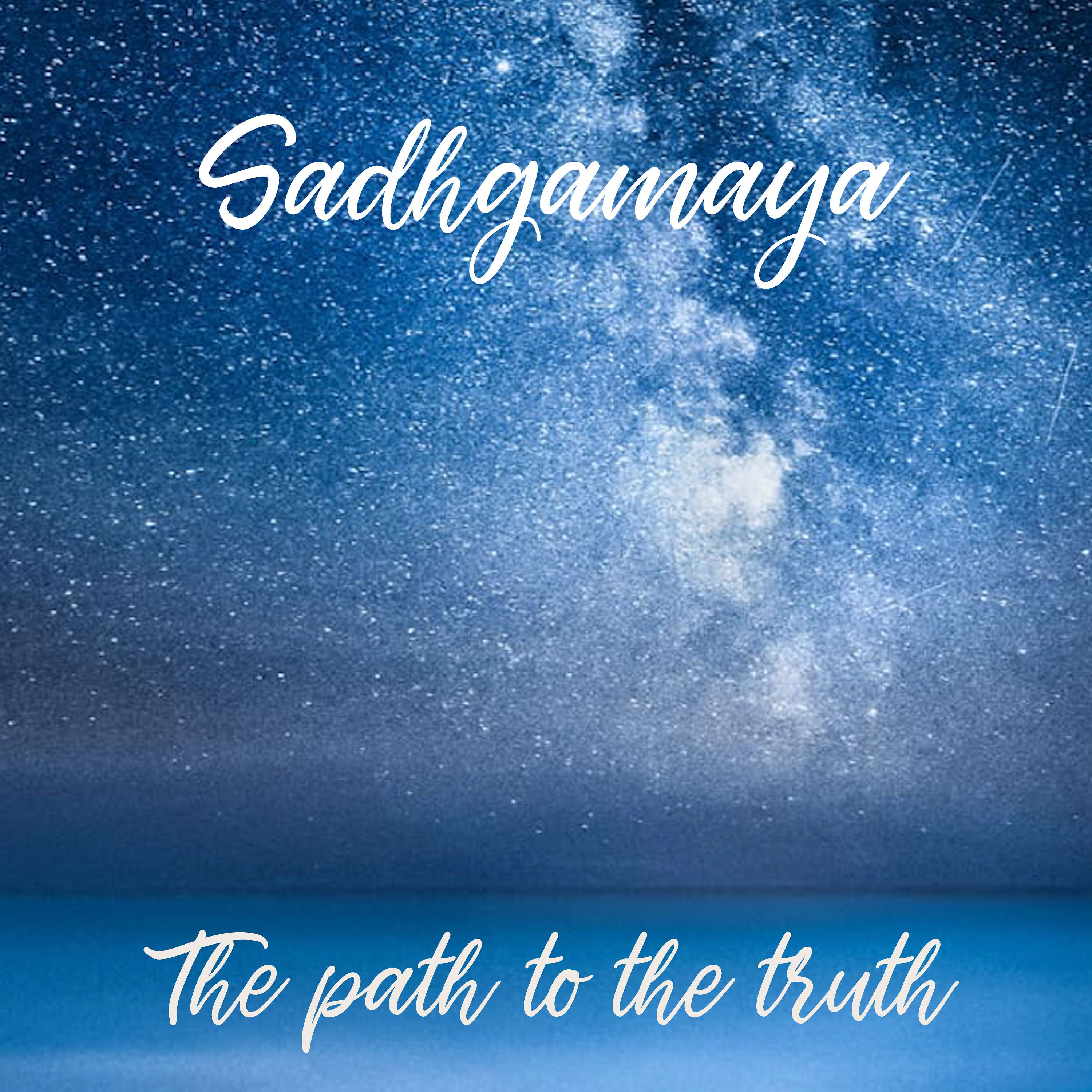 Malti Johari's Podcast12. Jashn-e-Rumi: ObserverRumi explains that it is important to be an observer/ witness. He says observe without an prejudice, judgment or bias. Observe all your emotions with alertness, and don't judge it or label it, just keep observing the emotions with an empty mind. The emotions will disappear or go away. Observe like you are watching a movie. 2020-05-0211 min
Malti Johari's Podcast12. Jashn-e-Rumi: ObserverRumi explains that it is important to be an observer/ witness. He says observe without an prejudice, judgment or bias. Observe all your emotions with alertness, and don't judge it or label it, just keep observing the emotions with an empty mind. The emotions will disappear or go away. Observe like you are watching a movie. 2020-05-0211 min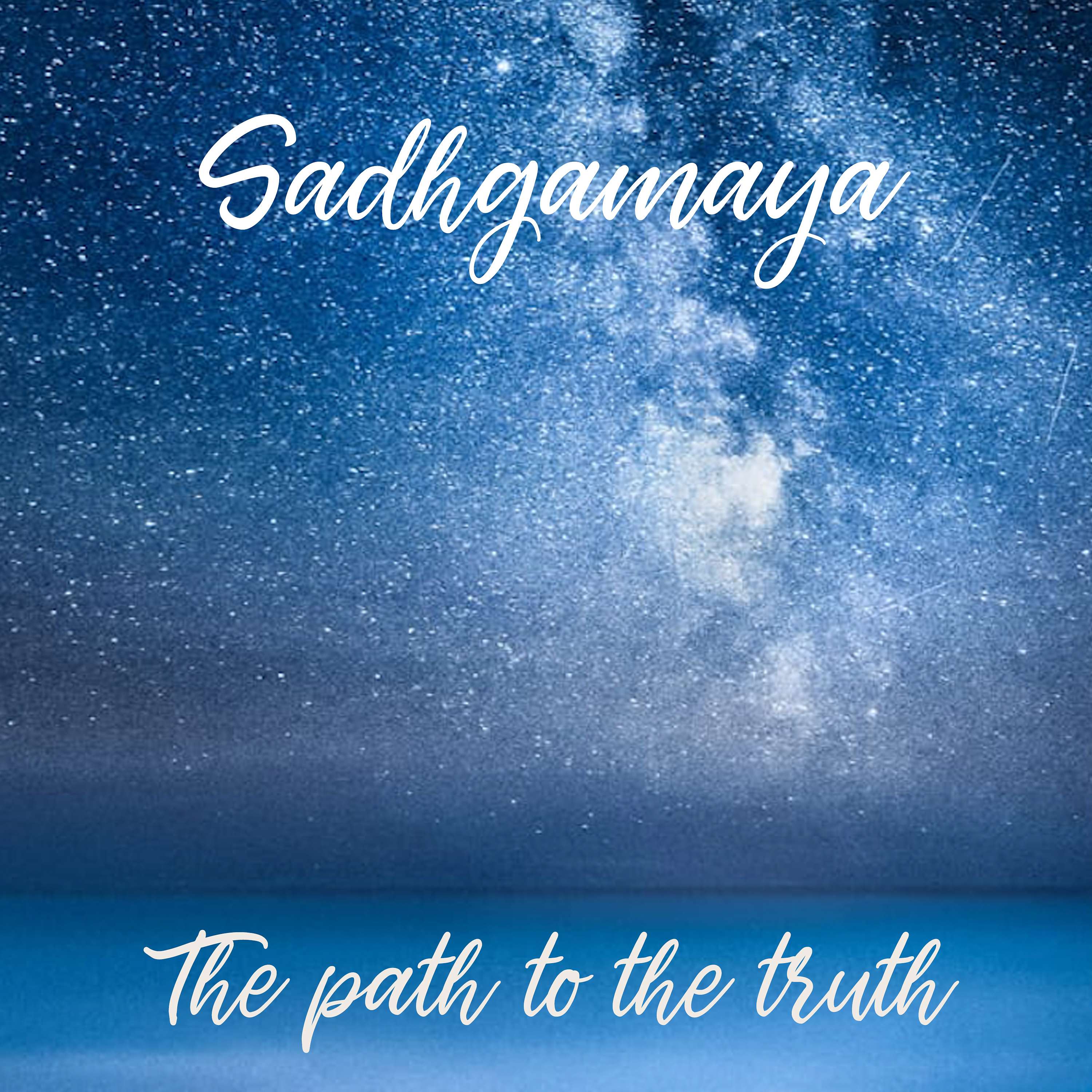 Malti Johari's Podcast11. Jashn-e-Rumi: (contd.) PenanceRumi through his poetry explains that God has implanted the seed in us to know Him. The seed will grow when we leave our ego and we keep our mind empty. It is then that we can listen to our heart and the God within.2020-05-0115 min
Malti Johari's Podcast11. Jashn-e-Rumi: (contd.) PenanceRumi through his poetry explains that God has implanted the seed in us to know Him. The seed will grow when we leave our ego and we keep our mind empty. It is then that we can listen to our heart and the God within.2020-05-0115 min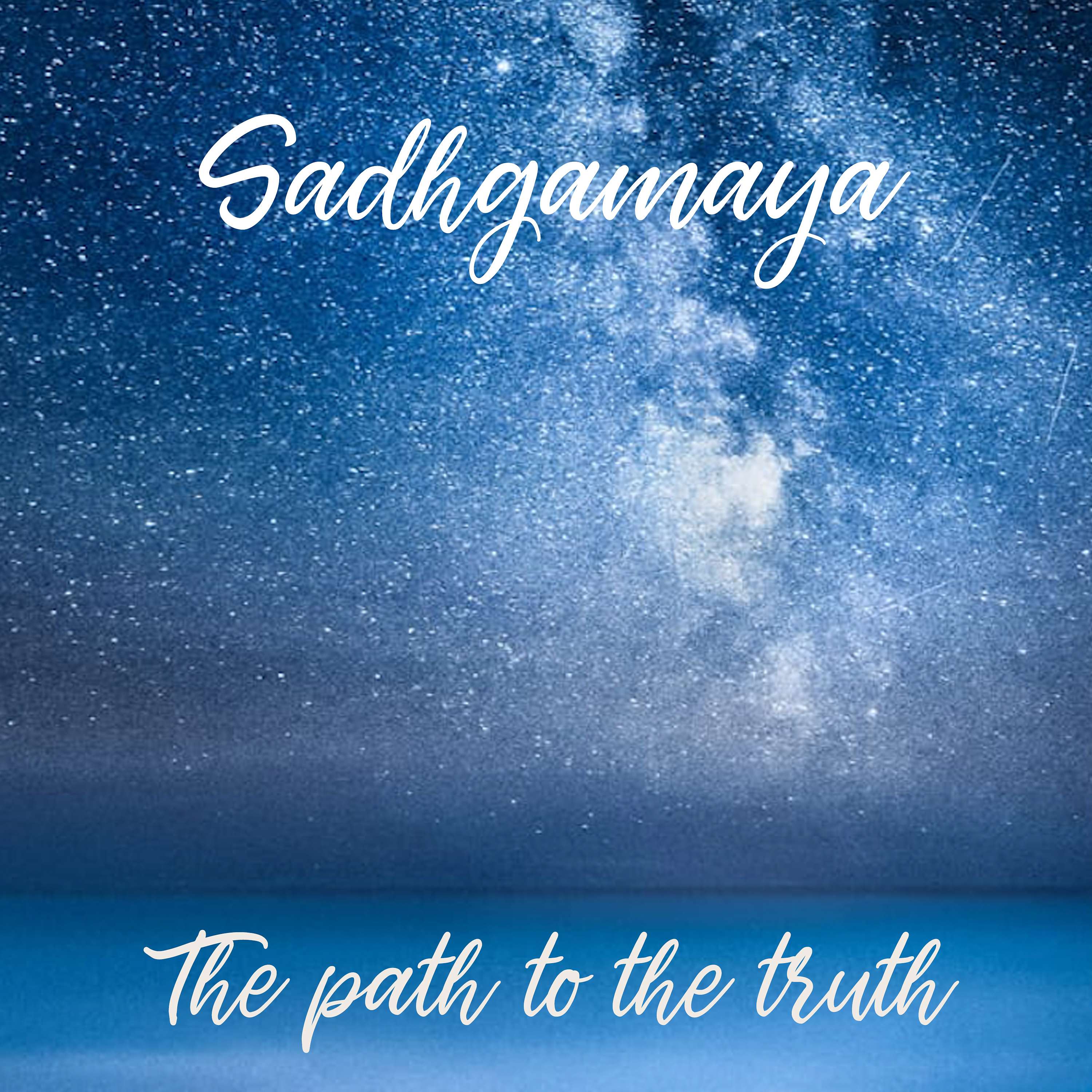 Malti Johari's Podcast10. Jashn-e-Rumi: PenanceRumi says that it is not necessary to torture your body. The most important thing is to understand yourself and to look within. However, sometimes penance is necessary to turn inwards, to leave the materialistic world and to grow spiritually.2020-05-0112 min
Malti Johari's Podcast10. Jashn-e-Rumi: PenanceRumi says that it is not necessary to torture your body. The most important thing is to understand yourself and to look within. However, sometimes penance is necessary to turn inwards, to leave the materialistic world and to grow spiritually.2020-05-0112 min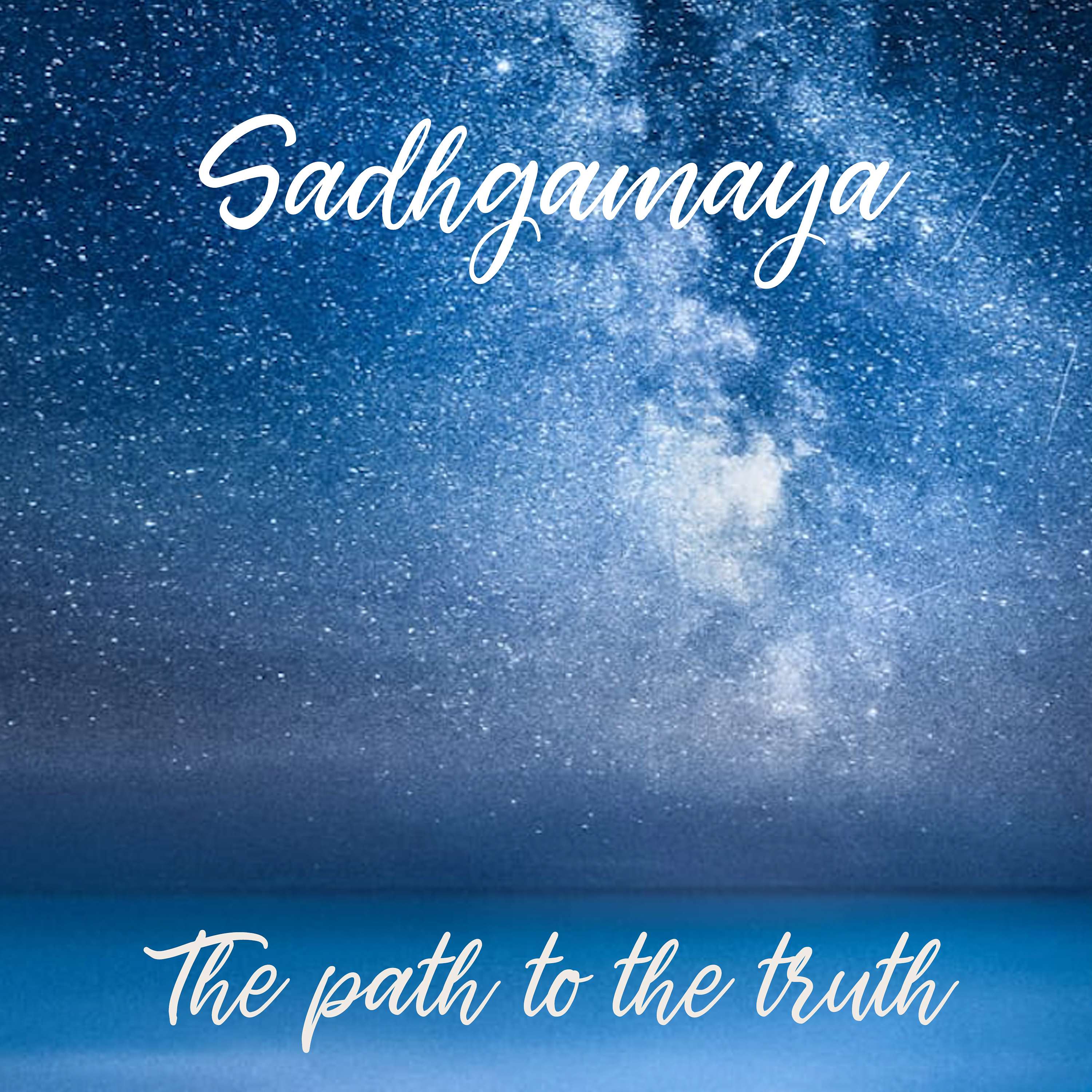 Malti Johari's Podcast9. Jashn-e-Rumi: (contd.) The MasterRumi says you can find your Master by following your heart. He warns that you should not hang on to your Master, but just learn from the Master and find your own path. The Master is like a milestone on the way, but the destination is way ahead, that you need to tread on your own. 2020-04-3014 min
Malti Johari's Podcast9. Jashn-e-Rumi: (contd.) The MasterRumi says you can find your Master by following your heart. He warns that you should not hang on to your Master, but just learn from the Master and find your own path. The Master is like a milestone on the way, but the destination is way ahead, that you need to tread on your own. 2020-04-3014 min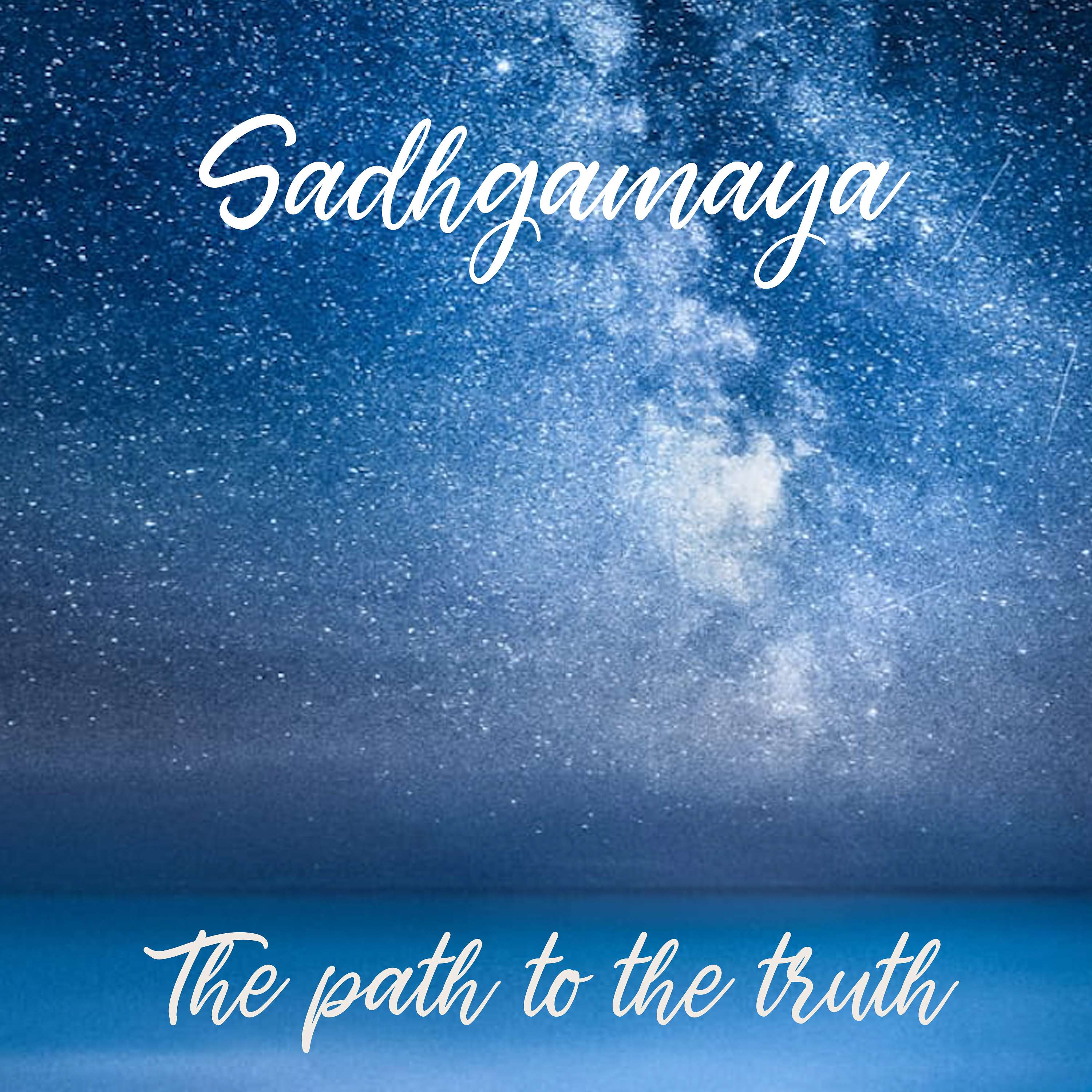 Malti Johari's Podcast8. Jashn-e-Rumi: The MasterRumi says the ultimate Master is your love, and you have to find it in your own soul. In this path, if there are difficulties, then it is helpful to find a Master, who is not materialistic and desirous of having followers, but who will just show you the path and let you find your own way.2020-04-3015 min
Malti Johari's Podcast8. Jashn-e-Rumi: The MasterRumi says the ultimate Master is your love, and you have to find it in your own soul. In this path, if there are difficulties, then it is helpful to find a Master, who is not materialistic and desirous of having followers, but who will just show you the path and let you find your own way.2020-04-3015 min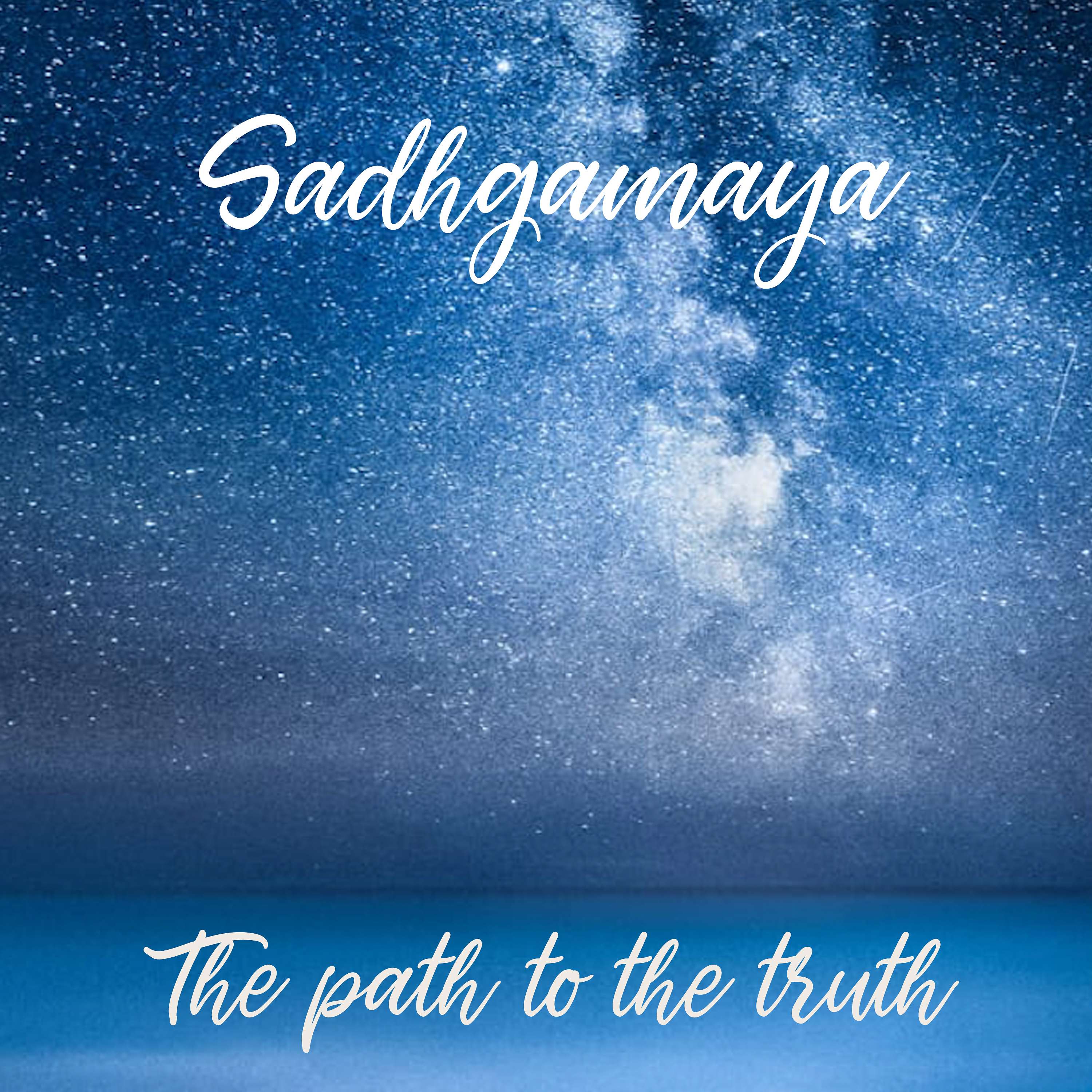 Malti Johari's Podcast7. Jashn-e-Rumi: (contd.) On Duality in LifeRumi explains that though God is the doer, he gives us the freedom to choose our path. The responsibility of choosing the right path is on us. According to the choice we make, we have to face the consequences. God does not interfere in it. 2020-04-2917 min
Malti Johari's Podcast7. Jashn-e-Rumi: (contd.) On Duality in LifeRumi explains that though God is the doer, he gives us the freedom to choose our path. The responsibility of choosing the right path is on us. According to the choice we make, we have to face the consequences. God does not interfere in it. 2020-04-2917 min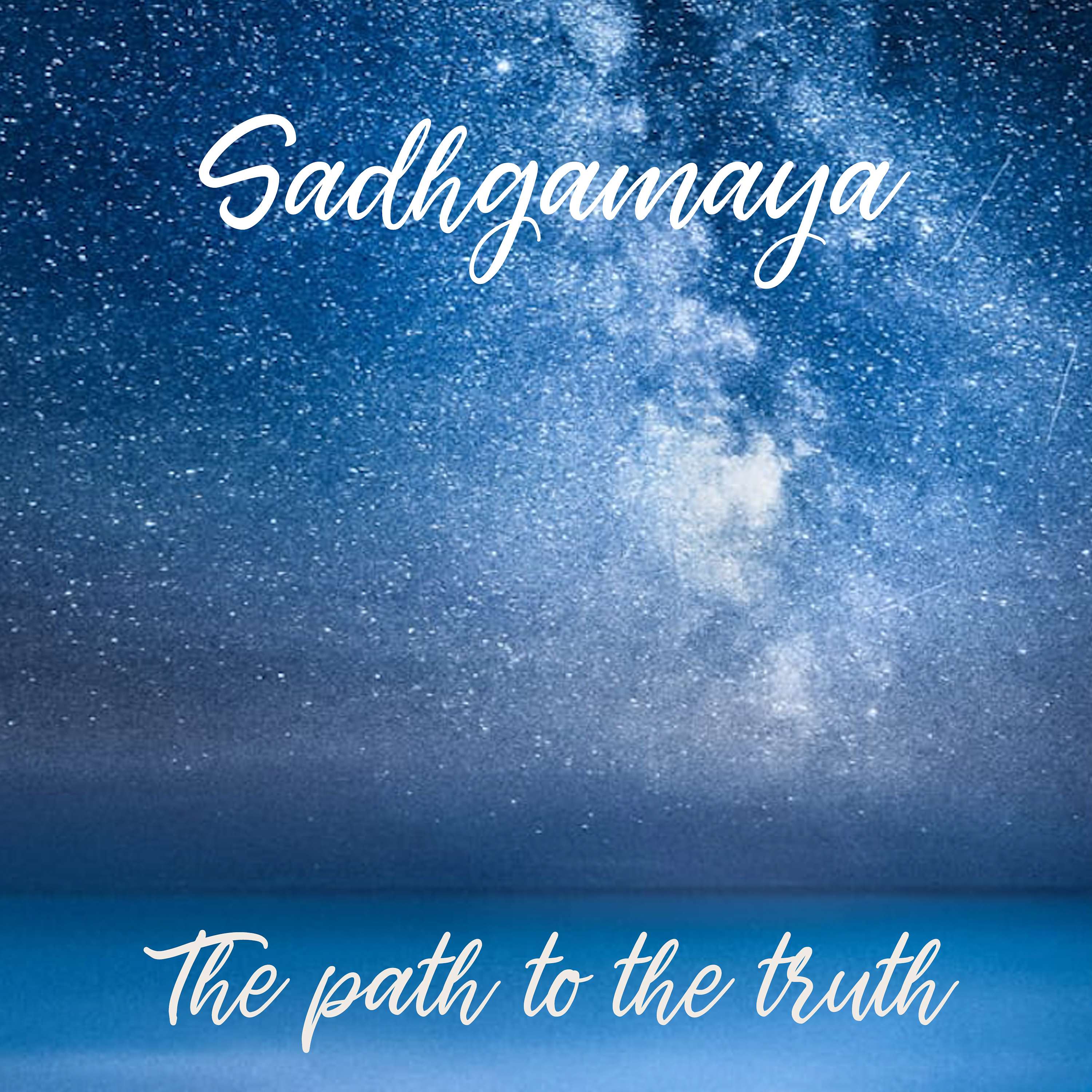 Malti Johari's Podcast6. Jashn-e-Rumi: On Duality in LifeRumi explains through his poetry that God is the doer and we are only his medium. Once we recognize this, there will be no duality. 2020-04-2918 min
Malti Johari's Podcast6. Jashn-e-Rumi: On Duality in LifeRumi explains through his poetry that God is the doer and we are only his medium. Once we recognize this, there will be no duality. 2020-04-2918 min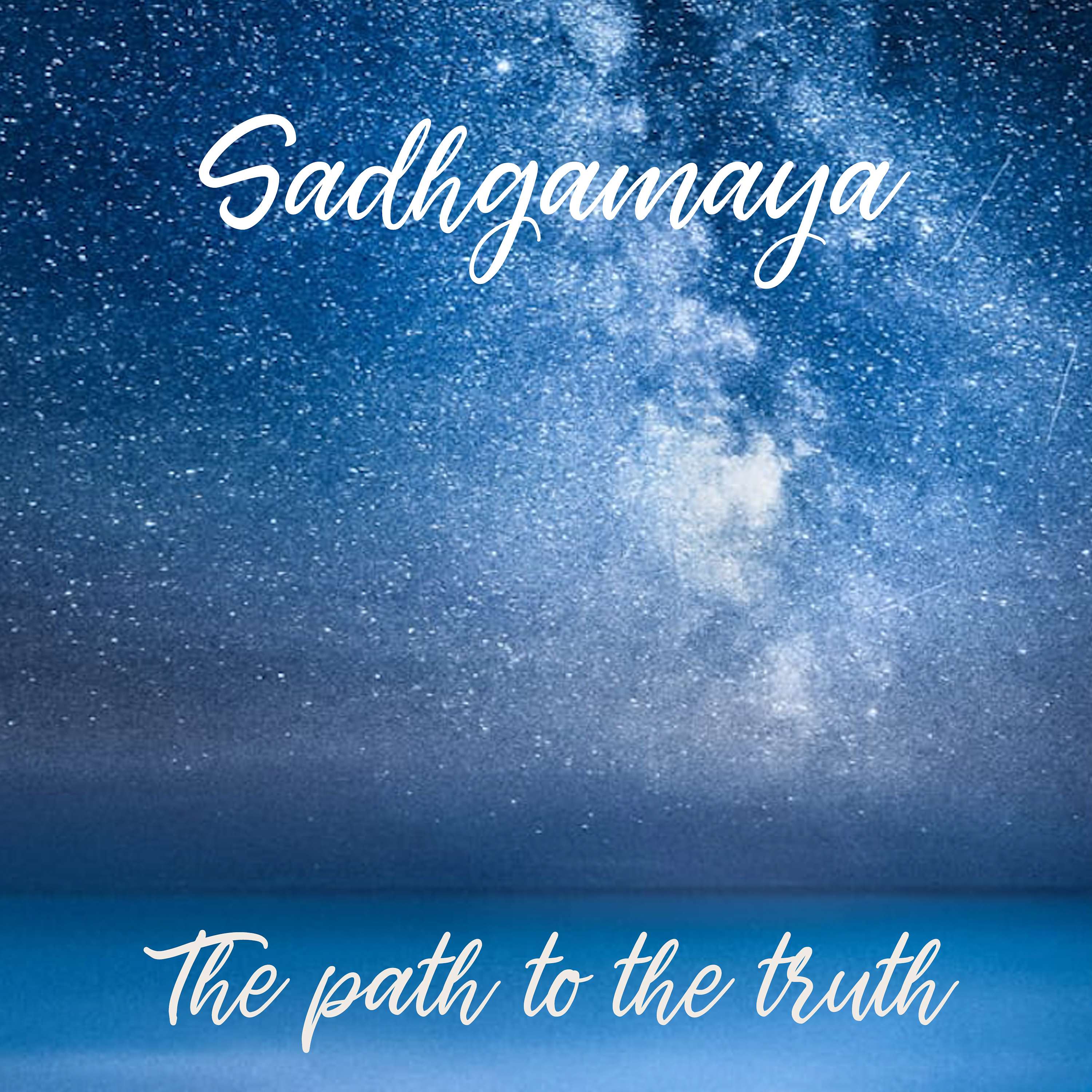 Malti Johari's Podcast5. Jashn -e-Rumi: On EgoEgo is the root cause of chaos in our lives. Anger, desires, greed, lust, attachments are all linked to the ego. Rumi through his poetry explains the necessity to get rid of the ego.2020-04-2821 min
Malti Johari's Podcast5. Jashn -e-Rumi: On EgoEgo is the root cause of chaos in our lives. Anger, desires, greed, lust, attachments are all linked to the ego. Rumi through his poetry explains the necessity to get rid of the ego.2020-04-2821 min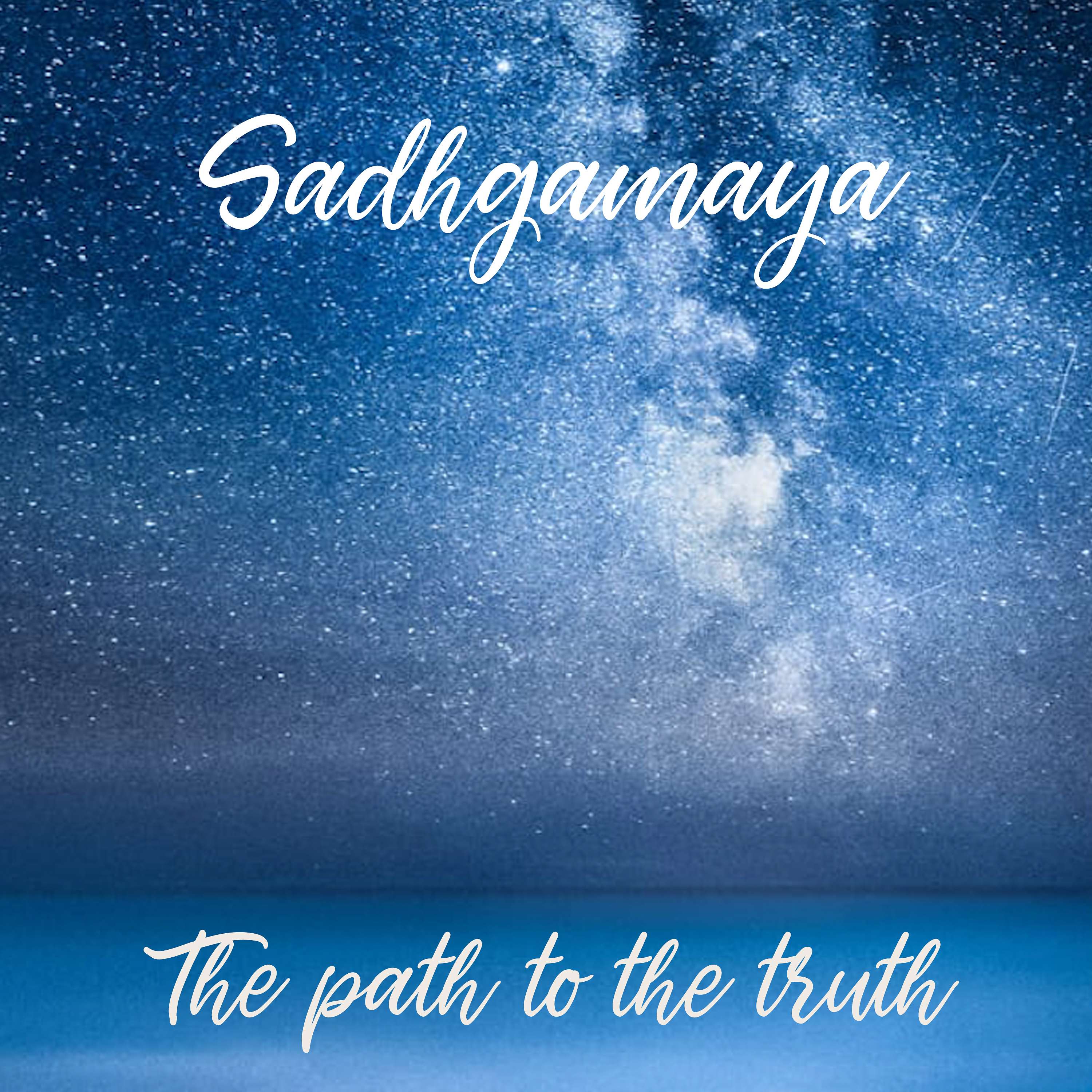 Malti Johari's Podcast4. Jashn-e-Rumi: On the MindRumi says through his poems not to make the mind your Master, but become the Master of your mind. 2020-04-2713 min
Malti Johari's Podcast4. Jashn-e-Rumi: On the MindRumi says through his poems not to make the mind your Master, but become the Master of your mind. 2020-04-2713 min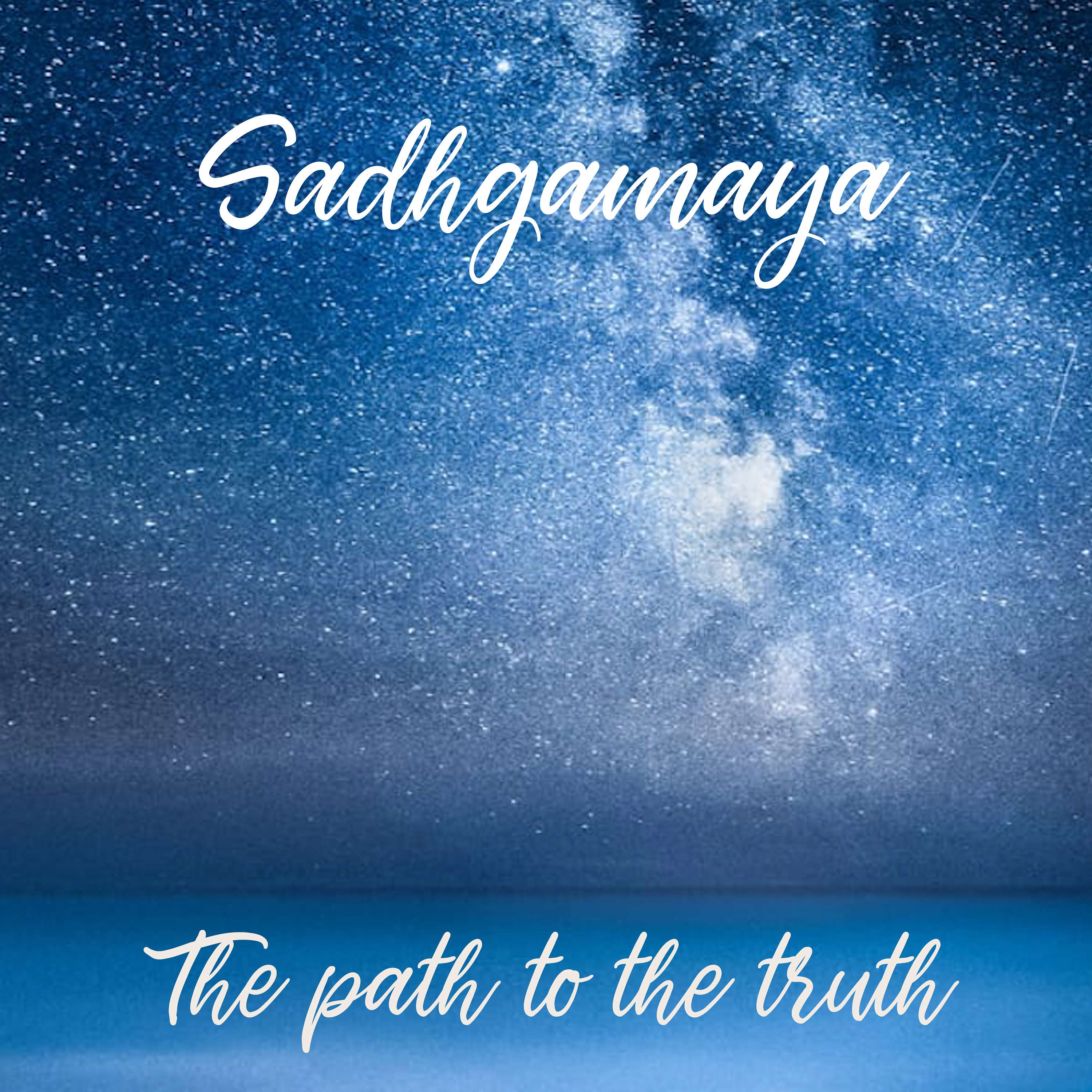 Malti Johari's Podcast3. Jashn-e-RumiContinuation of the previous episode. The relationship between a person and God. Both need to be attracted each other. After some time, one can see God in all persons and can love, care and be compassionate to all.2020-04-2712 min
Malti Johari's Podcast3. Jashn-e-RumiContinuation of the previous episode. The relationship between a person and God. Both need to be attracted each other. After some time, one can see God in all persons and can love, care and be compassionate to all.2020-04-2712 min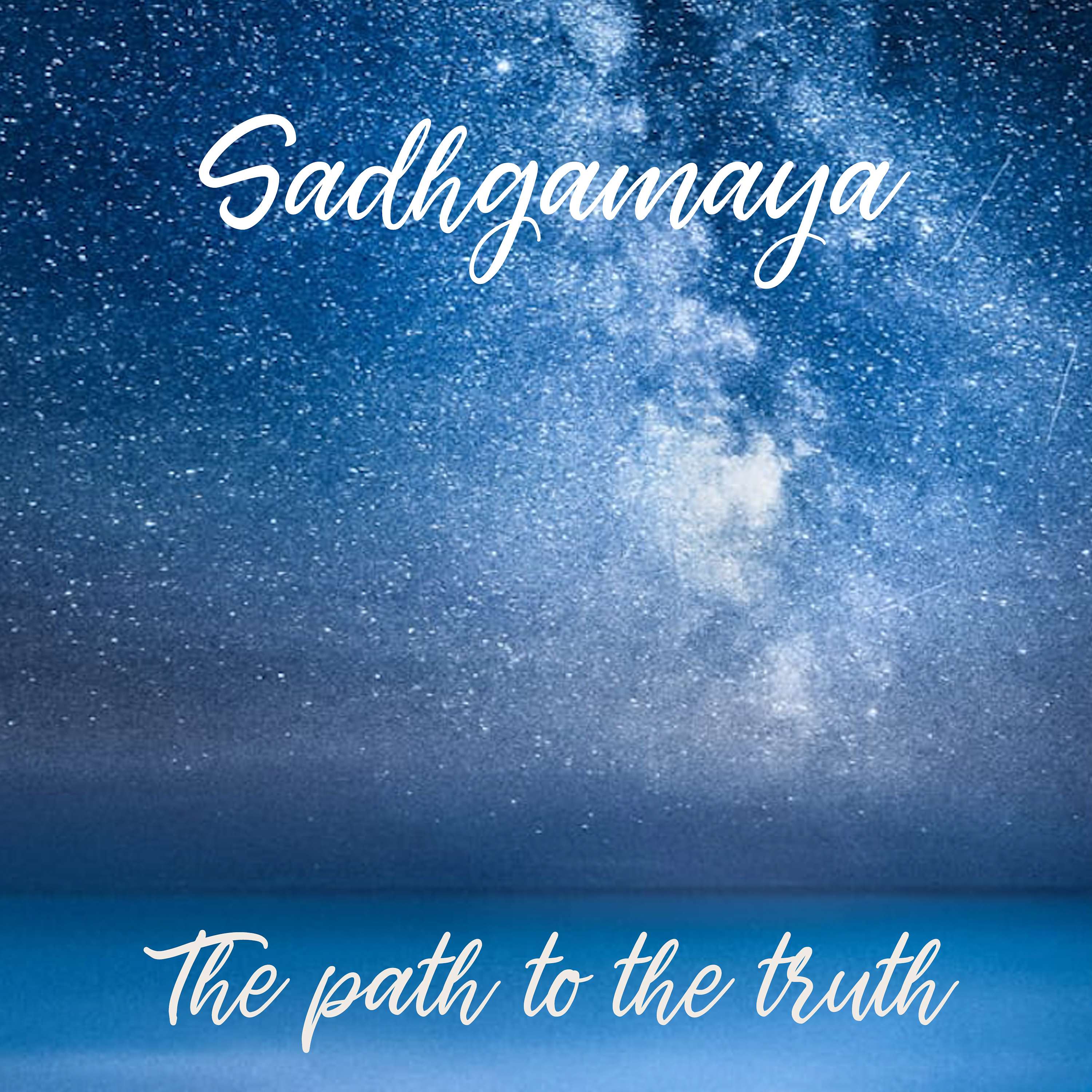 Malti Johari's Podcast2. Jashn-e-RumiThis episode has poems of Rumi that depict the relationship between a lover (devotee) and the Beloved (God). 2020-04-2614 min
Malti Johari's Podcast2. Jashn-e-RumiThis episode has poems of Rumi that depict the relationship between a lover (devotee) and the Beloved (God). 2020-04-2614 min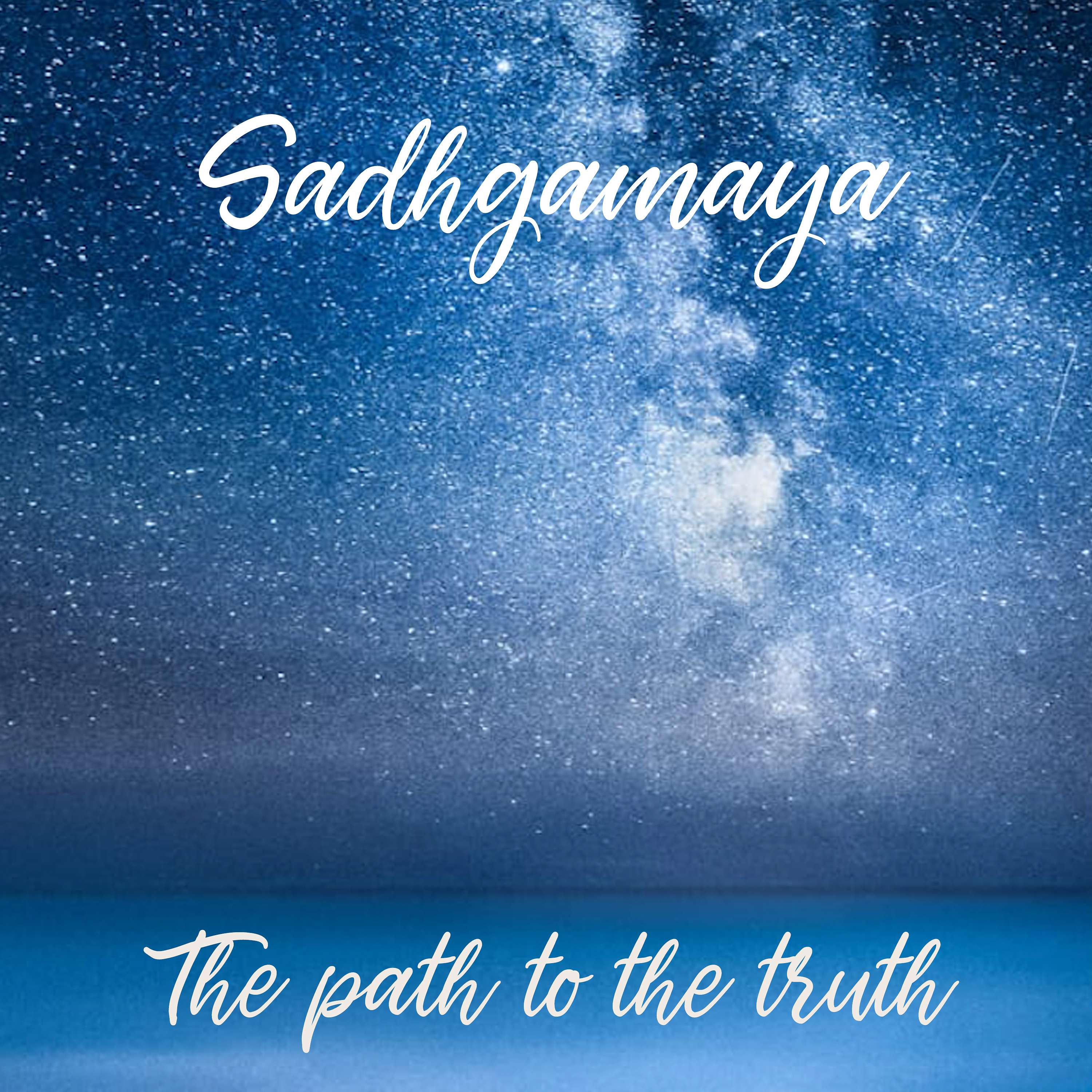 Malti Johari's Podcast1. Jashn-e-Rumi IntroductionRumi was a religious teacher and then he became a Sufi Saint. He wrote poems in Arabic or Farsi language. They have been translated in English by many.The Introduction is about Rumi's spiritual life. Malti Johari translated some of his poems in Hindi in 2012.These are a compilation of Rumi's poems, in short. 2020-04-2516 min
Malti Johari's Podcast1. Jashn-e-Rumi IntroductionRumi was a religious teacher and then he became a Sufi Saint. He wrote poems in Arabic or Farsi language. They have been translated in English by many.The Introduction is about Rumi's spiritual life. Malti Johari translated some of his poems in Hindi in 2012.These are a compilation of Rumi's poems, in short. 2020-04-2516 min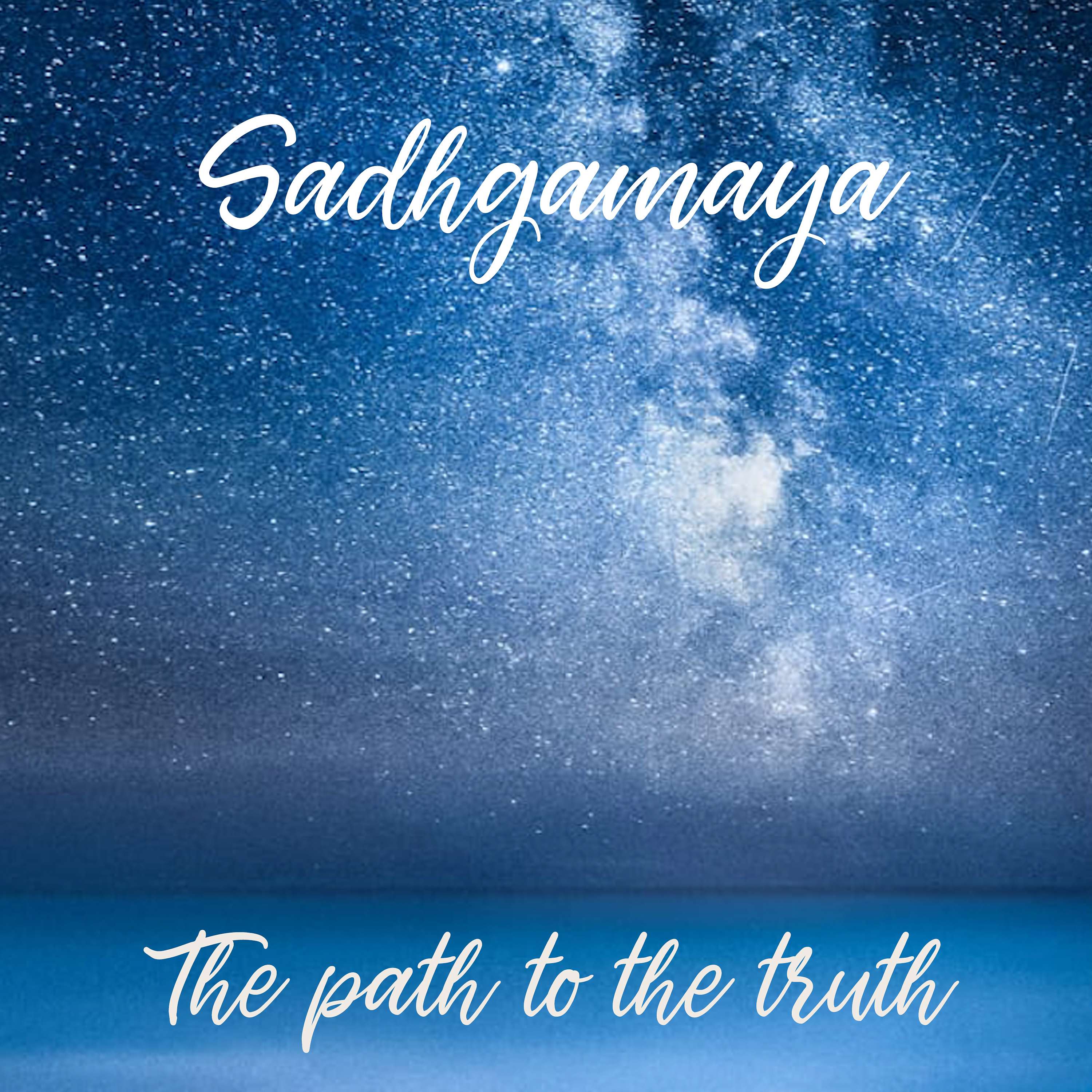 Malti Johari's Podcast11. Tao Te Ching Sutras 77 to 81The last chapters. Lao Tsu says that it is important to stay mentally and emotionally balanced. One needs to accept one's owns mistakes, be egoless, be friendly and compassionate towards all. These are qualities for both an ideal nation, leader and human beings. 2020-04-2111 min
Malti Johari's Podcast11. Tao Te Ching Sutras 77 to 81The last chapters. Lao Tsu says that it is important to stay mentally and emotionally balanced. One needs to accept one's owns mistakes, be egoless, be friendly and compassionate towards all. These are qualities for both an ideal nation, leader and human beings. 2020-04-2111 min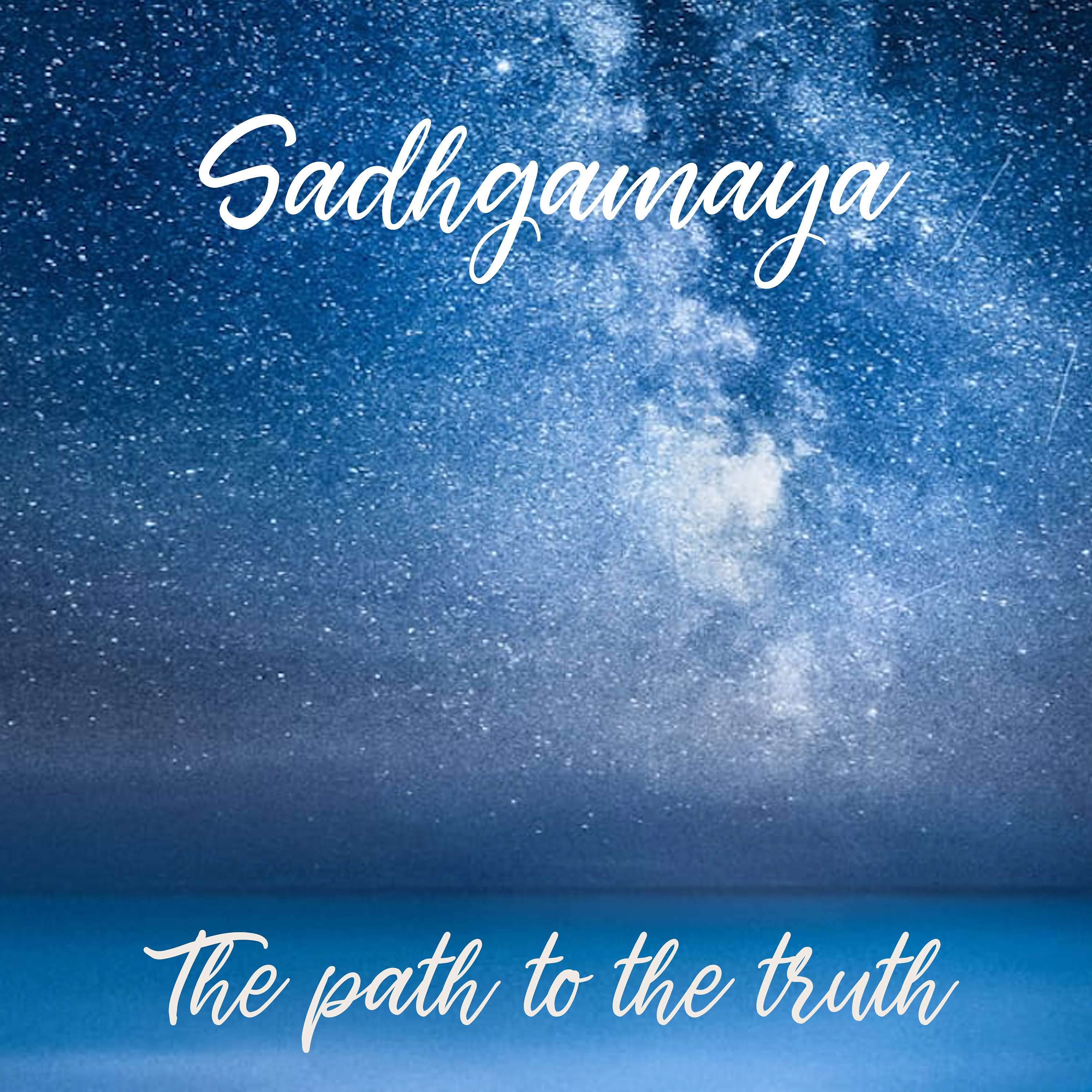 Malti Johari's Podcast10. Tao Te Ching Sutras 69 to 76Lao Tsu explains the good qualities in all persons, including the King, the leader and an ordinary person. He says that one should be flexible and not stubborn, one should not interfere too much with others lives, and must have the humility to accept one's own wrongdoings or mistakes and be ready to mend it, etc.2020-04-2112 min
Malti Johari's Podcast10. Tao Te Ching Sutras 69 to 76Lao Tsu explains the good qualities in all persons, including the King, the leader and an ordinary person. He says that one should be flexible and not stubborn, one should not interfere too much with others lives, and must have the humility to accept one's own wrongdoings or mistakes and be ready to mend it, etc.2020-04-2112 min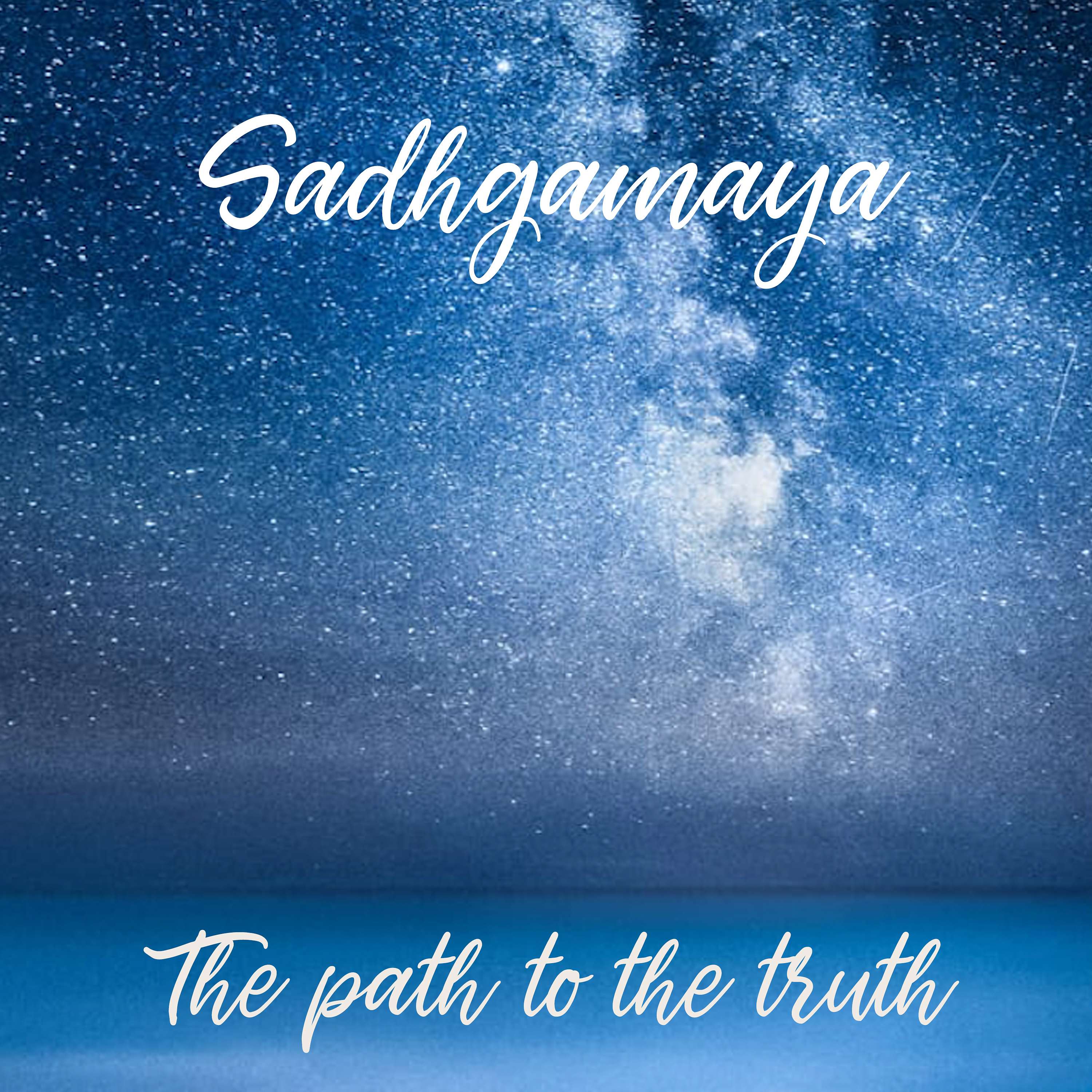 Malti Johari's Podcast9. Tao Te Ching Sutras 60 to 68Lao Tsu shows how to get a glimpse of Tao. He says you need to be alert, humble, positive, balanced and remain ordinary. Do not coerce or force yourself or your values or thoughts on any other person. Fill your heart with love, respect and compassion.2020-04-2016 min
Malti Johari's Podcast9. Tao Te Ching Sutras 60 to 68Lao Tsu shows how to get a glimpse of Tao. He says you need to be alert, humble, positive, balanced and remain ordinary. Do not coerce or force yourself or your values or thoughts on any other person. Fill your heart with love, respect and compassion.2020-04-2016 min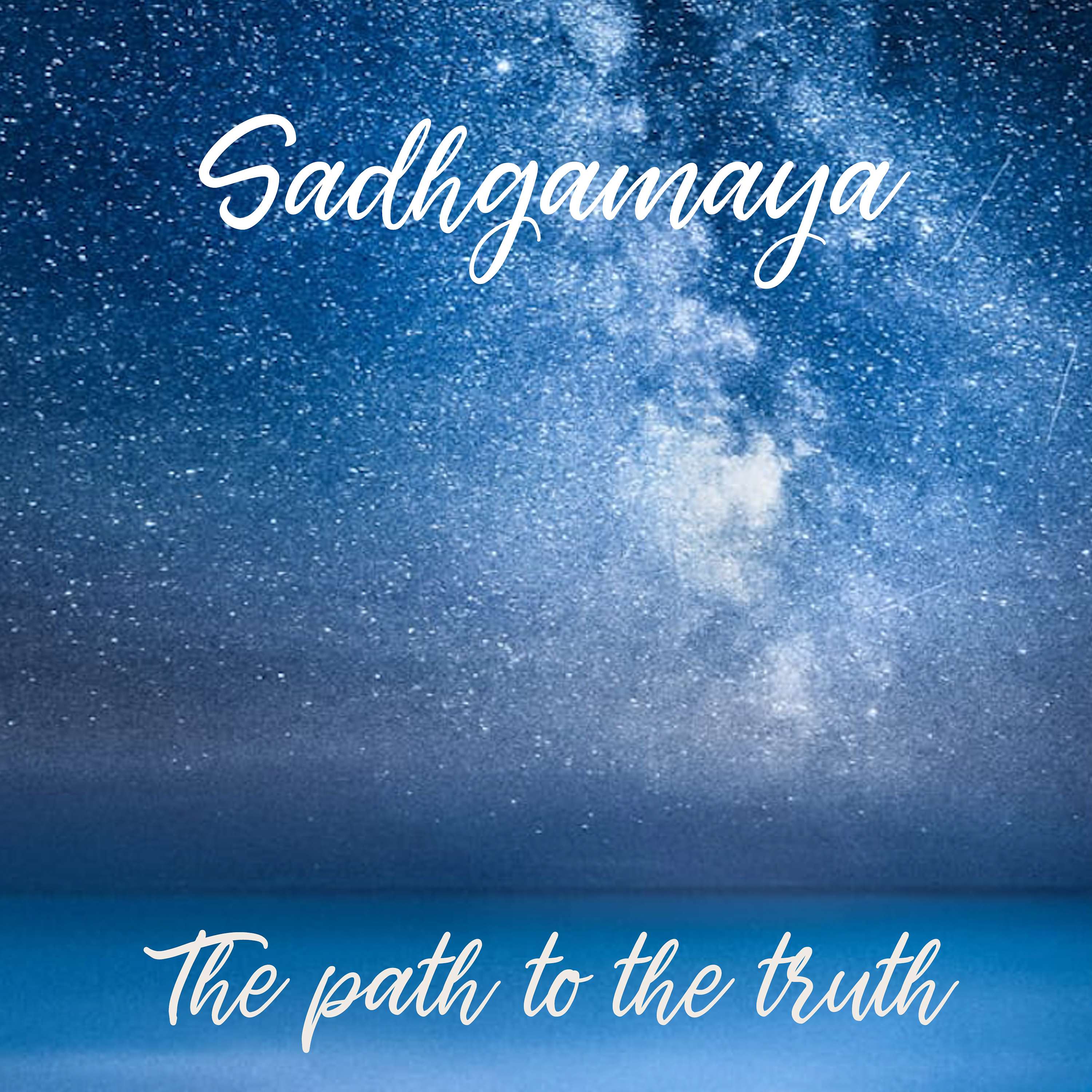 Malti Johari's Podcast8. Tao Te Ching Sutras 51 to 59Lao Tsu explains the qualities of Taoists. He says be like child, don't force people, remain alert all the time, respect everybody, don't rush to help all the time, allow people to help themselves, etc. 2020-04-1917 min
Malti Johari's Podcast8. Tao Te Ching Sutras 51 to 59Lao Tsu explains the qualities of Taoists. He says be like child, don't force people, remain alert all the time, respect everybody, don't rush to help all the time, allow people to help themselves, etc. 2020-04-1917 min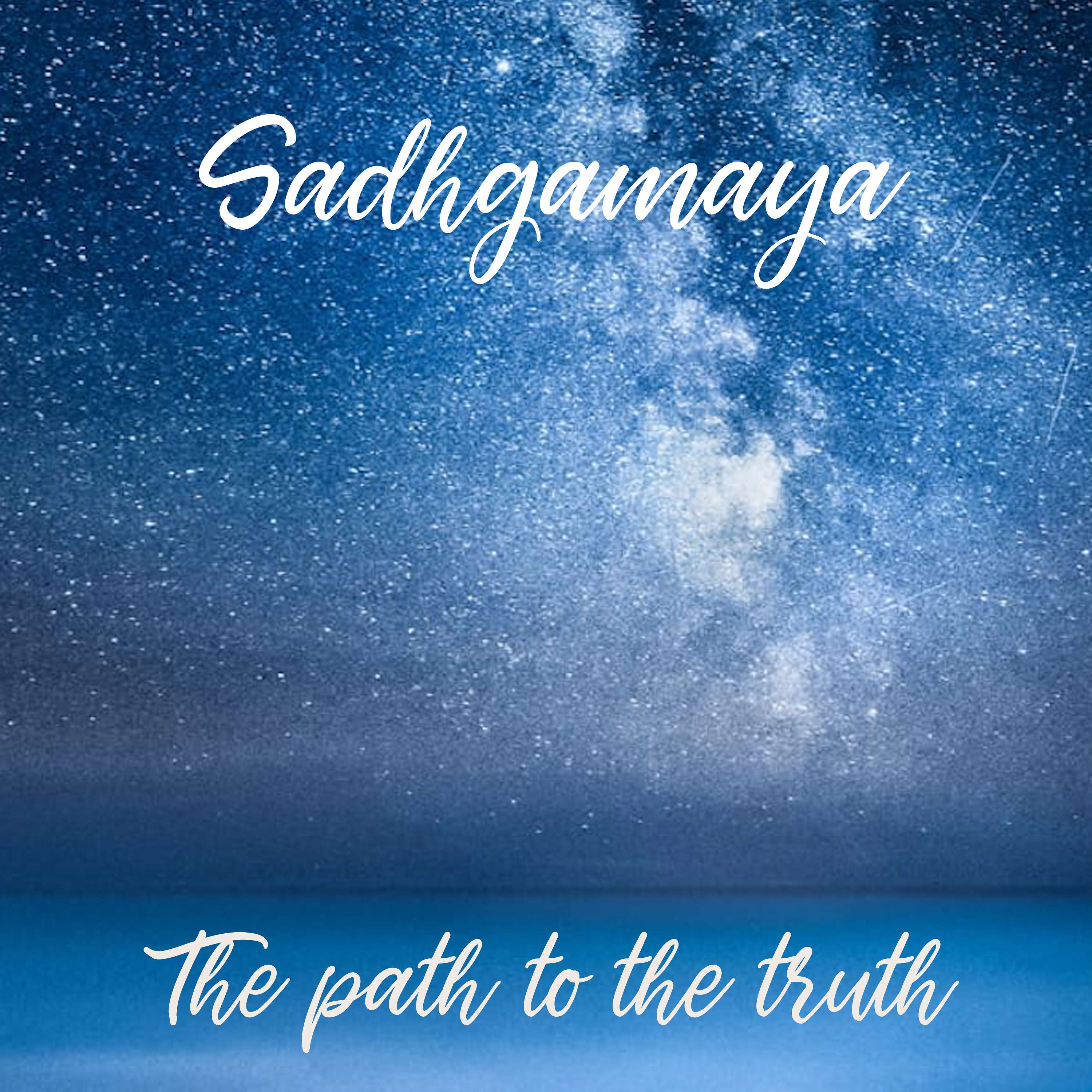 Malti Johari's Podcast7. Tao Te Ching Sutras 41 to 50Lao Tsu says the way of life is to remain egoless. He says tao is not affected by people's reactions and opinions of himself. Tao remains open, useful, friendly to all without any expectations. 2020-04-1917 min
Malti Johari's Podcast7. Tao Te Ching Sutras 41 to 50Lao Tsu says the way of life is to remain egoless. He says tao is not affected by people's reactions and opinions of himself. Tao remains open, useful, friendly to all without any expectations. 2020-04-1917 min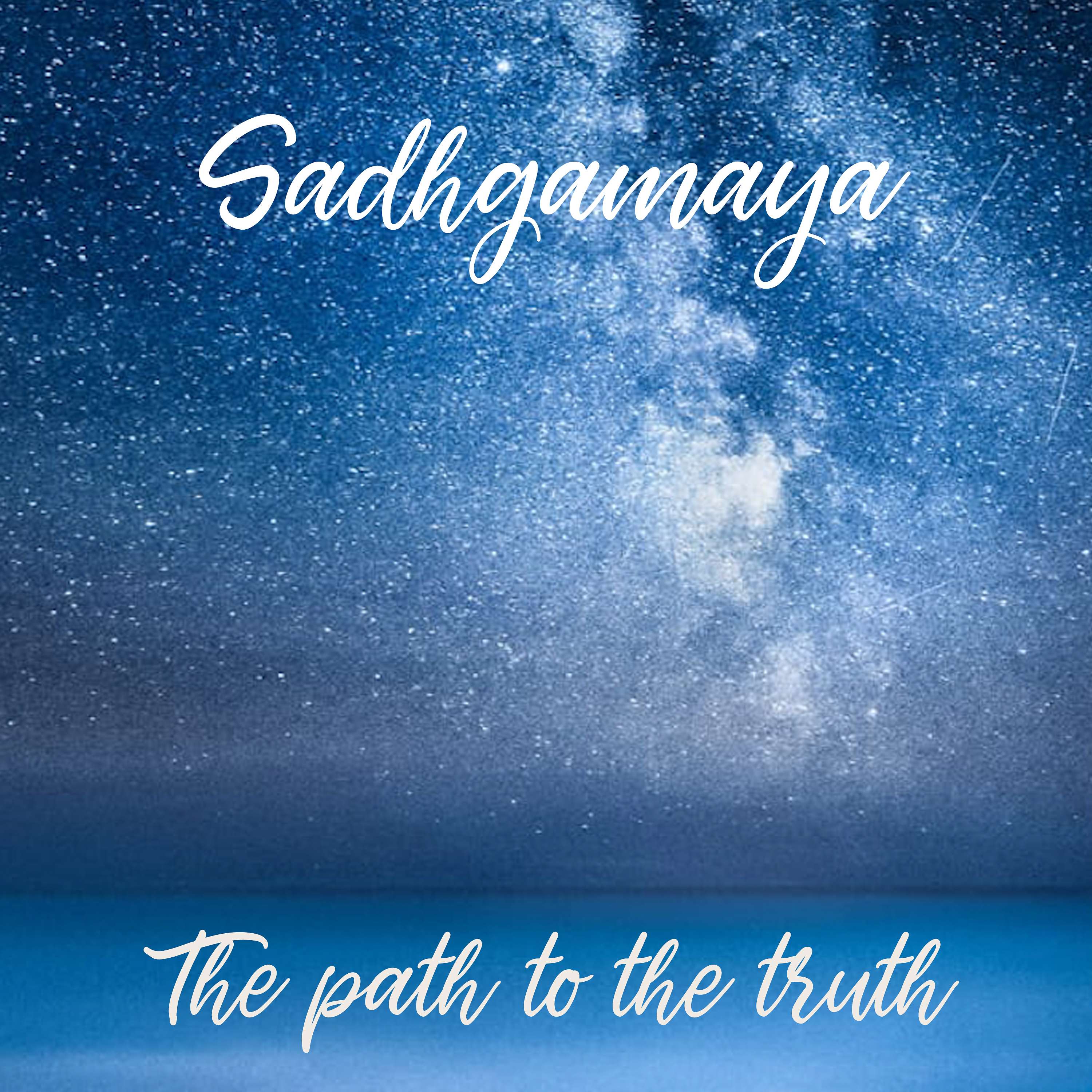 Malti Johari's Podcast6. Tao Te Ching Sutras 33 to 40Lao Tsu insists that your centre is the soul which is linked to all the souls. Don't consider yourself to be great or the one who is superior to others in all aspects. 2020-04-1816 min
Malti Johari's Podcast6. Tao Te Ching Sutras 33 to 40Lao Tsu insists that your centre is the soul which is linked to all the souls. Don't consider yourself to be great or the one who is superior to others in all aspects. 2020-04-1816 min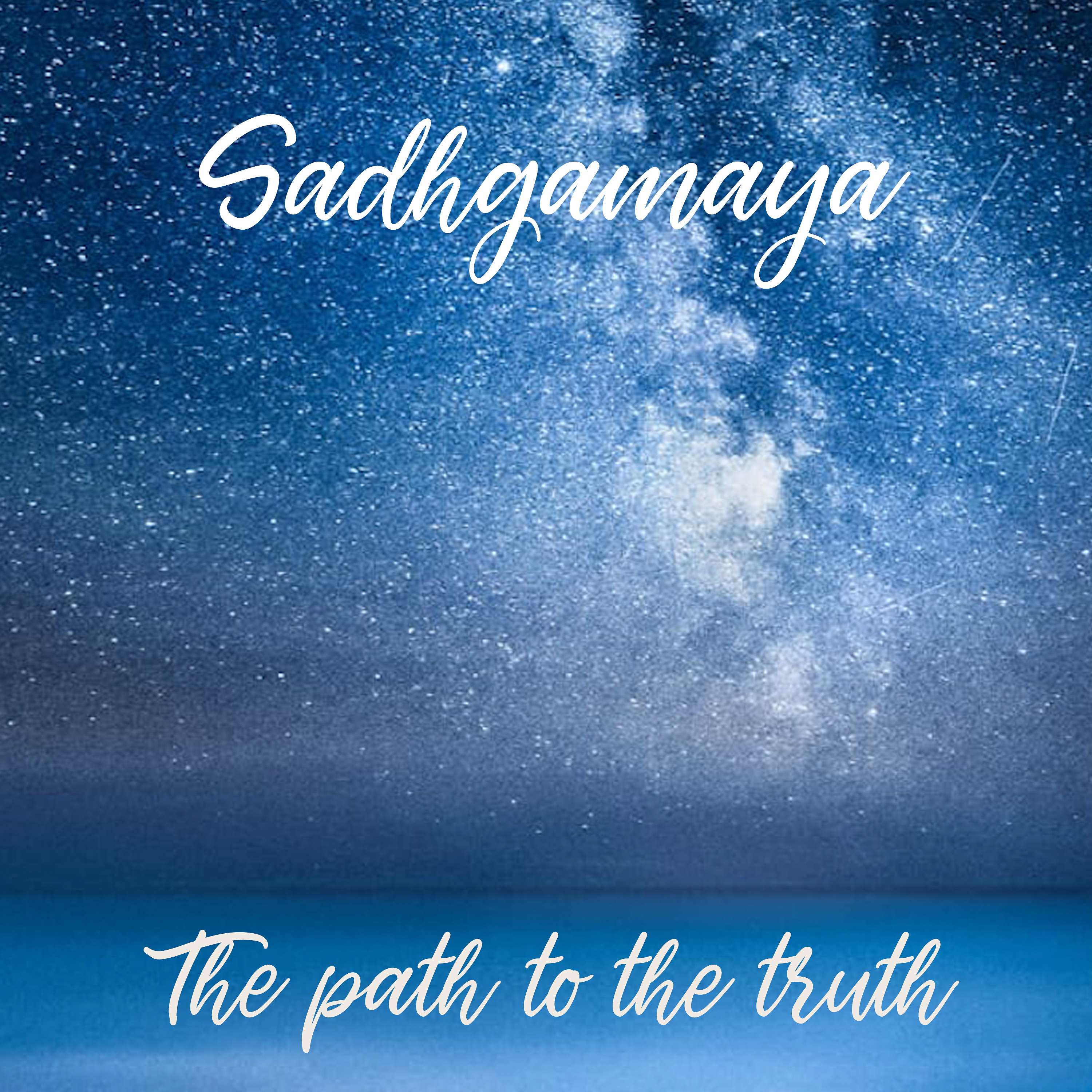 Malti Johari's Podcast5. Tao Te Ching Sutras 25 to 32Lao Tsu explains how a good leader or a convener should work with all persons, whether good or bad, and must see the good even in the bad, and make use of all things and all people, as nothing is wasteful or useless. Everything can be used. 2020-04-1719 min
Malti Johari's Podcast5. Tao Te Ching Sutras 25 to 32Lao Tsu explains how a good leader or a convener should work with all persons, whether good or bad, and must see the good even in the bad, and make use of all things and all people, as nothing is wasteful or useless. Everything can be used. 2020-04-1719 min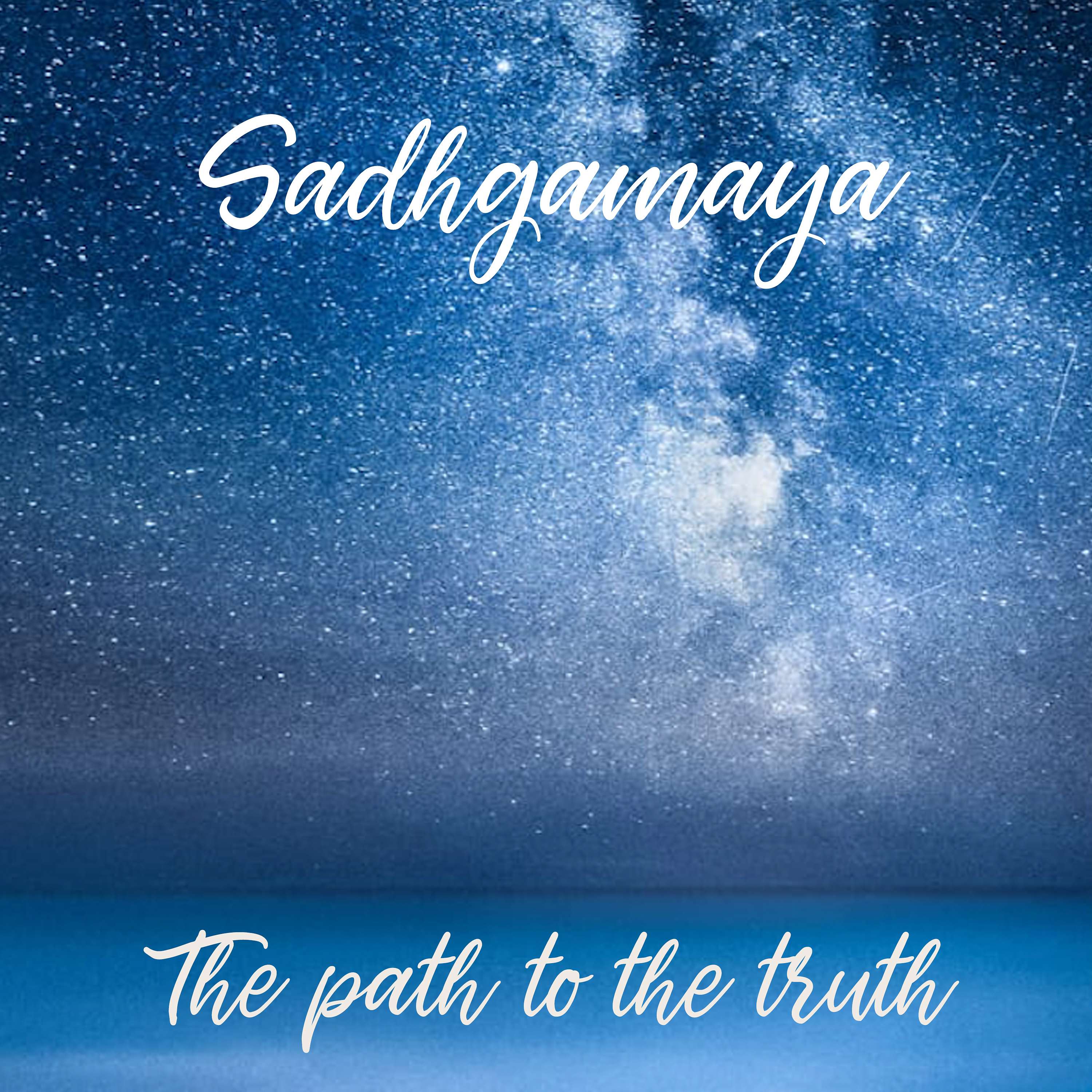 Malti Johari's Podcast4. Tao Te Ching Sutras 17 to 24Lao Tsu explains that it's important to aur round yourself with good thoughts, good deeds and good people to succeed in getting rid of the habits of showing off, hypocrisy, mob mentality, etc.2020-04-1517 min
Malti Johari's Podcast4. Tao Te Ching Sutras 17 to 24Lao Tsu explains that it's important to aur round yourself with good thoughts, good deeds and good people to succeed in getting rid of the habits of showing off, hypocrisy, mob mentality, etc.2020-04-1517 min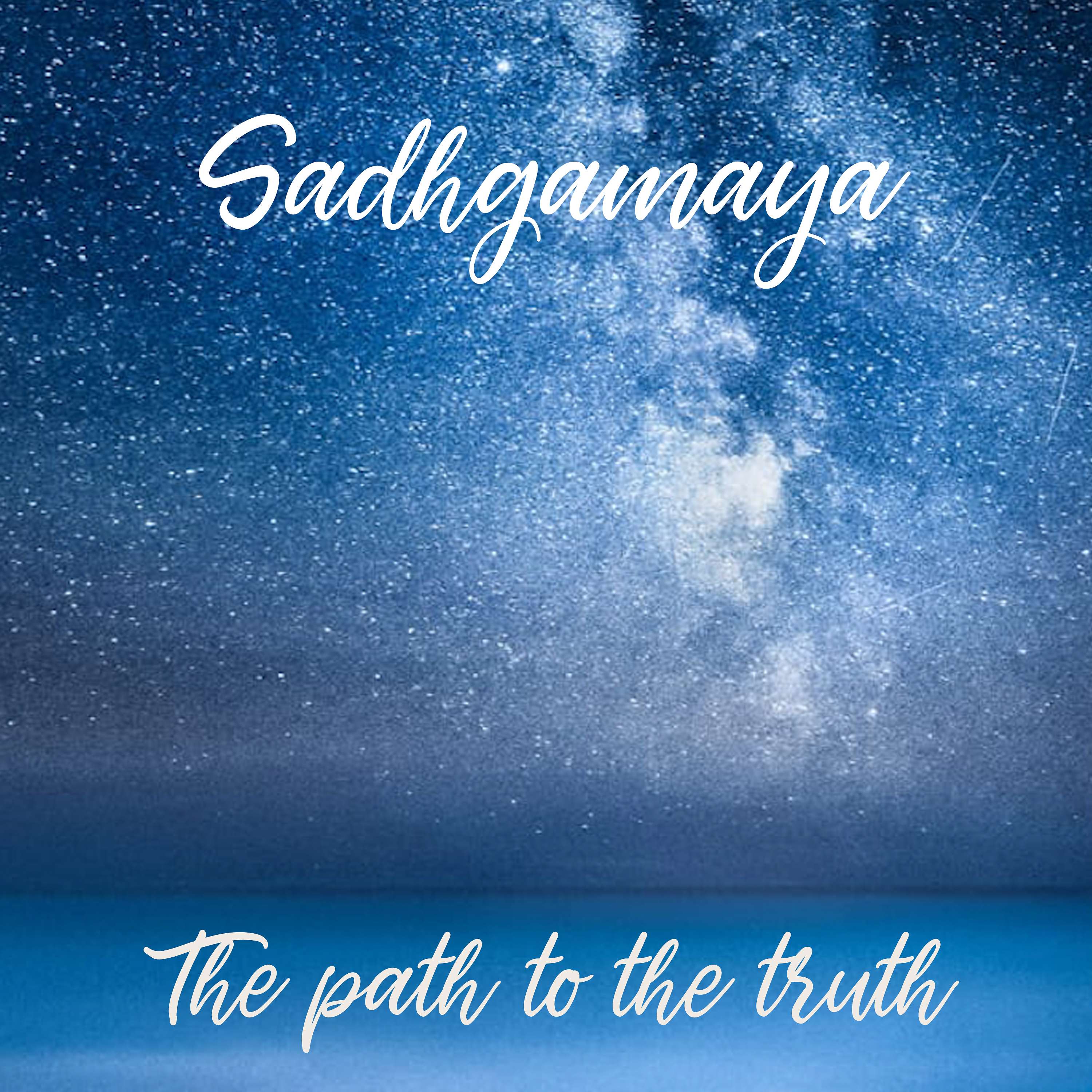 Malti Johari's Podcast3. Tao Te Ching: Sutra 9 to 16Lao Tsu explains how to understand Tao and to recognise the people on the path of Tao, so as to know the way of Tao.2020-04-1216 min
Malti Johari's Podcast3. Tao Te Ching: Sutra 9 to 16Lao Tsu explains how to understand Tao and to recognise the people on the path of Tao, so as to know the way of Tao.2020-04-1216 min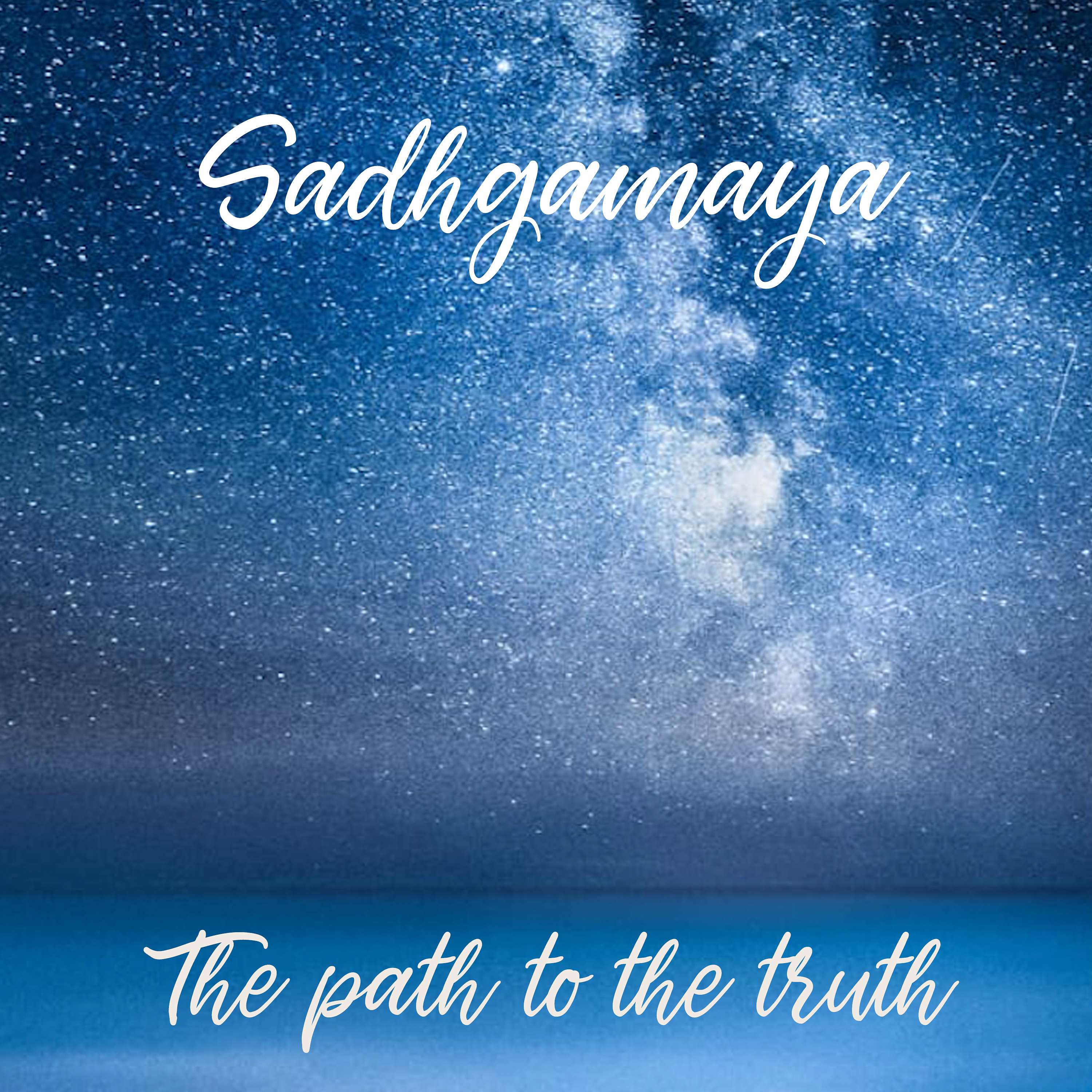 Malti Johari's Podcast2. Tao Te Ching: Sutra 1 to 8Lao Tsu explains the way to lead a good life, which is disciplined, simple and without chaos. He explains the nature of Tao, the importance of being empty and to recognize the power within.2020-04-0915 min
Malti Johari's Podcast2. Tao Te Ching: Sutra 1 to 8Lao Tsu explains the way to lead a good life, which is disciplined, simple and without chaos. He explains the nature of Tao, the importance of being empty and to recognize the power within.2020-04-0915 min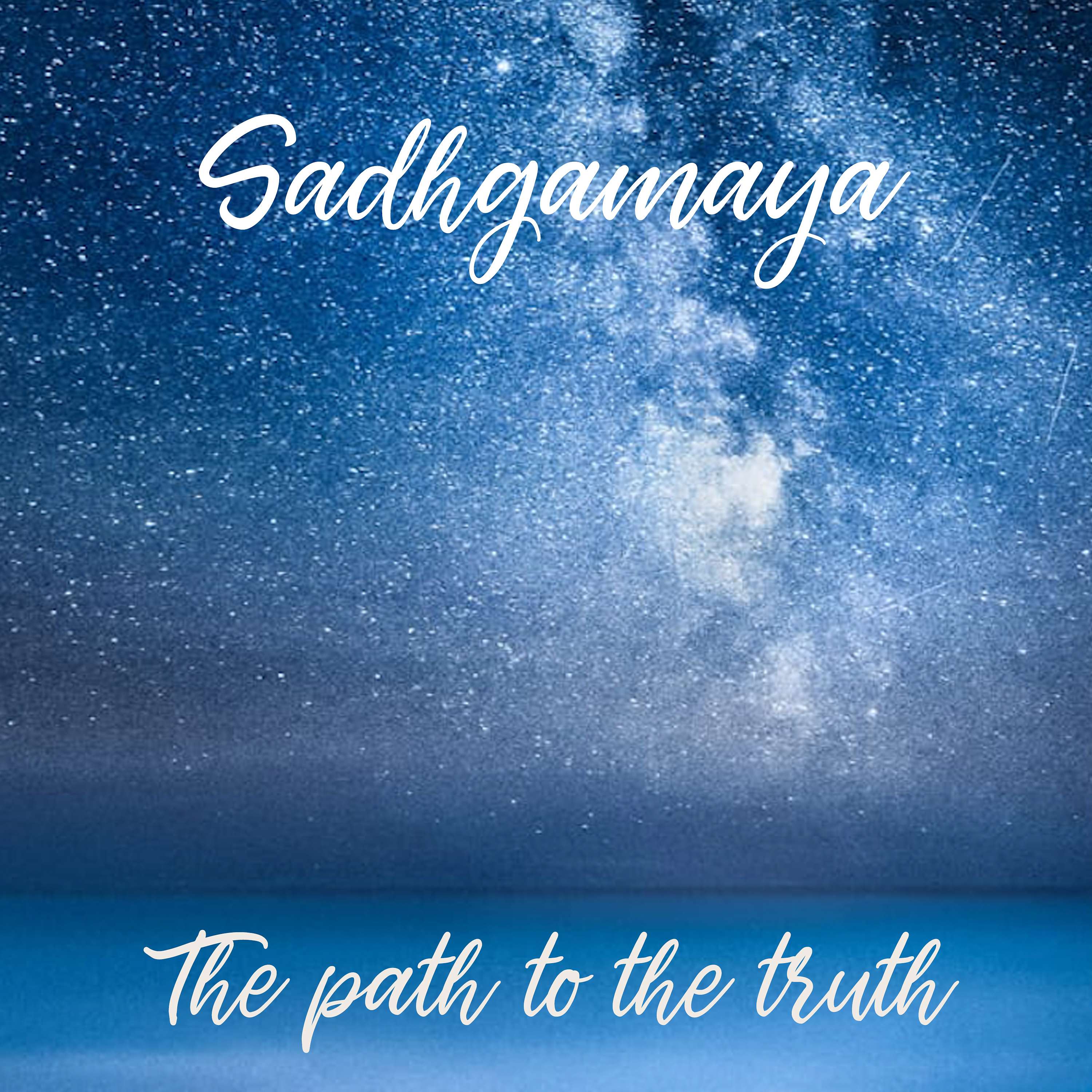 Malti Johari's Podcast1. Tao Te Ching: An IntroductionTao Te Ching was written by Lao Tsu, who was a philosopher and was serving as a Minister in the goverment. He wrote 81 sutra wherein he explains how to lead a life without duality, and to live with communal harmony. He explains that one can continue with their worldly tasks and yet achieve enlightenment and sainthood. Malti Johari translated Tao Te Ching in Hindi in 2013. 2020-04-0108 min
Malti Johari's Podcast1. Tao Te Ching: An IntroductionTao Te Ching was written by Lao Tsu, who was a philosopher and was serving as a Minister in the goverment. He wrote 81 sutra wherein he explains how to lead a life without duality, and to live with communal harmony. He explains that one can continue with their worldly tasks and yet achieve enlightenment and sainthood. Malti Johari translated Tao Te Ching in Hindi in 2013. 2020-04-0108 min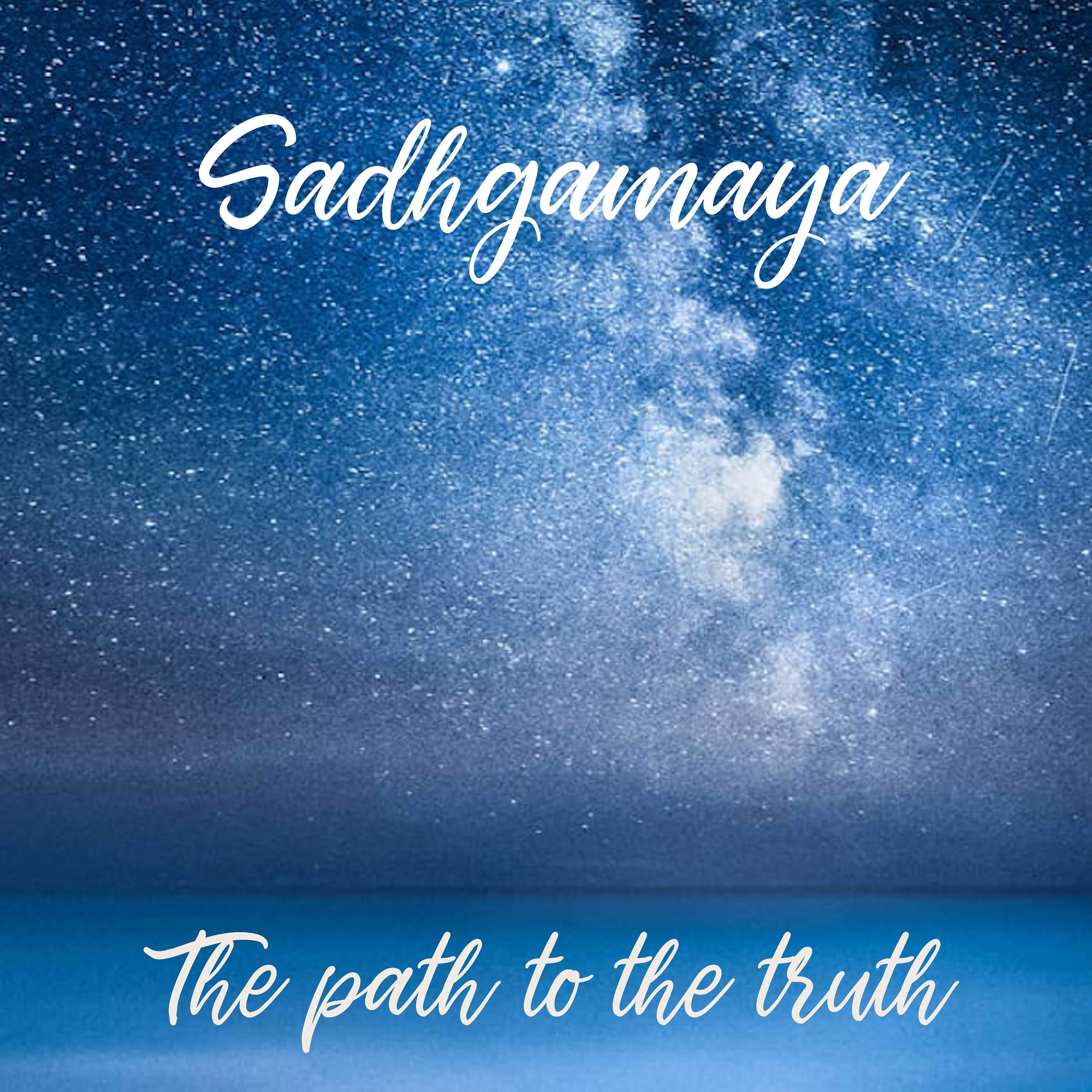 Malti Johari's Podcast4. Bhagwad Geeta Chapters 6 to 11Krishna explains that one needs to do one's duty without a desire or expectation for the result. Adapting the middle path is the way of life of a sanyasi or a karmyogi. The body and all things are made of 5 elements, that is, earth, water, air, fire and ether, and it is also made up of 3 more elements that cannot be seen, that is, the mind, intelligence and ego. People worship to gain money, and/or knowledge, or for removal of grief and pain, and to walk on the spiritual path. But, Krishna explains, everything is God. 2020-03-2528 min
Malti Johari's Podcast4. Bhagwad Geeta Chapters 6 to 11Krishna explains that one needs to do one's duty without a desire or expectation for the result. Adapting the middle path is the way of life of a sanyasi or a karmyogi. The body and all things are made of 5 elements, that is, earth, water, air, fire and ether, and it is also made up of 3 more elements that cannot be seen, that is, the mind, intelligence and ego. People worship to gain money, and/or knowledge, or for removal of grief and pain, and to walk on the spiritual path. But, Krishna explains, everything is God. 2020-03-2528 min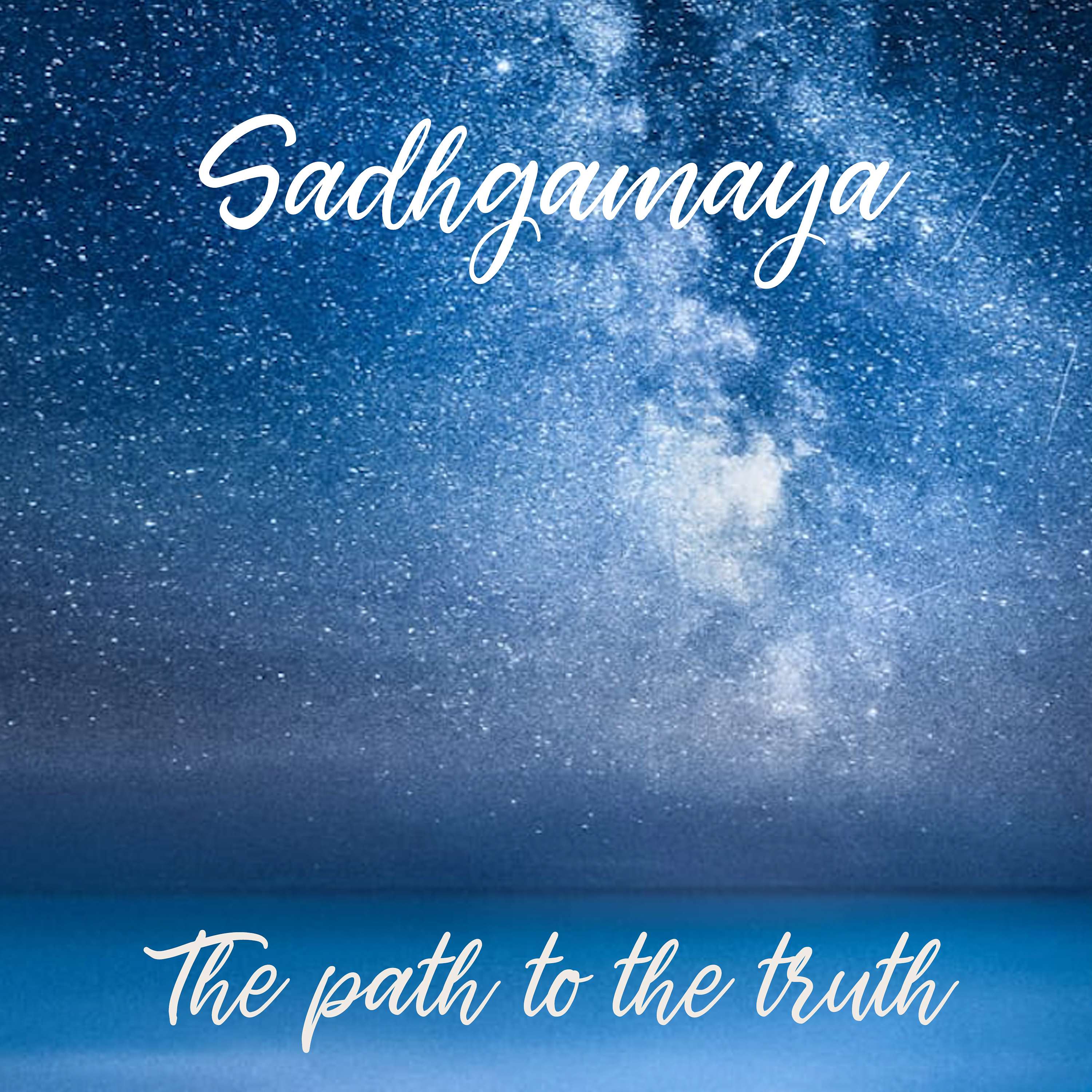 Malti Johari's Podcast1. Bhagwad Geeta - an IntroductionThe Bhagwad Geeta is a dialogue between Krishna and Arjun before the start of the battle of Mahabharat. Bhagwad Geeta was translated in Hindi poetry form by Malti Johari in 1990. The episodes in these podcast are an abridged version of the book.http://www.maltijohari.com/#page-02020-03-2509 min
Malti Johari's Podcast1. Bhagwad Geeta - an IntroductionThe Bhagwad Geeta is a dialogue between Krishna and Arjun before the start of the battle of Mahabharat. Bhagwad Geeta was translated in Hindi poetry form by Malti Johari in 1990. The episodes in these podcast are an abridged version of the book.http://www.maltijohari.com/#page-02020-03-2509 min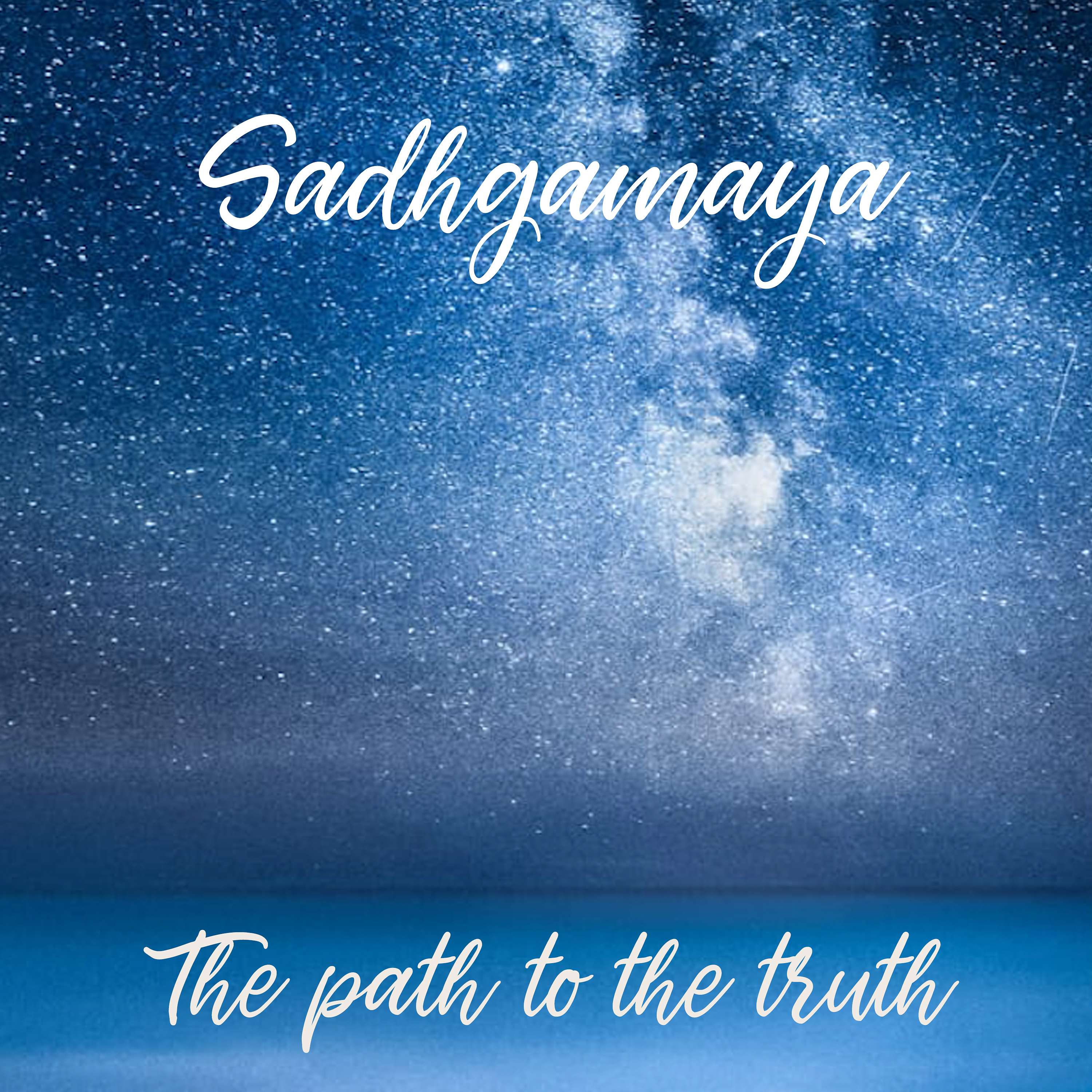 Malti Johari's Podcast2. Bhagwad Geeta Chapters 1 to 2Arjun does not want to fight against his own relations. But, Krishna explains to him his tendency of being a warrior, and therefore the battle will have to be fought. Krishna explains to Arjun that the body is like an old cloth that needs to be changed by the inner soul. The soul lives on, whereas the body dies. 2020-03-2511 min
Malti Johari's Podcast2. Bhagwad Geeta Chapters 1 to 2Arjun does not want to fight against his own relations. But, Krishna explains to him his tendency of being a warrior, and therefore the battle will have to be fought. Krishna explains to Arjun that the body is like an old cloth that needs to be changed by the inner soul. The soul lives on, whereas the body dies. 2020-03-2511 min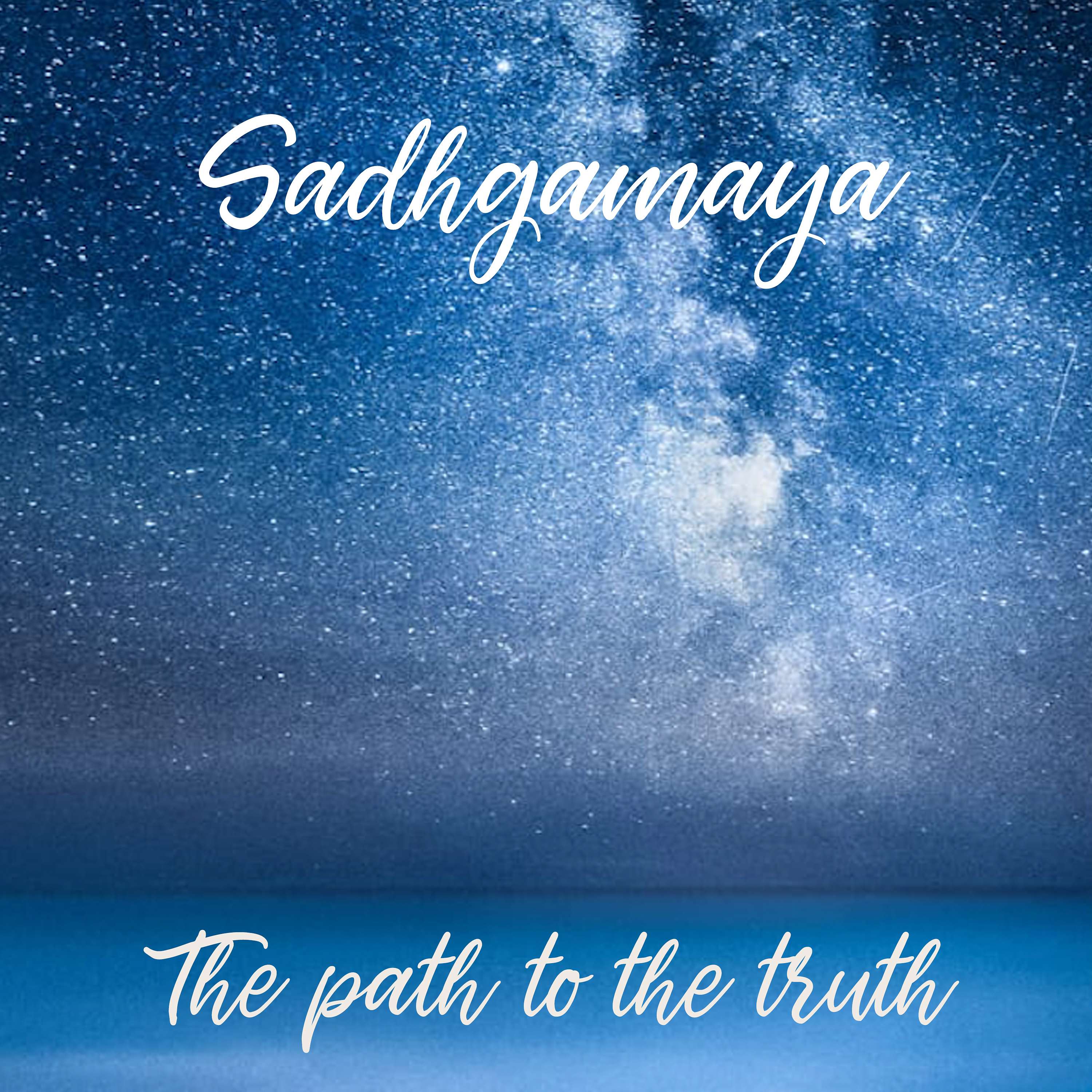 Malti Johari's Podcast3. Bhagwad Geeta Chapters 3 to 5Krishna explains Karmayog to Arjun. He tells Arjun that the duality in his mind can be removed only through liberation, happiness, peace and contentment, which can be achieved by doing one's own present karma. Krishna states that one should do the work (karma) that has come in front of him at the present moment (to fight the battle). He says that the karma should be done without any desire of the result. Then no matter what the result it should be accepted as the will of God.Krishna explains that a wise man looks at and treats e...2020-03-2524 min
Malti Johari's Podcast3. Bhagwad Geeta Chapters 3 to 5Krishna explains Karmayog to Arjun. He tells Arjun that the duality in his mind can be removed only through liberation, happiness, peace and contentment, which can be achieved by doing one's own present karma. Krishna states that one should do the work (karma) that has come in front of him at the present moment (to fight the battle). He says that the karma should be done without any desire of the result. Then no matter what the result it should be accepted as the will of God.Krishna explains that a wise man looks at and treats e...2020-03-2524 min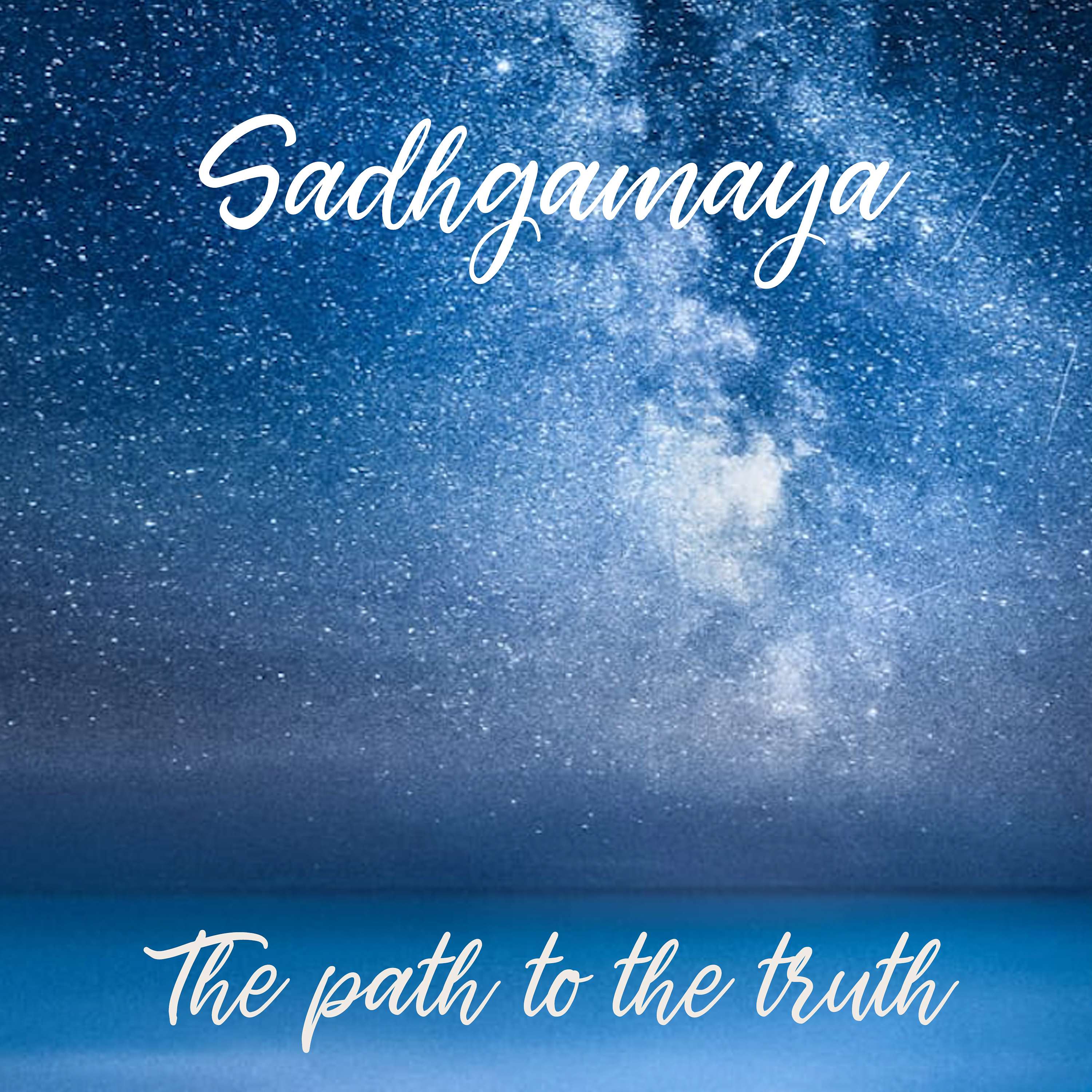 Malti Johari's Podcast5. Bhagwad Geeta Chapters 12 to 18Krishan explains both, form and formlessness (sakar aur nirakar) to Arjun. He says that people need the support of a form, to show their devotion and to seek liberation. Krishna says that true devotion is when what ever one does is dedicated to God. When he is not the doer, the ego disappears and the devotee is liberated. Nature has made people with three properties, that is, satt (good qualities of truth, knowledge, etc), raj (workaholics), and tam (laziness). These in-born qualities are the doers and dictates their lives. So, the person the not the doer. It is...2020-03-2514 min
Malti Johari's Podcast5. Bhagwad Geeta Chapters 12 to 18Krishan explains both, form and formlessness (sakar aur nirakar) to Arjun. He says that people need the support of a form, to show their devotion and to seek liberation. Krishna says that true devotion is when what ever one does is dedicated to God. When he is not the doer, the ego disappears and the devotee is liberated. Nature has made people with three properties, that is, satt (good qualities of truth, knowledge, etc), raj (workaholics), and tam (laziness). These in-born qualities are the doers and dictates their lives. So, the person the not the doer. It is...2020-03-2514 min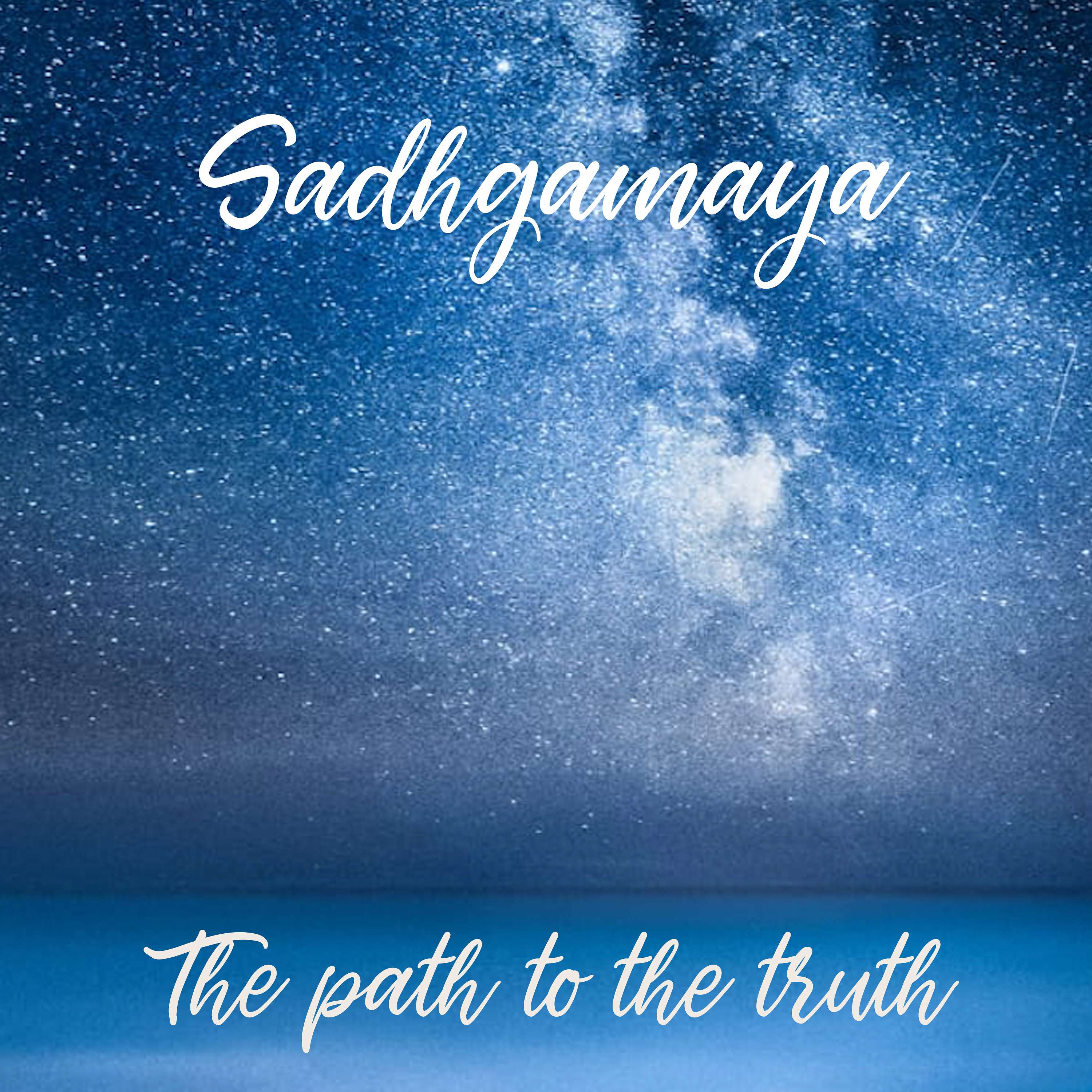 Malti Johari's Podcast7. Ashtavakr Geeta - Sung by Late Chitra Jaju, Shanti Soni, Ashish Joharihttp://www.maltijohari.com/#page-0Ashtavakr Geeta was originally in poetic sanskrit. In1989, Malti Johari translated it in Hindi poetry form. The episodes uploaded here are an abridged version of the book. The Hindi translation was sung in 1990, of which the first few chapters are uploaded here.2020-03-2533 min
Malti Johari's Podcast7. Ashtavakr Geeta - Sung by Late Chitra Jaju, Shanti Soni, Ashish Joharihttp://www.maltijohari.com/#page-0Ashtavakr Geeta was originally in poetic sanskrit. In1989, Malti Johari translated it in Hindi poetry form. The episodes uploaded here are an abridged version of the book. The Hindi translation was sung in 1990, of which the first few chapters are uploaded here.2020-03-2533 min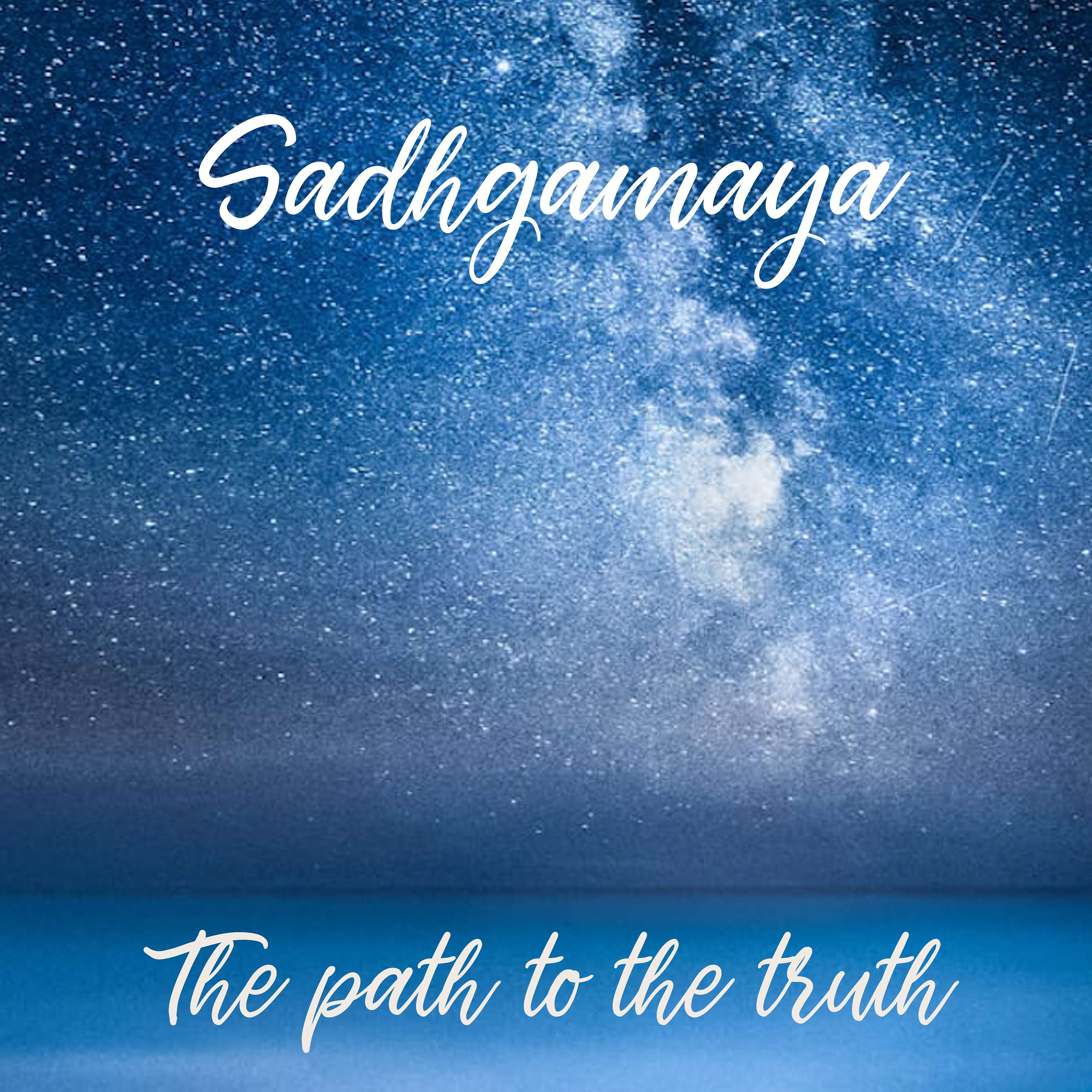 Malti Johari's Podcast6. Ashtavakr Geeta Chapter 18 (contd) to 20King Janak expresses his gratitude as he fully understands the teachings of his Guru. He expresses his completeness and deep contentment and says there are no more questions in his mind. Ashtavakr then knows that Janak has achieved enlightenment.2020-03-2314 min
Malti Johari's Podcast6. Ashtavakr Geeta Chapter 18 (contd) to 20King Janak expresses his gratitude as he fully understands the teachings of his Guru. He expresses his completeness and deep contentment and says there are no more questions in his mind. Ashtavakr then knows that Janak has achieved enlightenment.2020-03-2314 min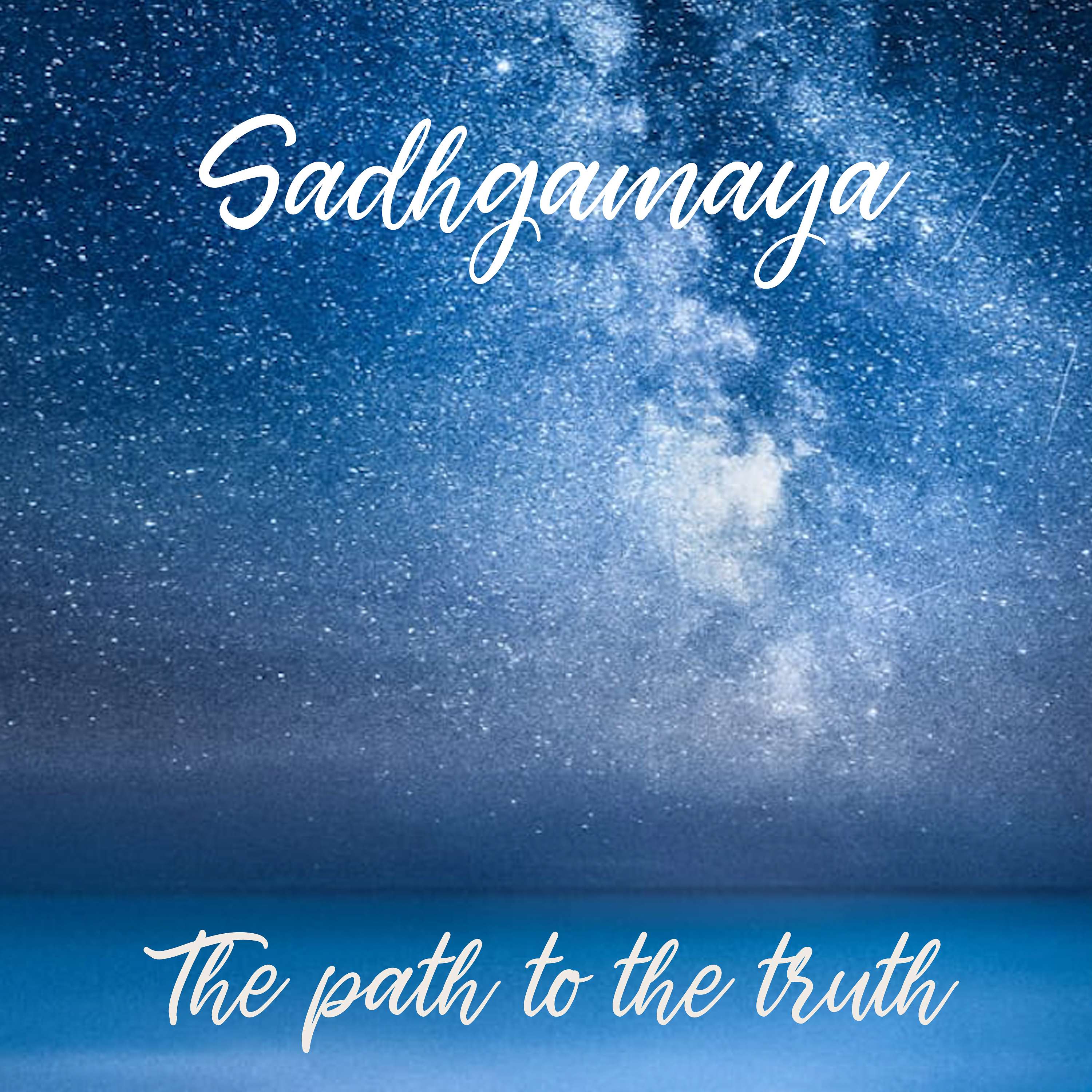 Malti Johari's Podcast5. Ashtavakr Geeta Chapter 18The longest chapter in Ashtavakr Geeta, in which Ashtavakr explains the behaviour and life style of an enlightened person. This chapter is continued in the next episode.2020-03-2310 min
Malti Johari's Podcast5. Ashtavakr Geeta Chapter 18The longest chapter in Ashtavakr Geeta, in which Ashtavakr explains the behaviour and life style of an enlightened person. This chapter is continued in the next episode.2020-03-2310 min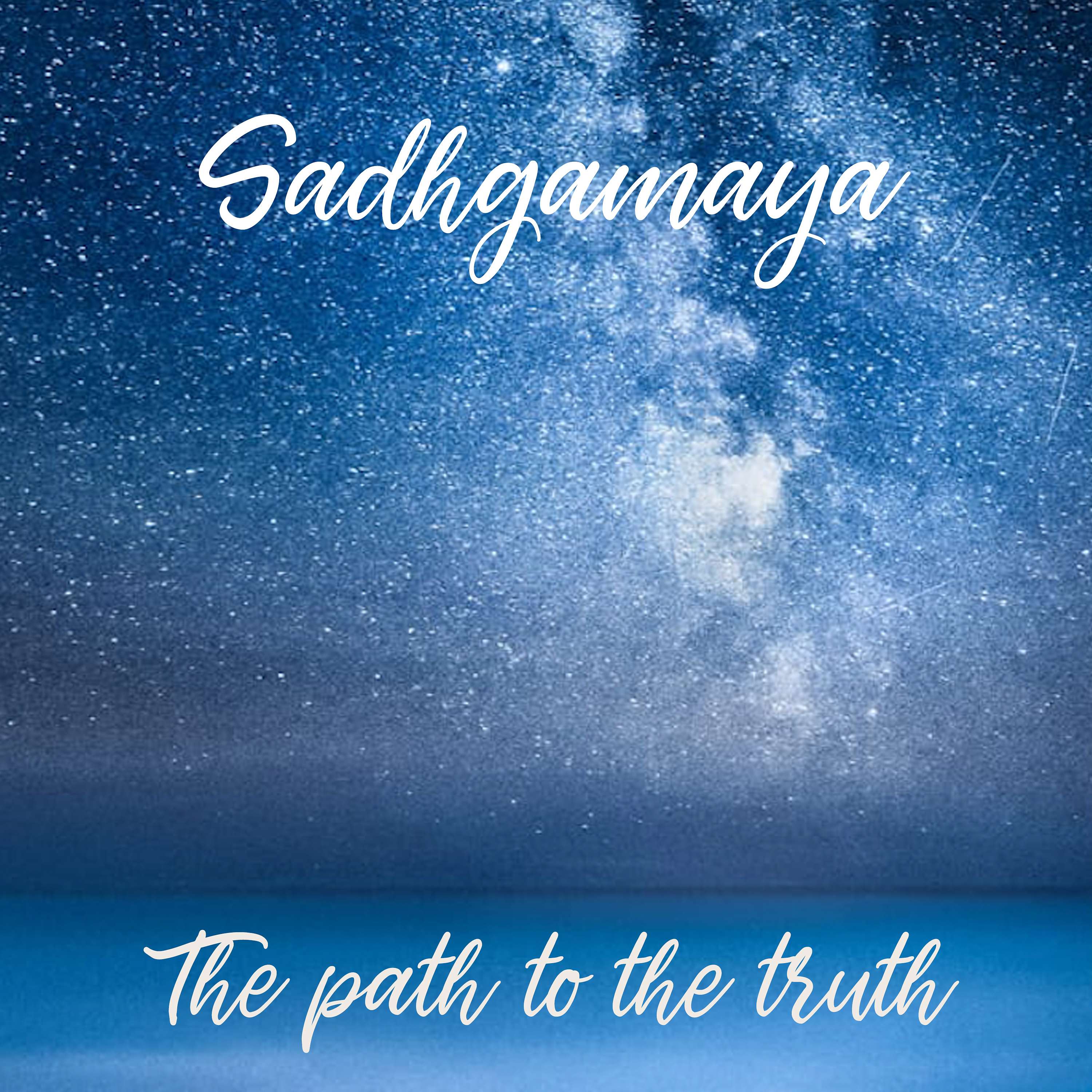 Malti Johari's Podcast4. Ashtavakr Geeta 8 to 17Once Janak attains the knowledge, he and Ashtavakr continue their dialogue about the path.2020-03-2308 min
Malti Johari's Podcast4. Ashtavakr Geeta 8 to 17Once Janak attains the knowledge, he and Ashtavakr continue their dialogue about the path.2020-03-2308 min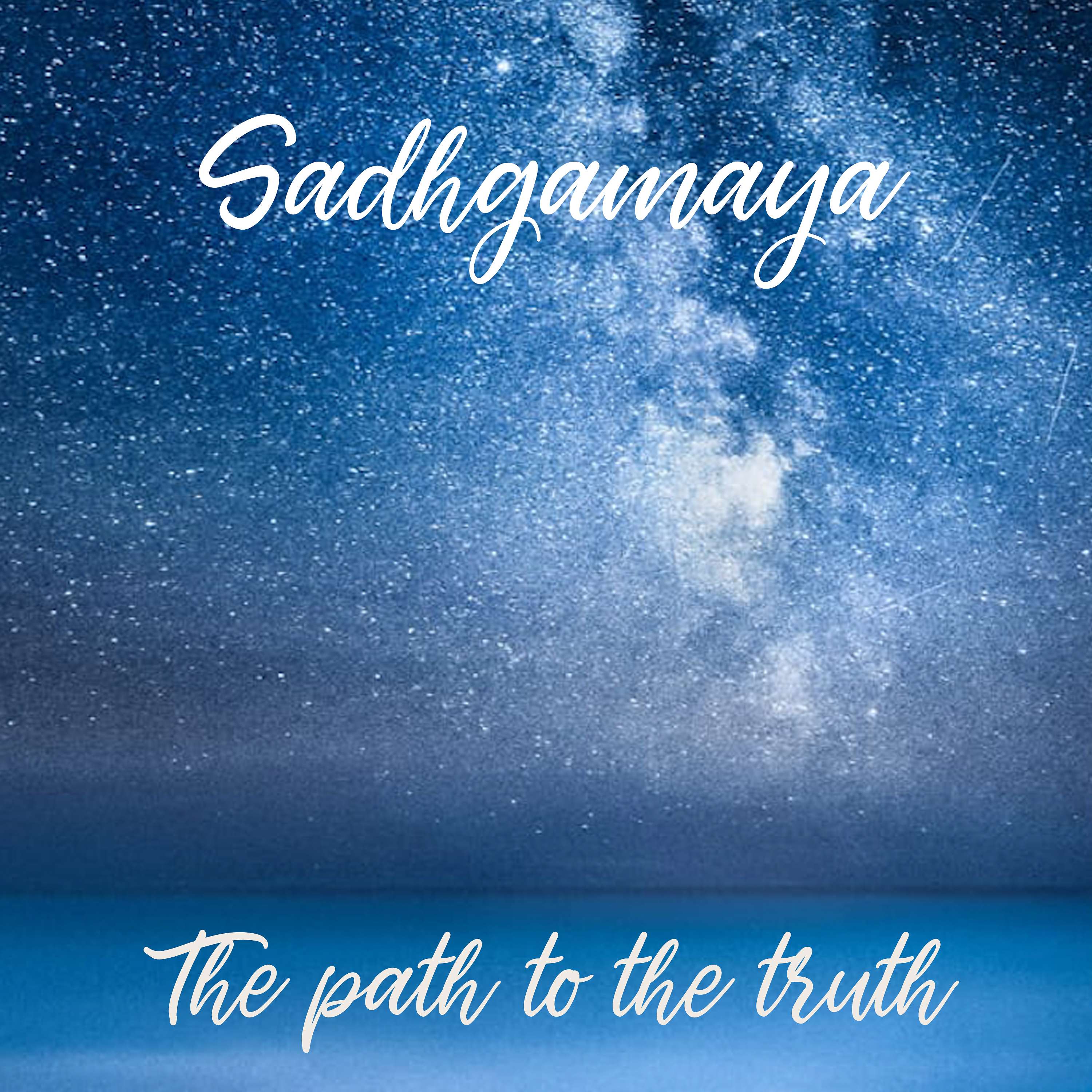 Malti Johari's Podcast3. Ashtavakr Geeta chapter 2 to 7Raja Janak informs hhis young teacher that he has understood his teachings.2020-03-2309 min
Malti Johari's Podcast3. Ashtavakr Geeta chapter 2 to 7Raja Janak informs hhis young teacher that he has understood his teachings.2020-03-2309 min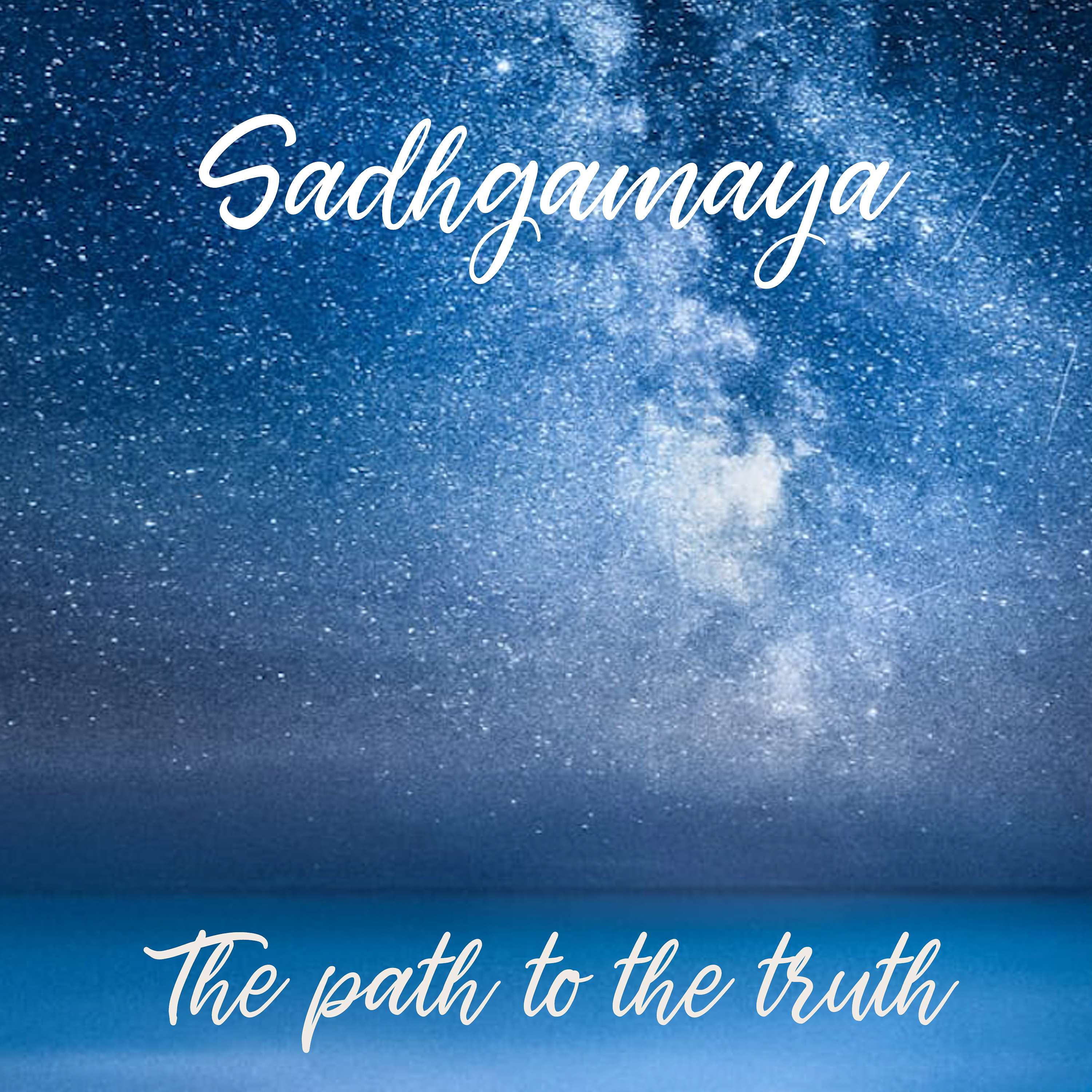 Malti Johari's Podcast2. Ashtavakr Geeta Chapter 1Raja Janak asks a question on how to gain knowledge and wisdom to achieve Nirvana. Ashtavakr explains to him the way of living, through which he can achieve a simple, happy, peaceful and free life.2020-03-2307 min
Malti Johari's Podcast2. Ashtavakr Geeta Chapter 1Raja Janak asks a question on how to gain knowledge and wisdom to achieve Nirvana. Ashtavakr explains to him the way of living, through which he can achieve a simple, happy, peaceful and free life.2020-03-2307 min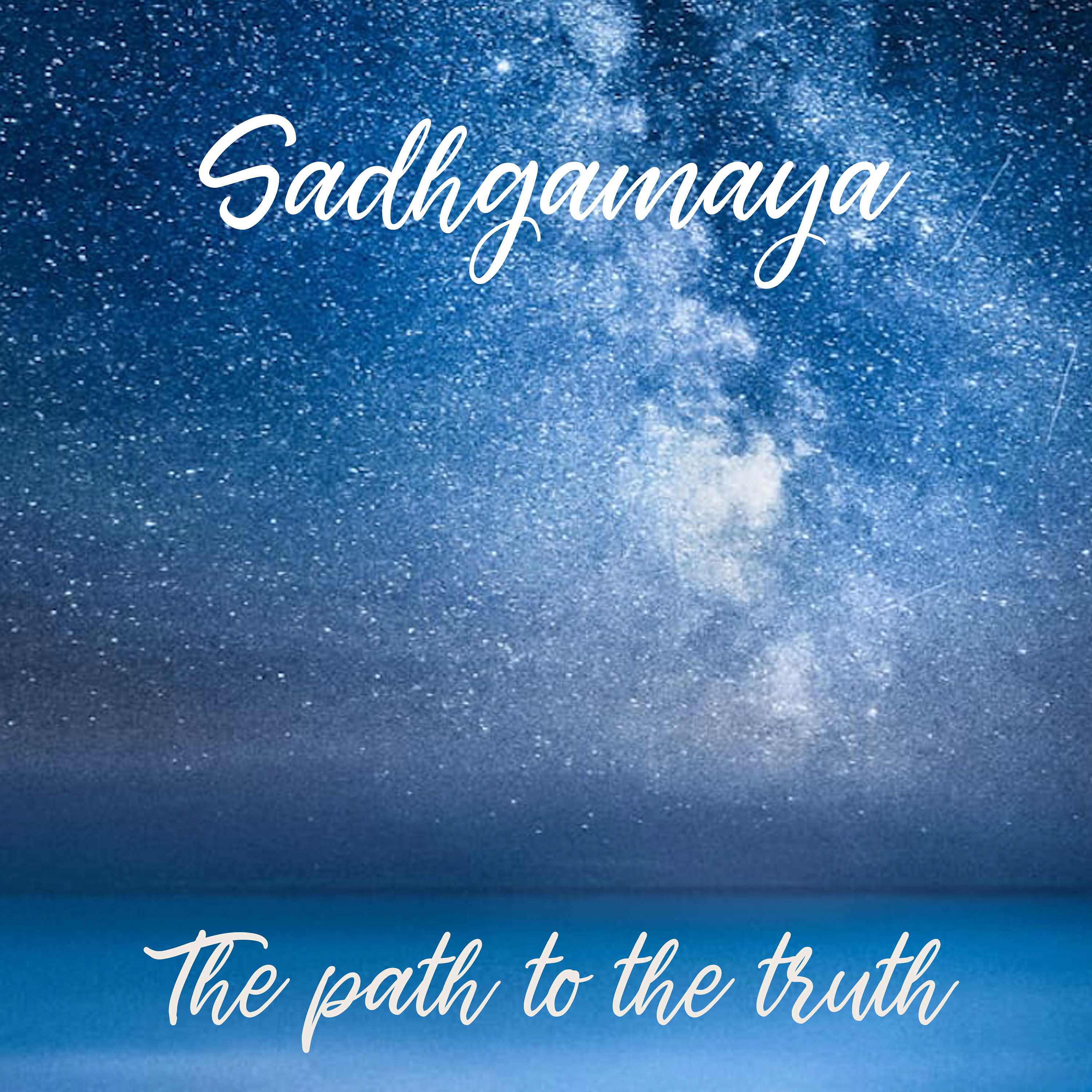 Malti Johari's Podcast1. Ashtavakr Geeta Introduction12 year old Ashtavakr, son of Kahor rishi, becomes the guru (teacher) of King Janak, and shows him the path to nirvana.2020-03-2307 min
Malti Johari's Podcast1. Ashtavakr Geeta Introduction12 year old Ashtavakr, son of Kahor rishi, becomes the guru (teacher) of King Janak, and shows him the path to nirvana.2020-03-2307 min